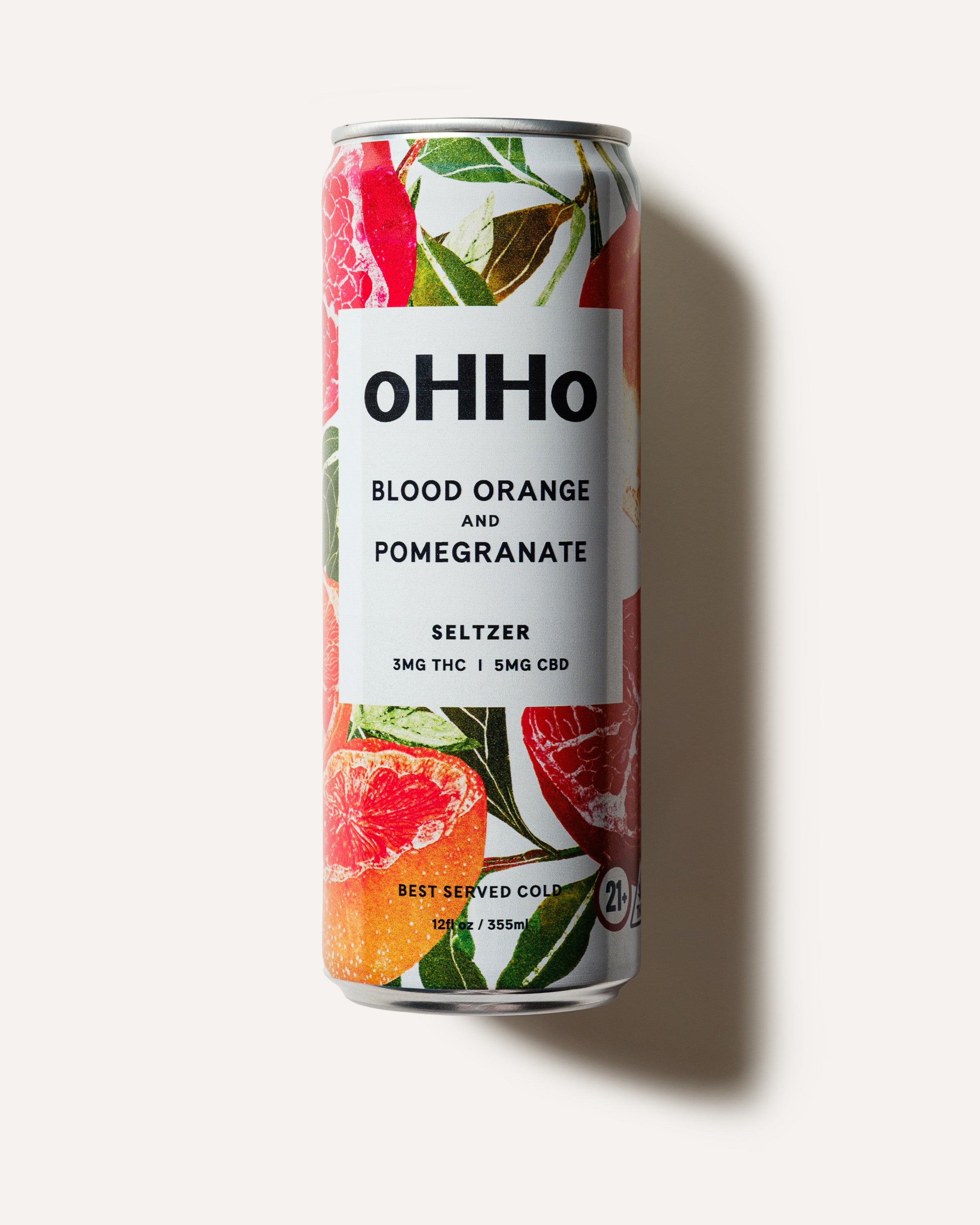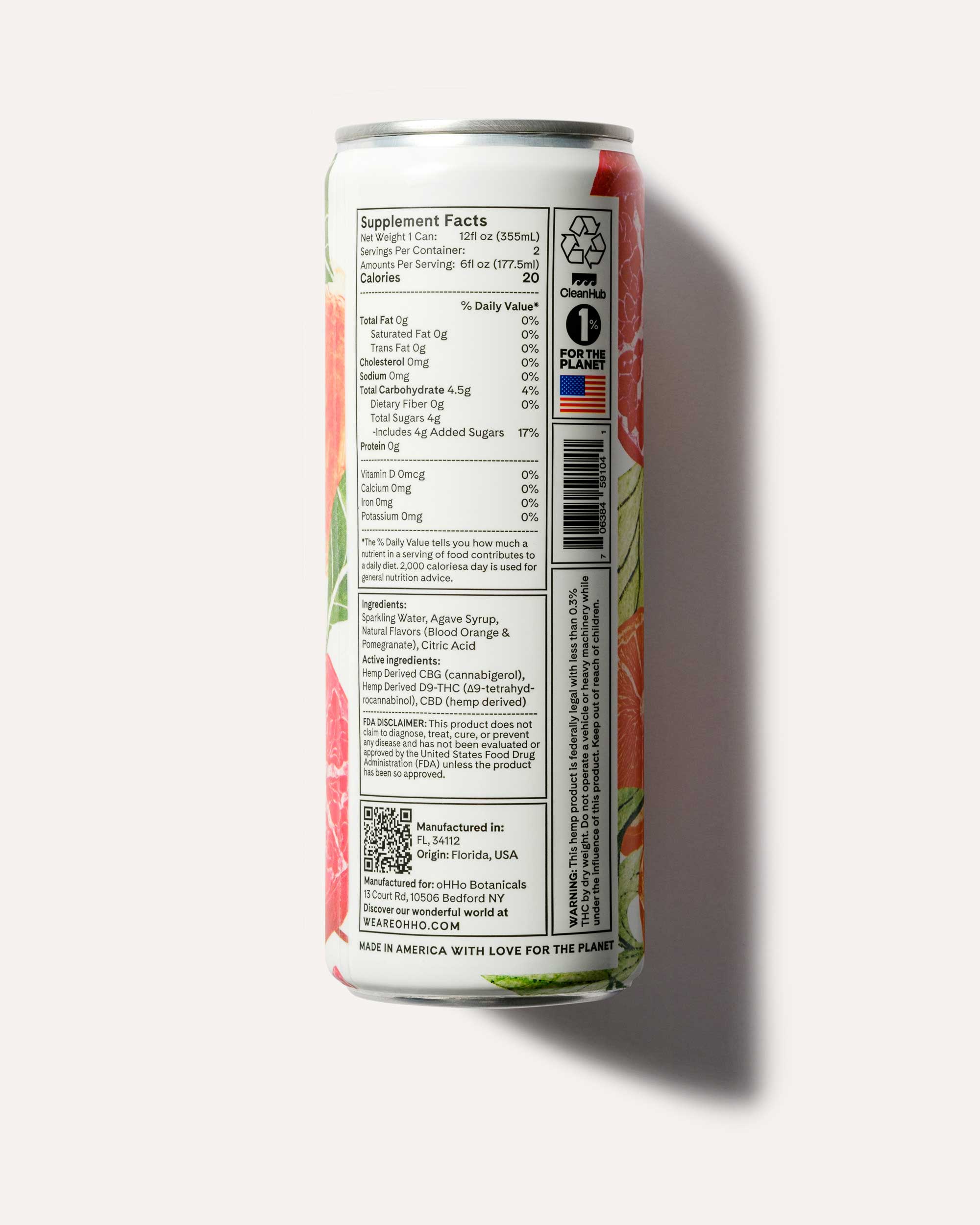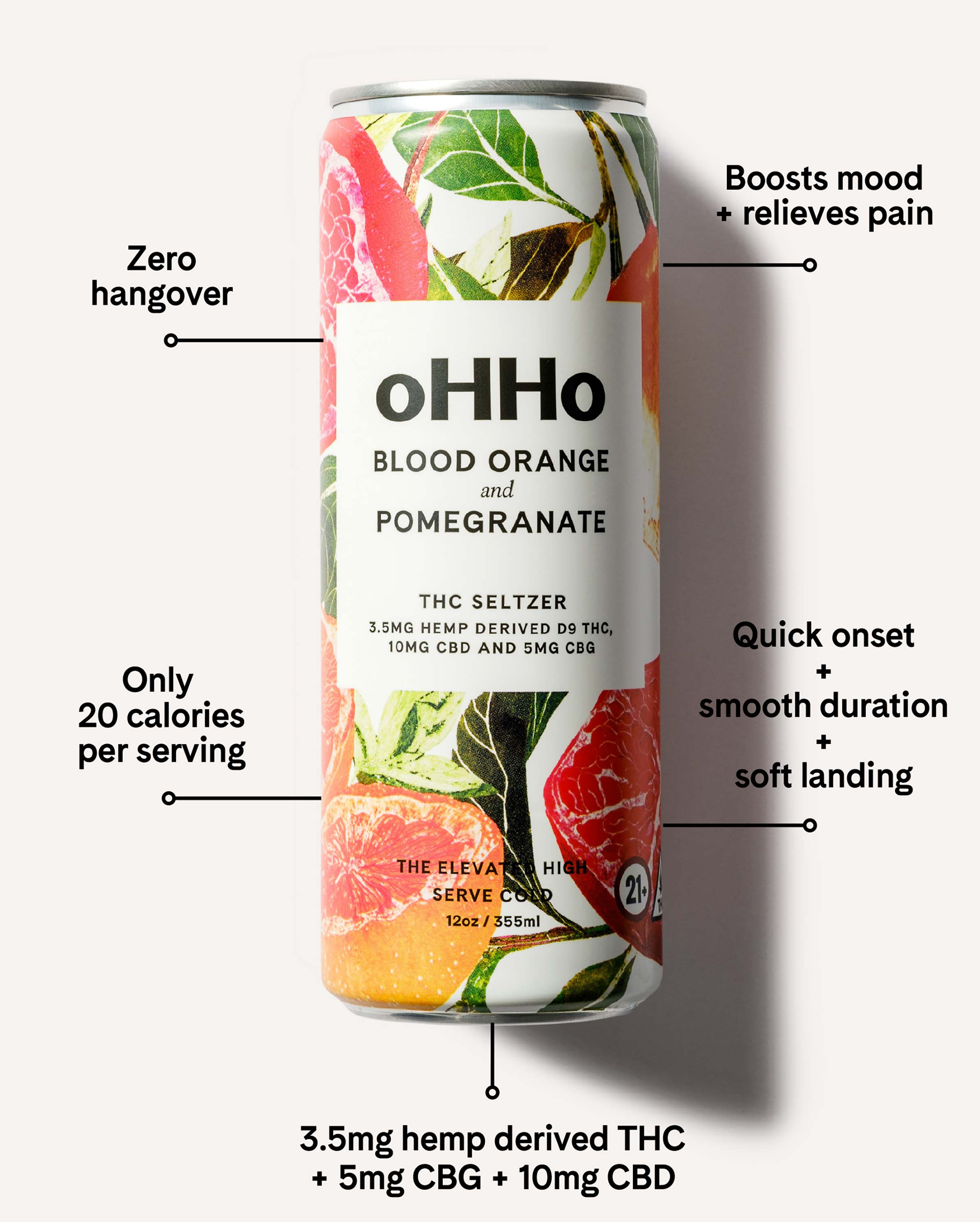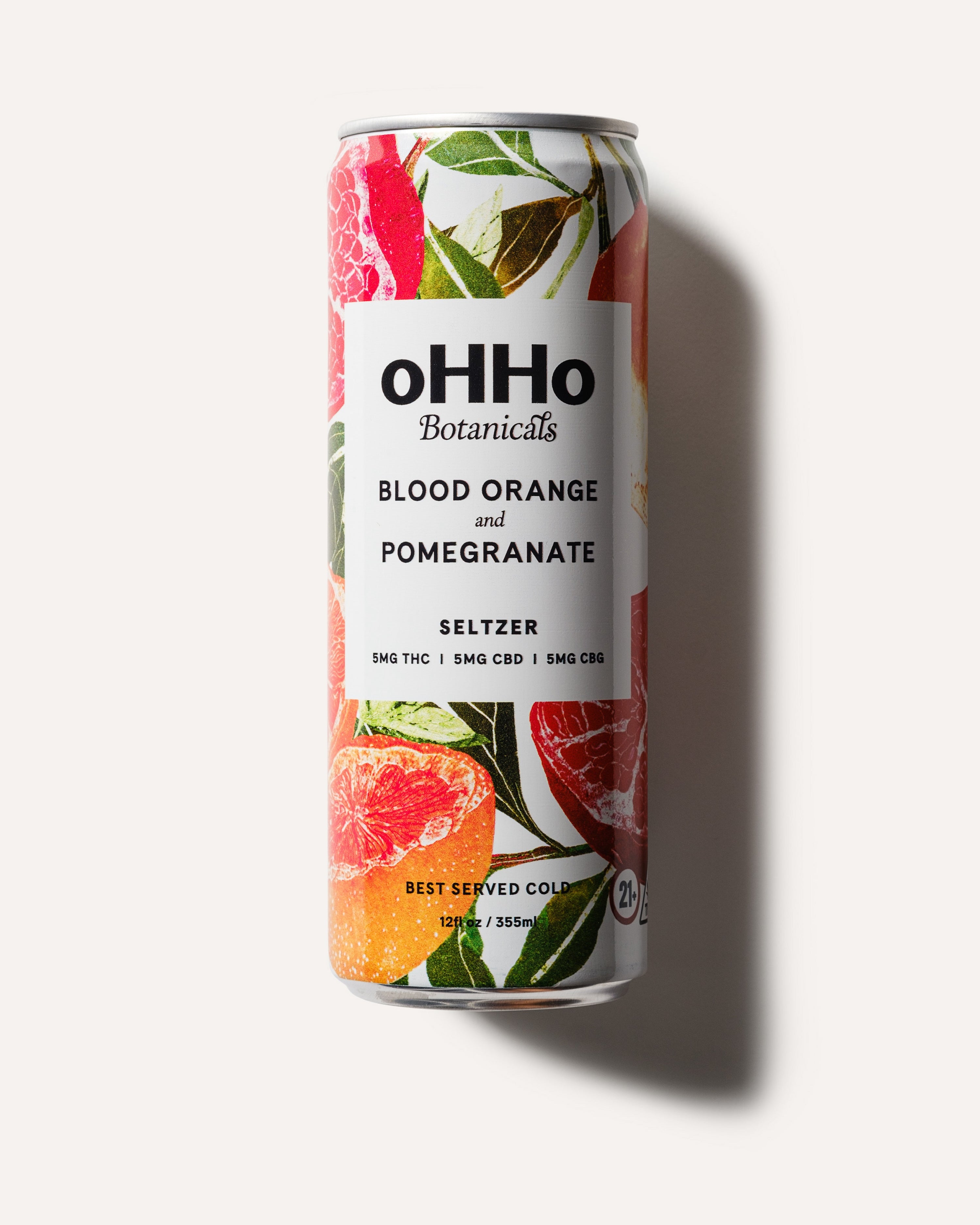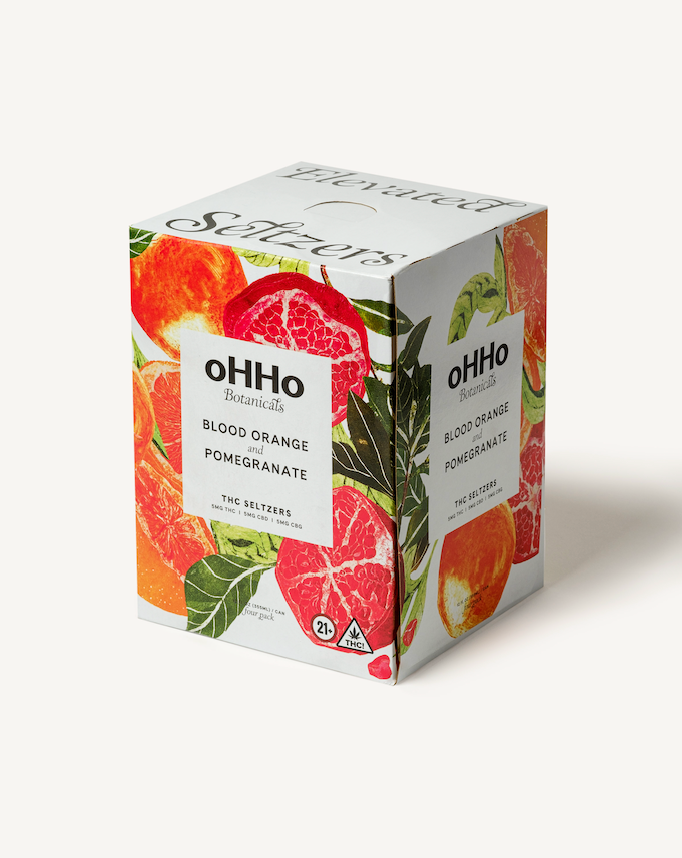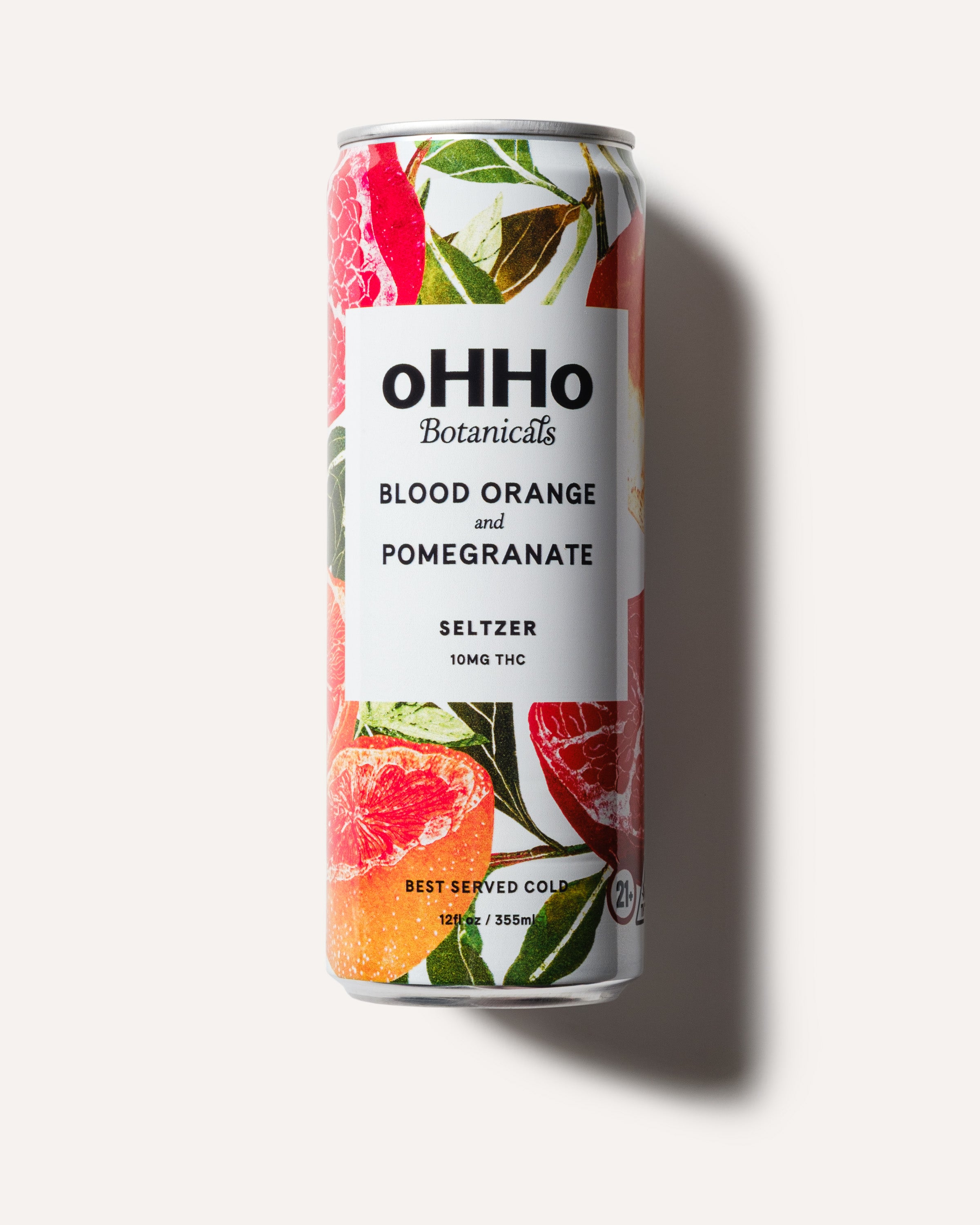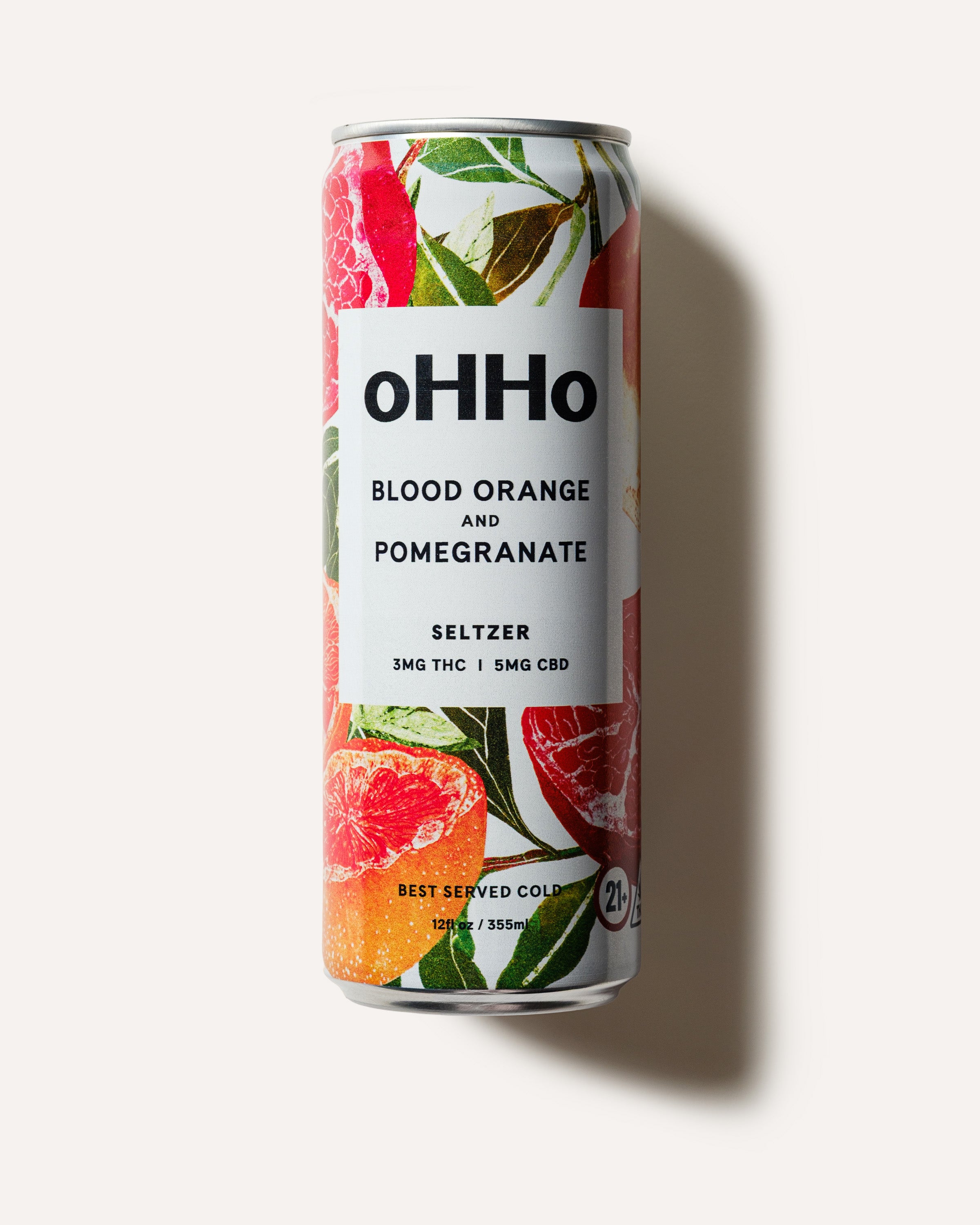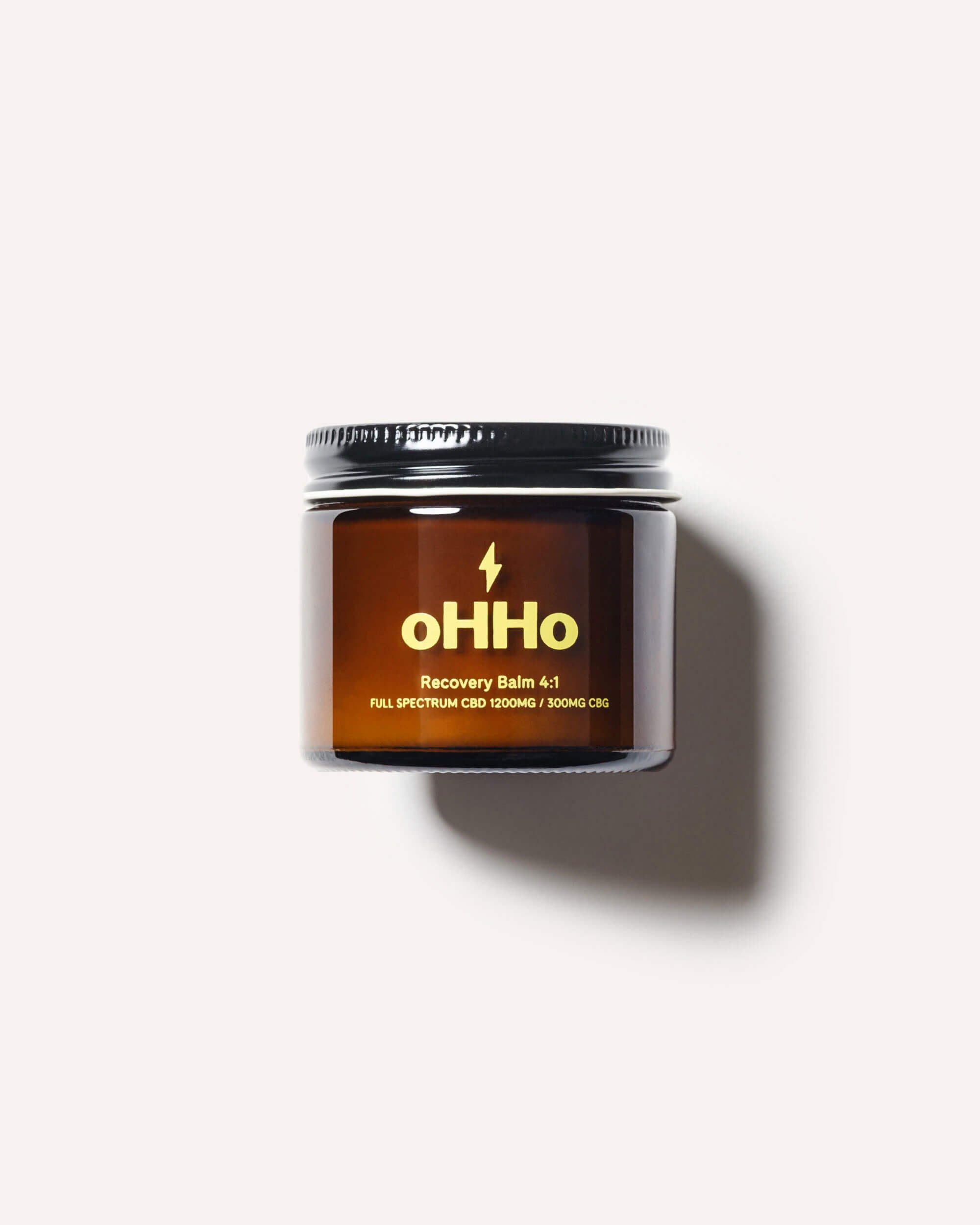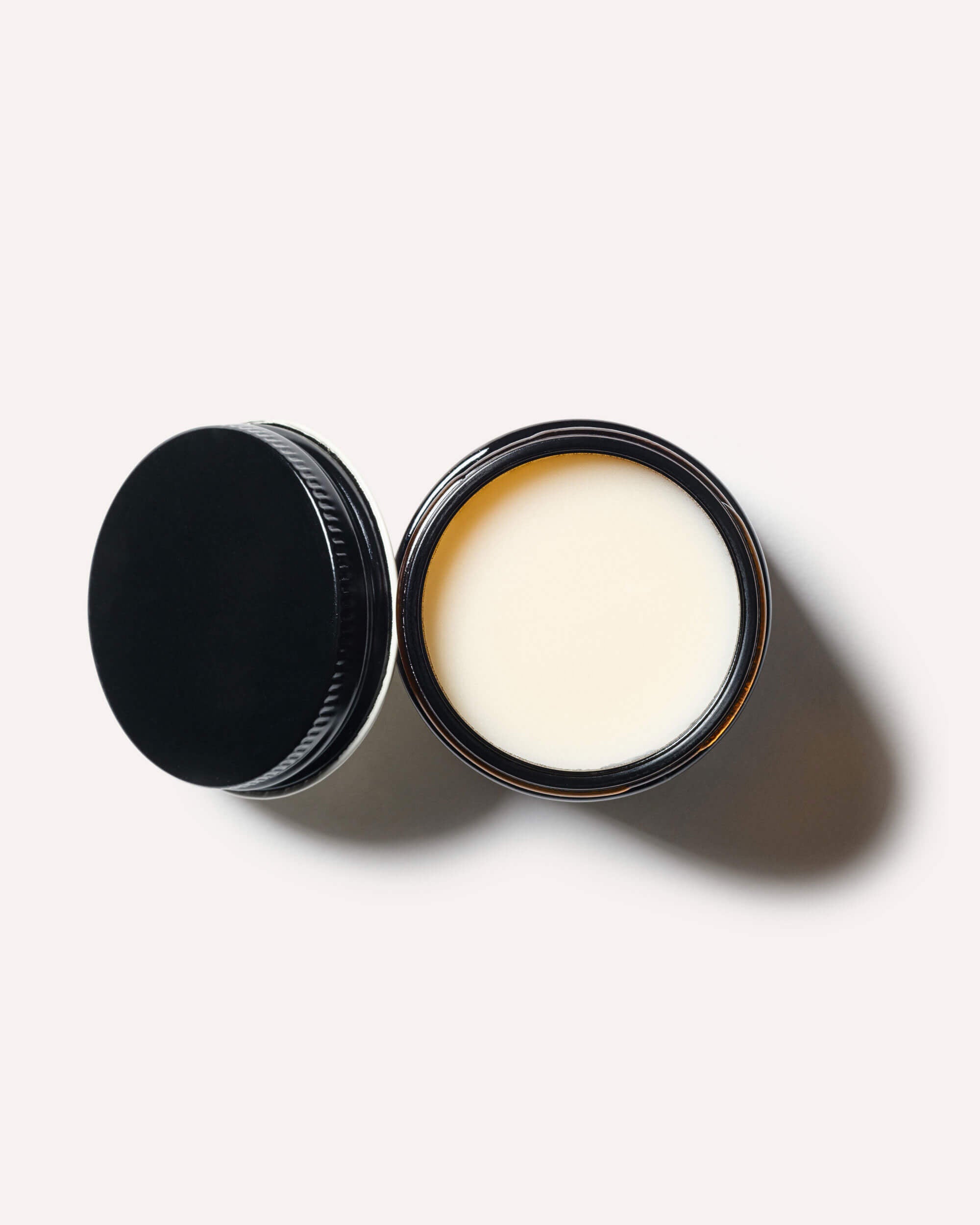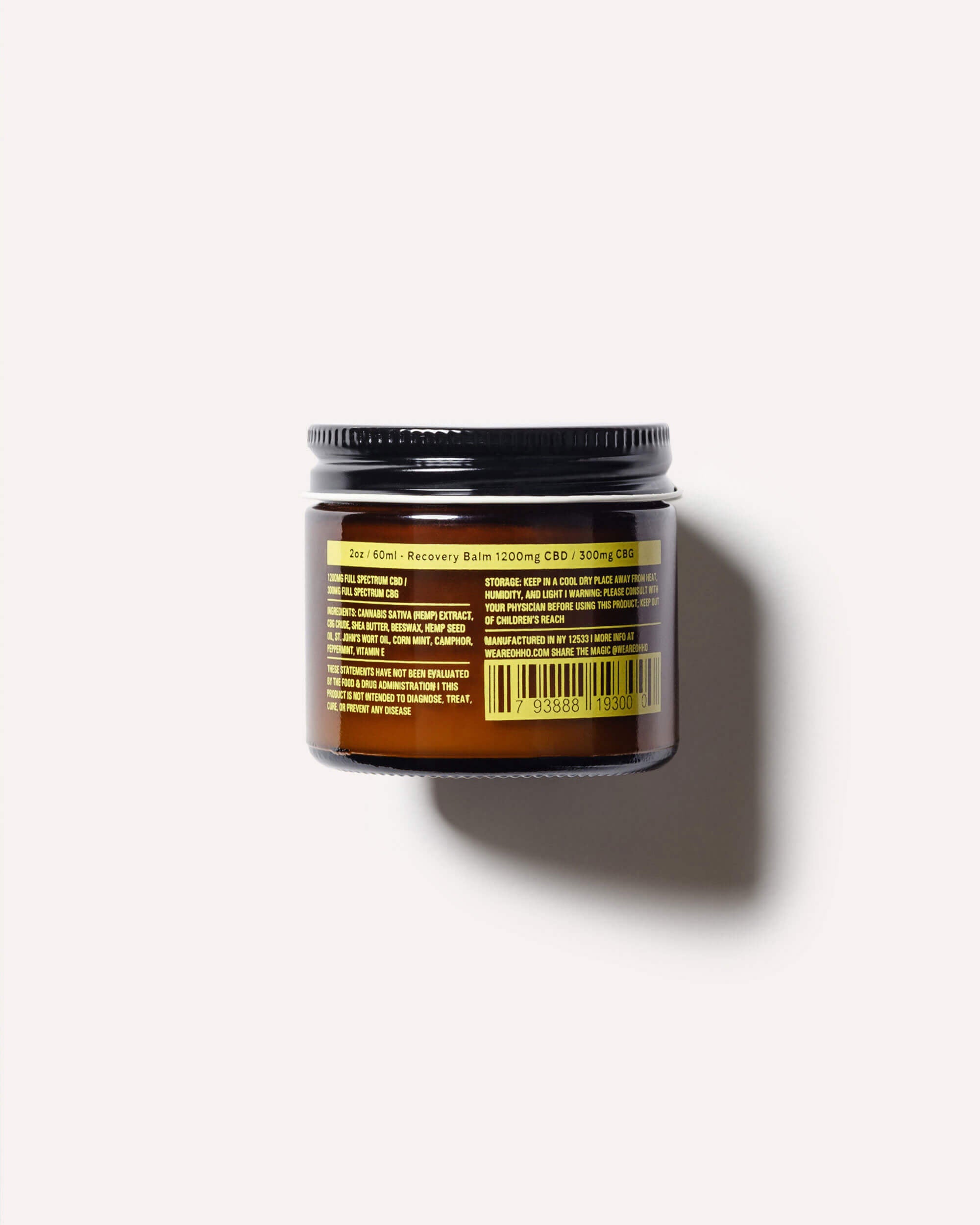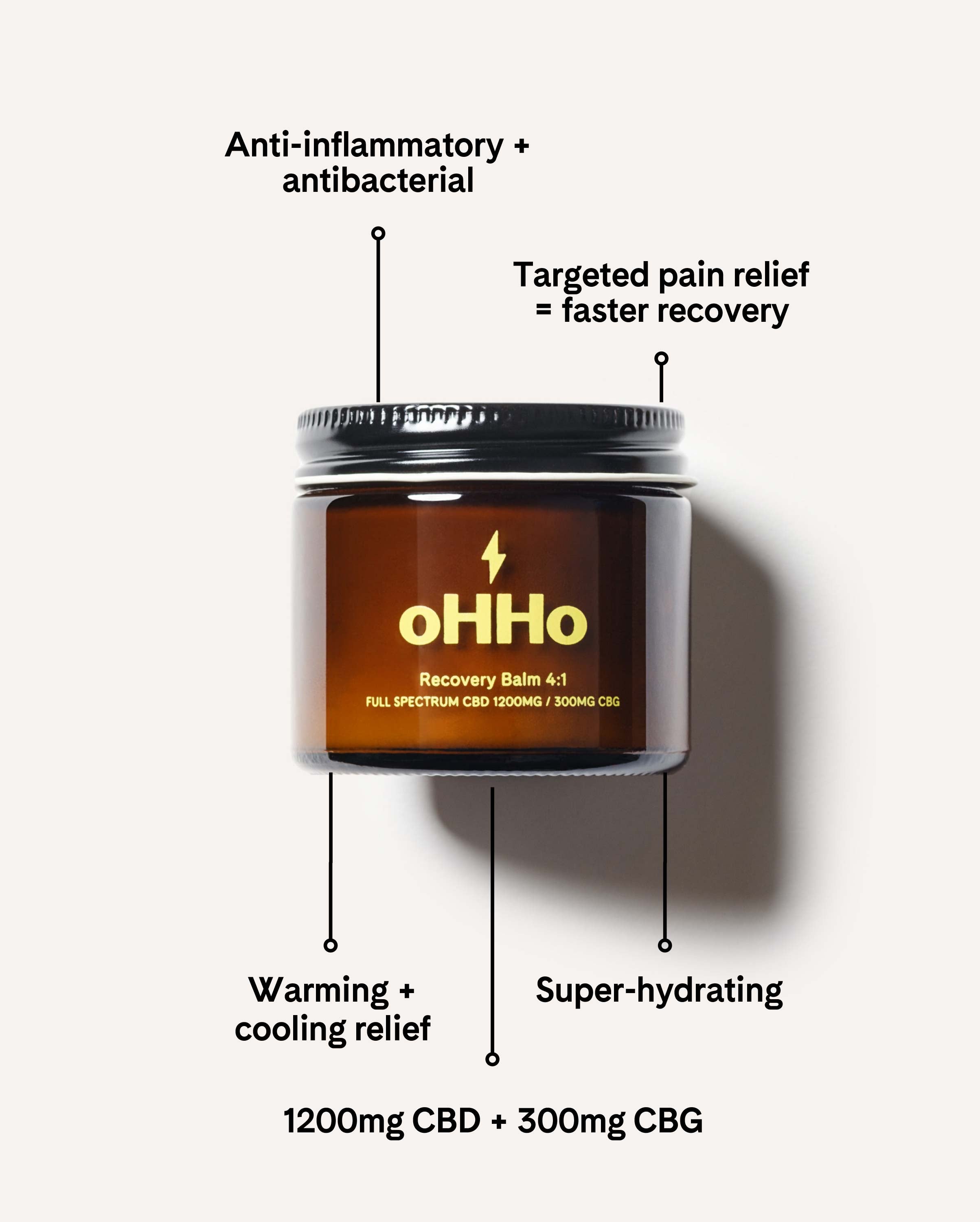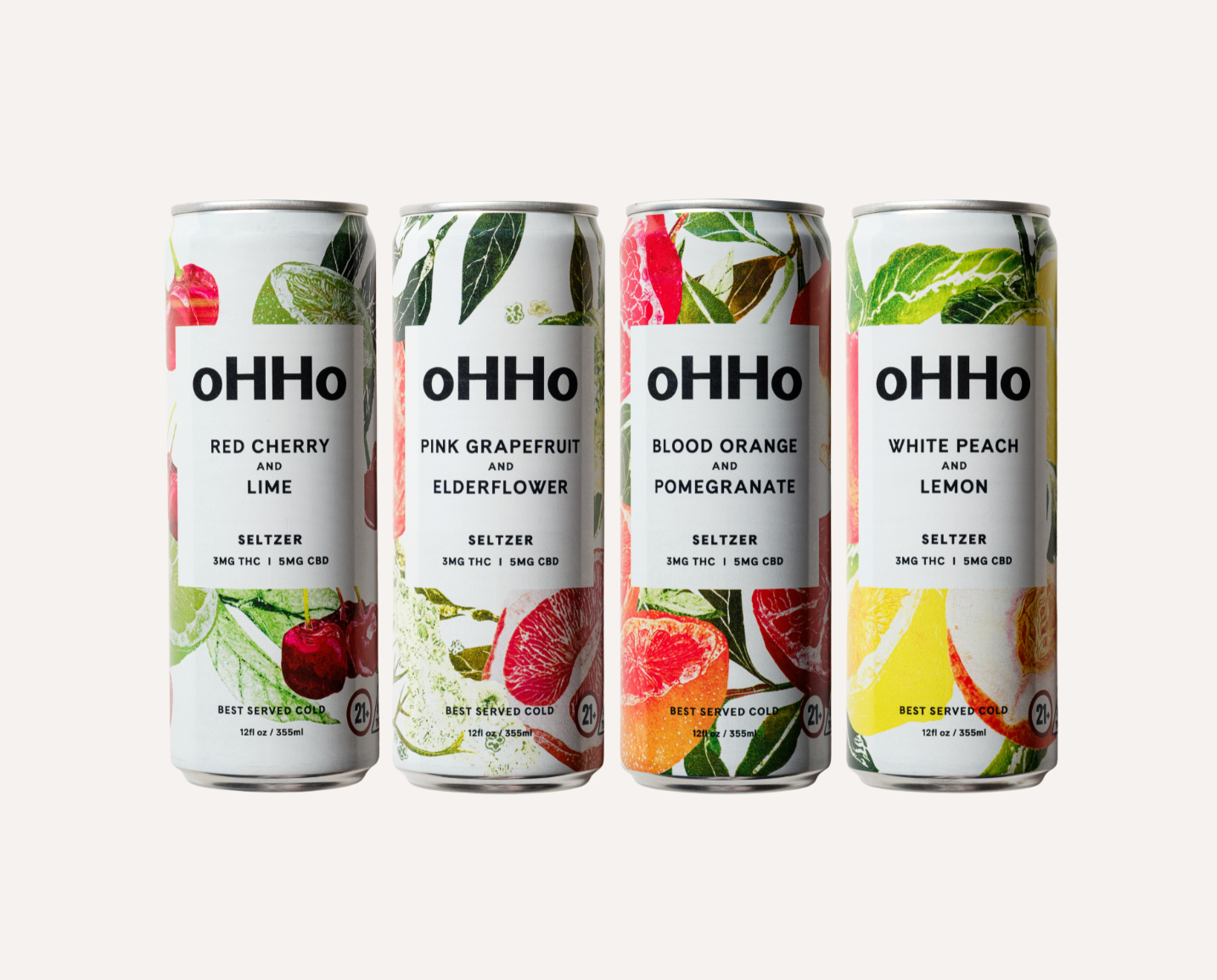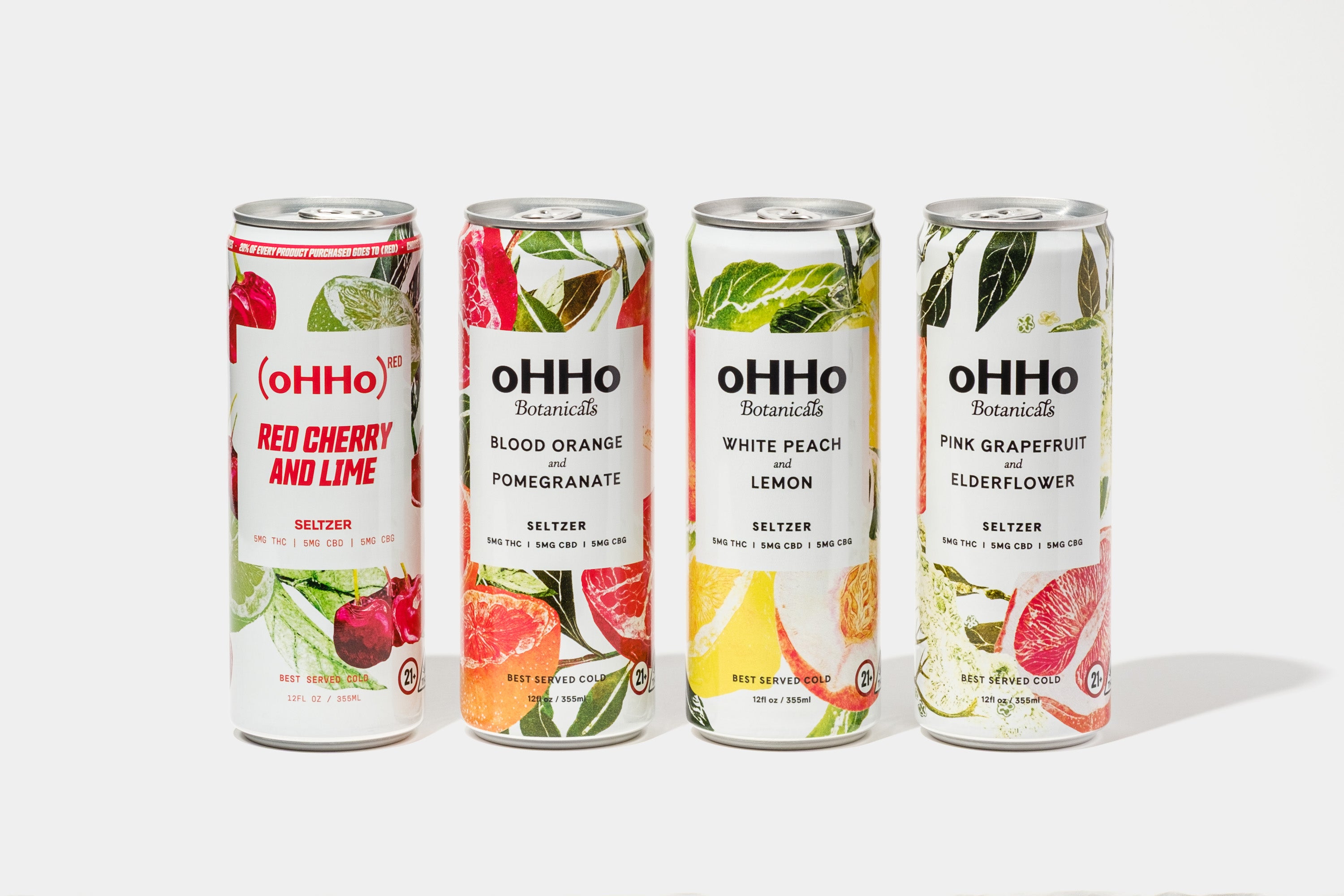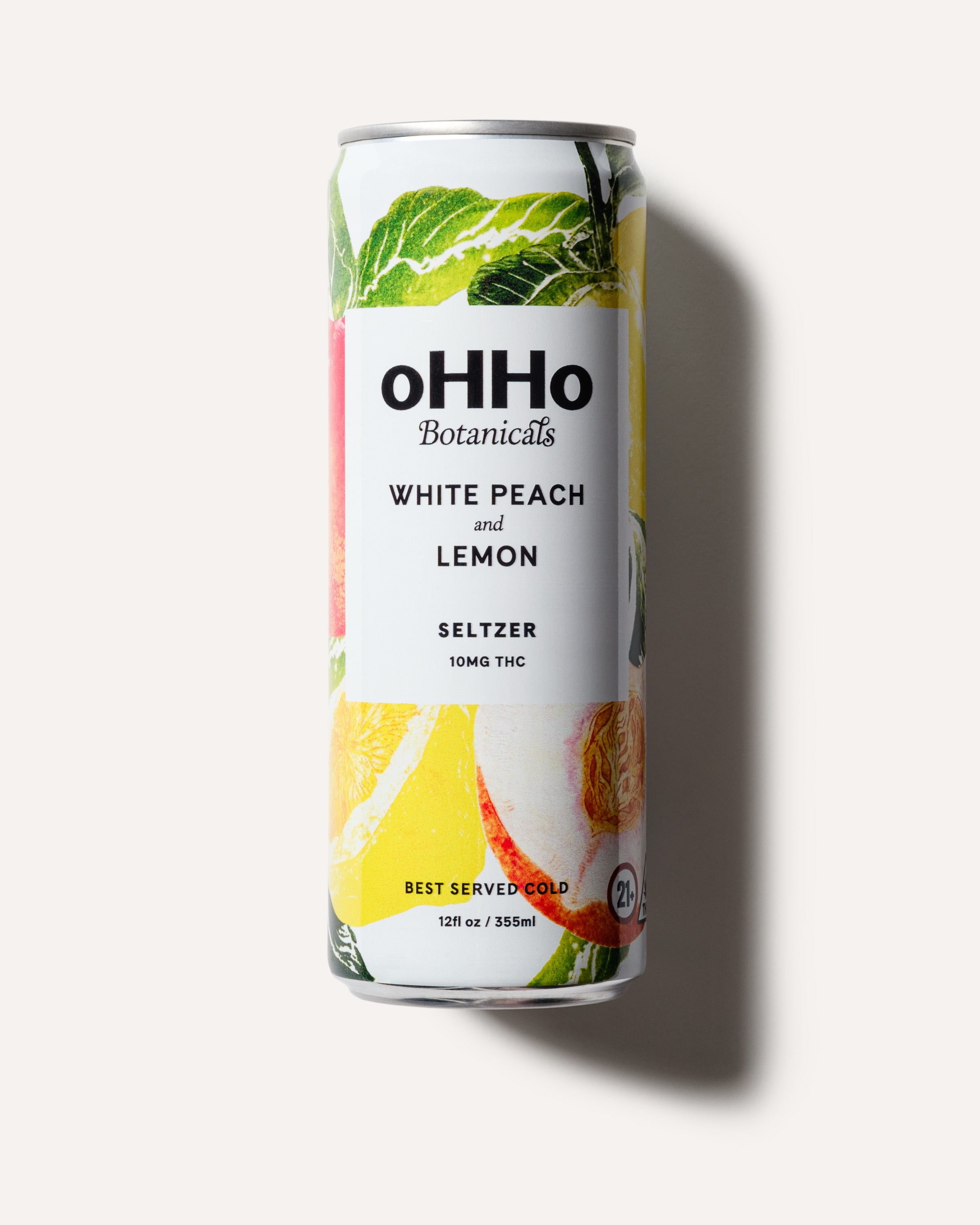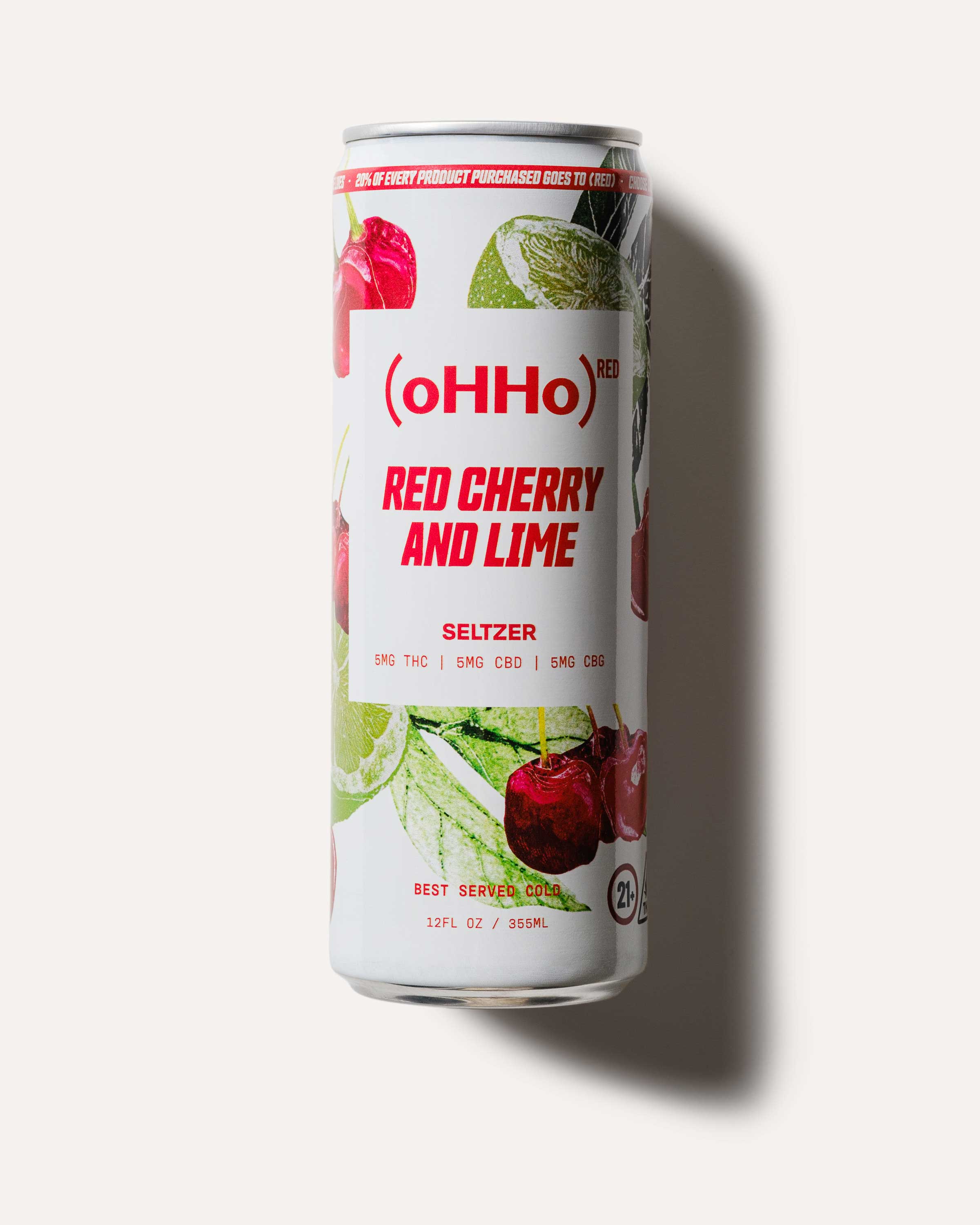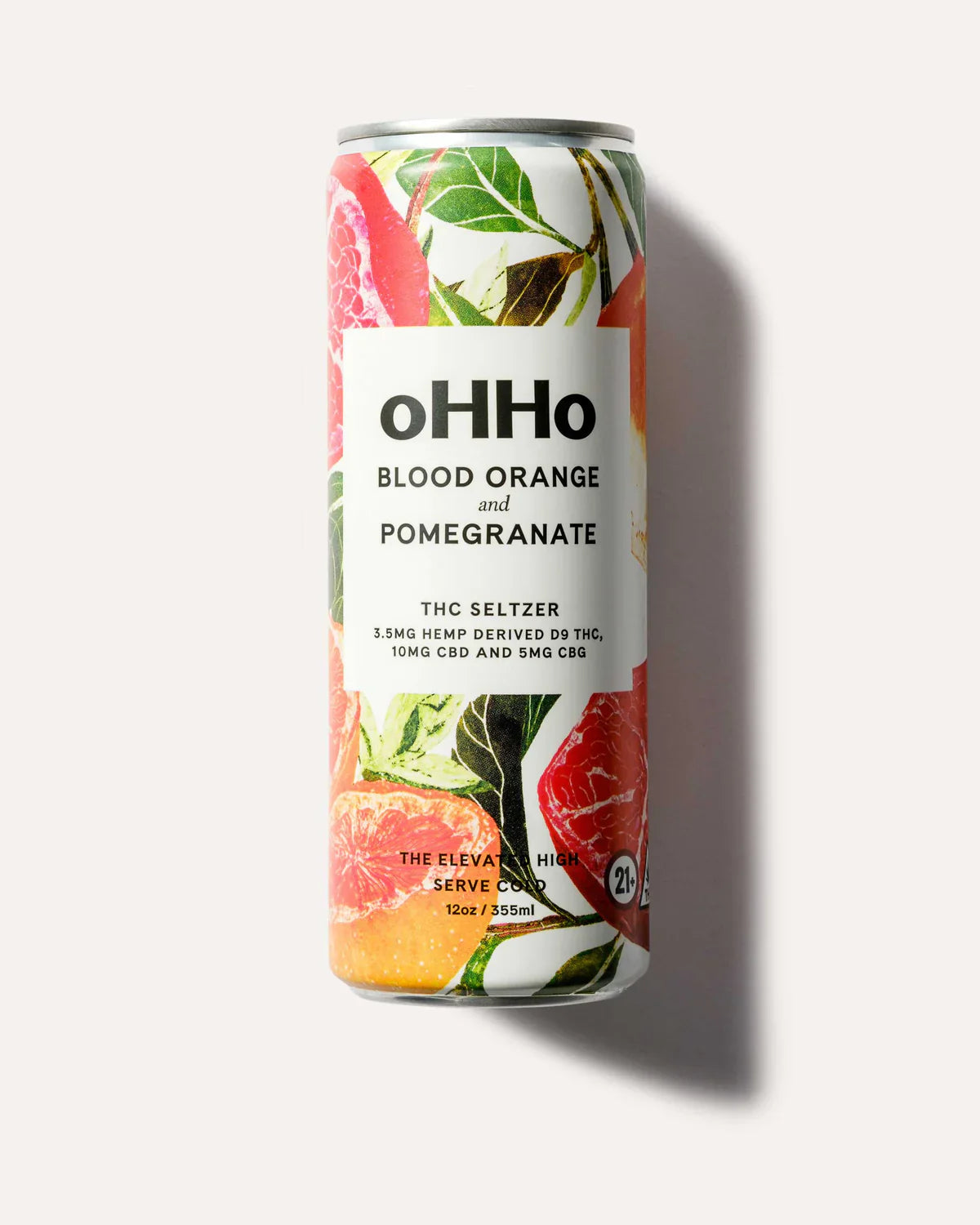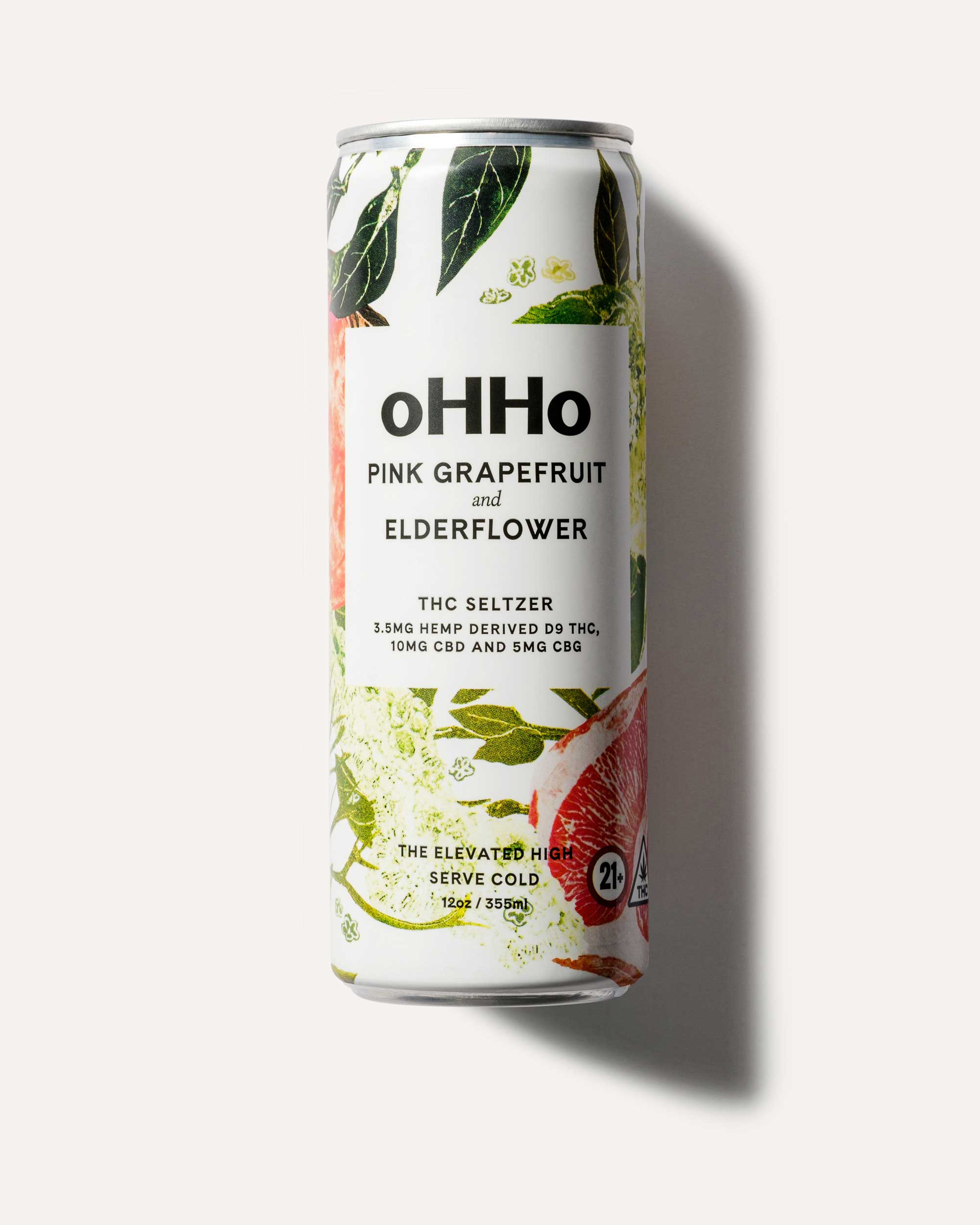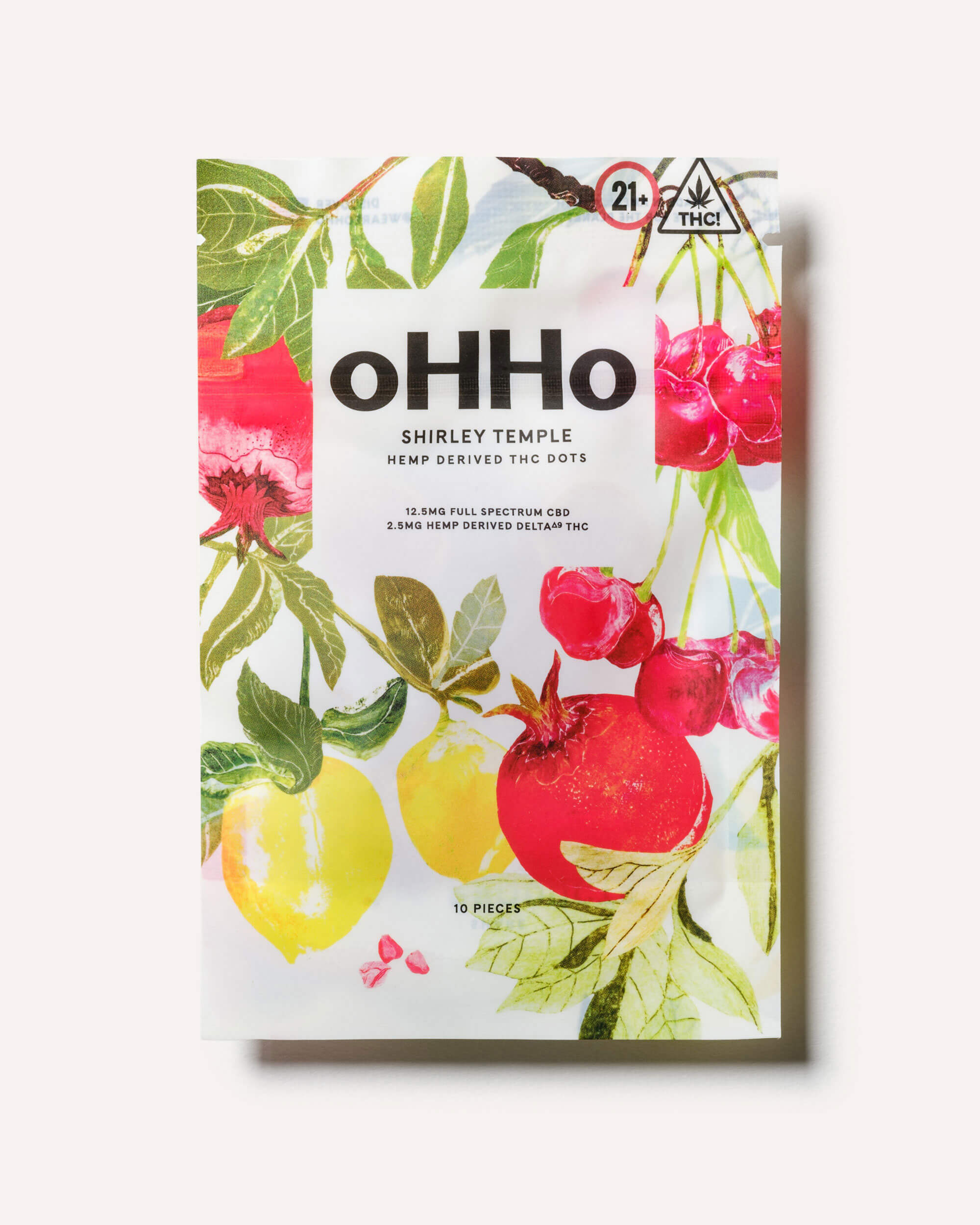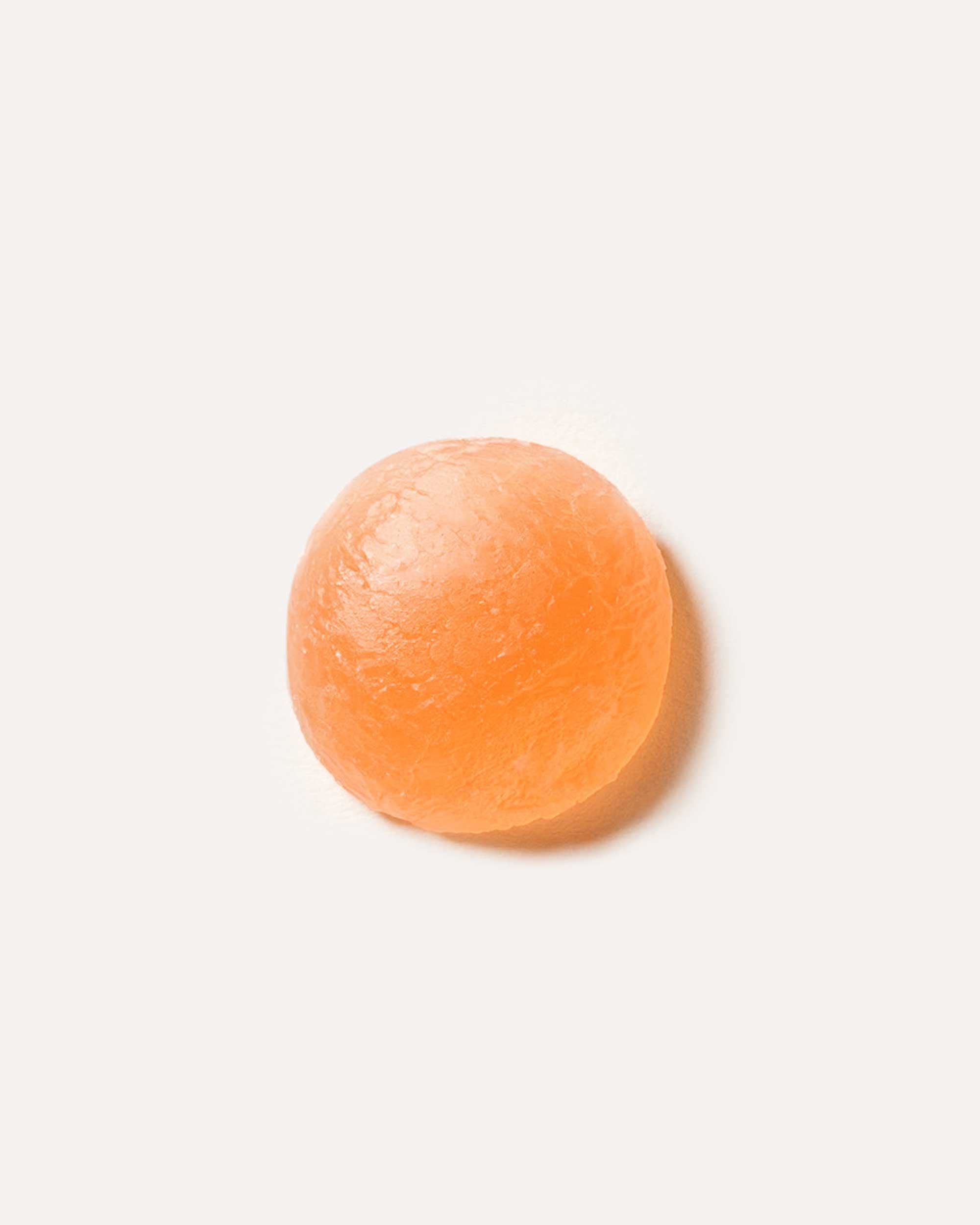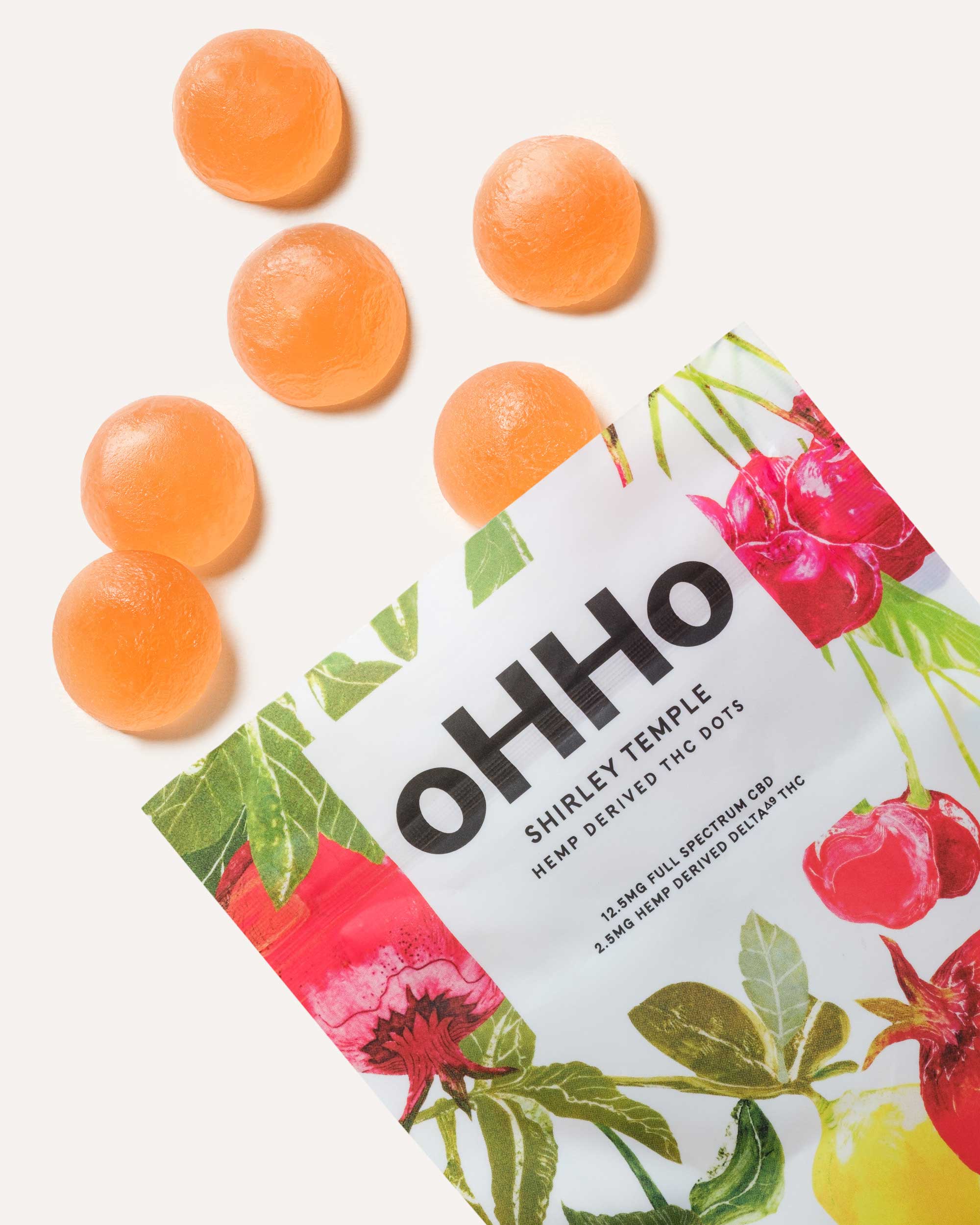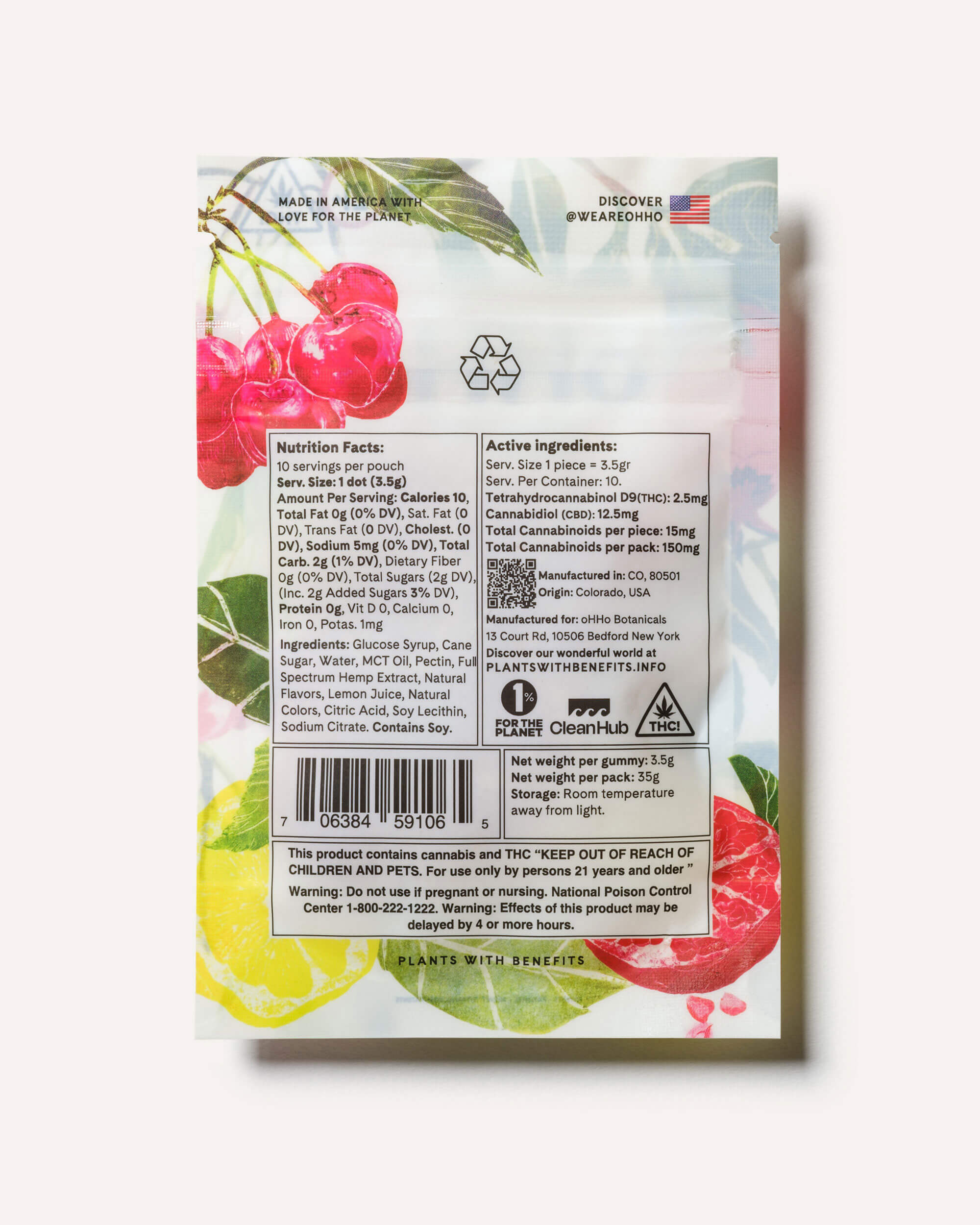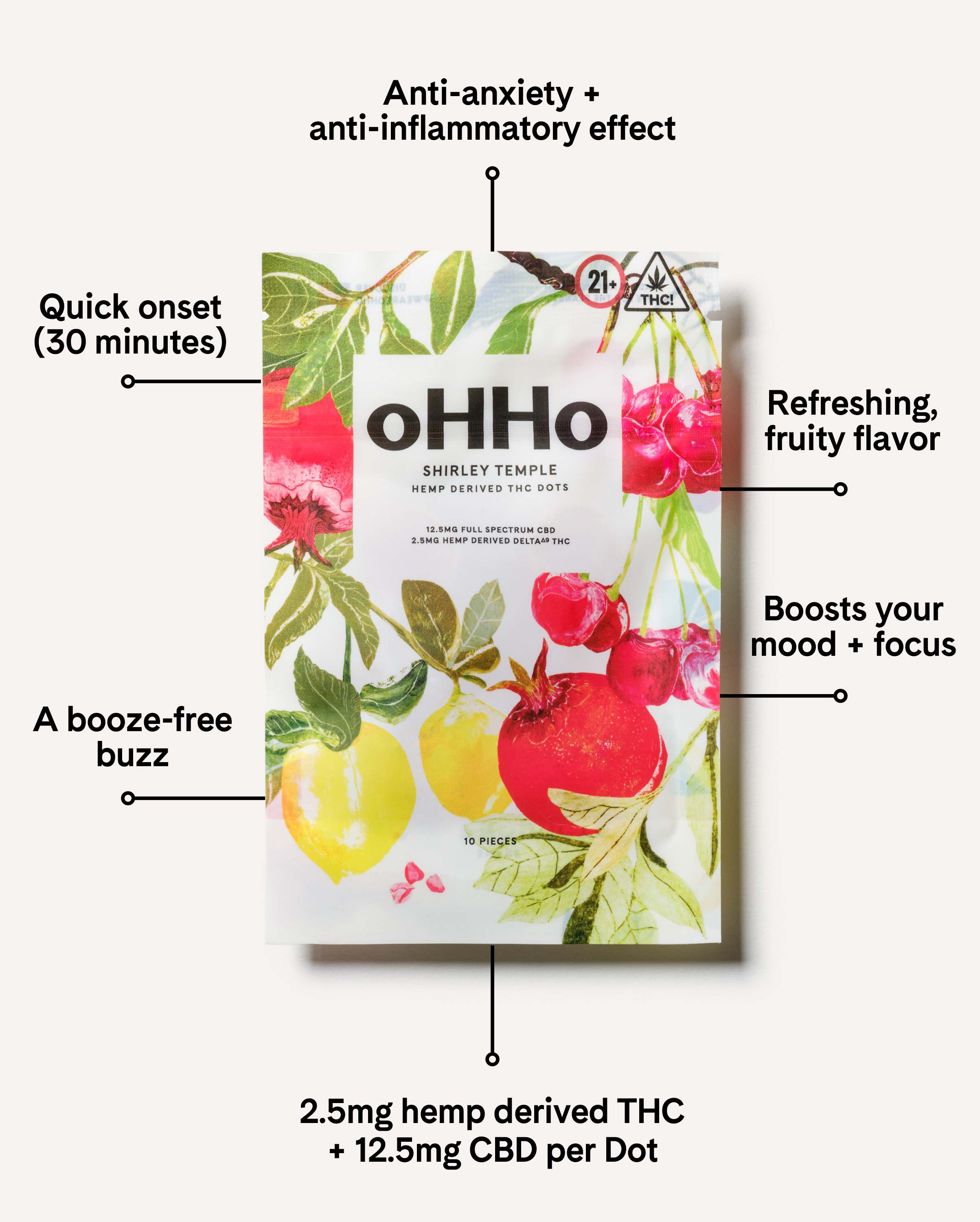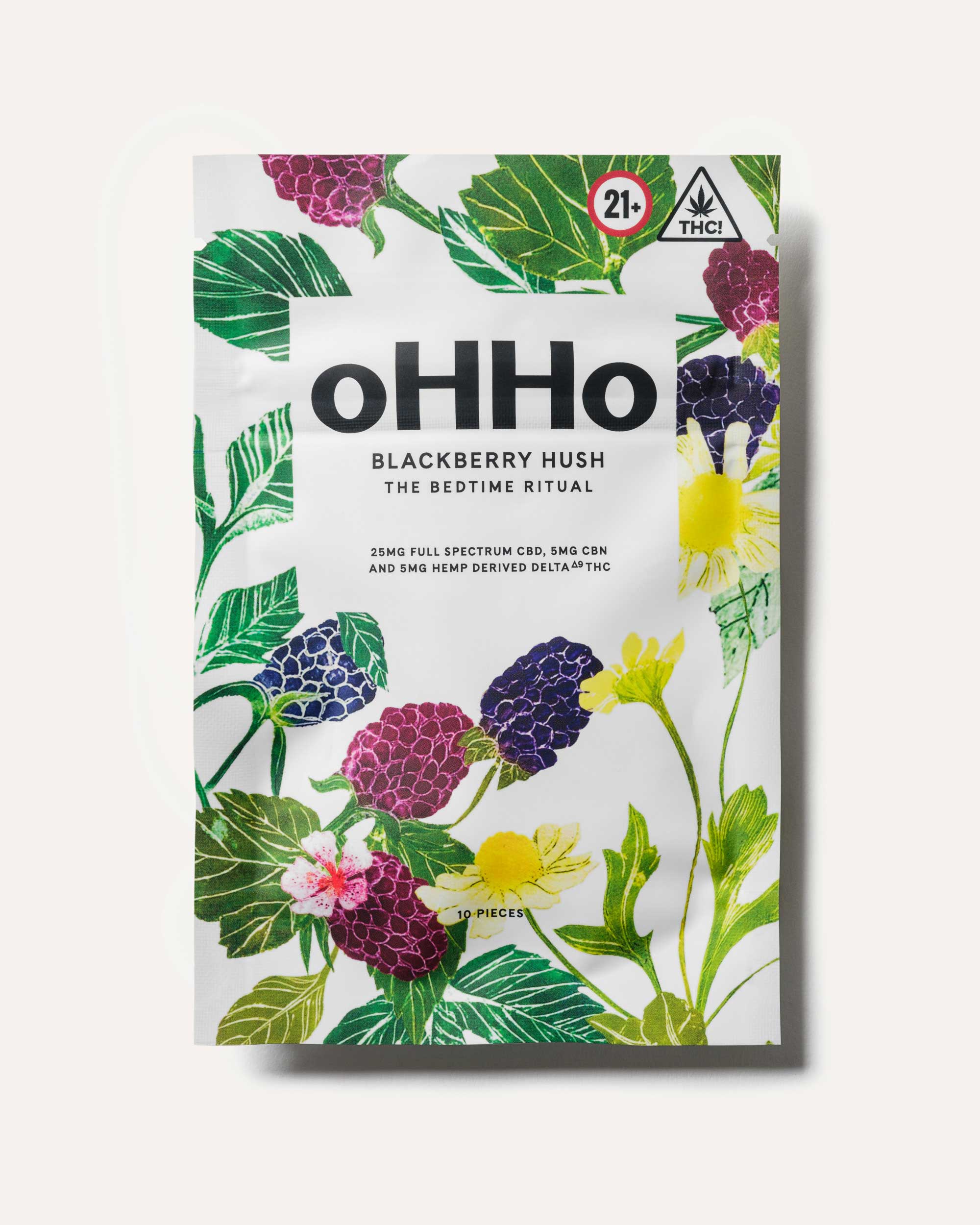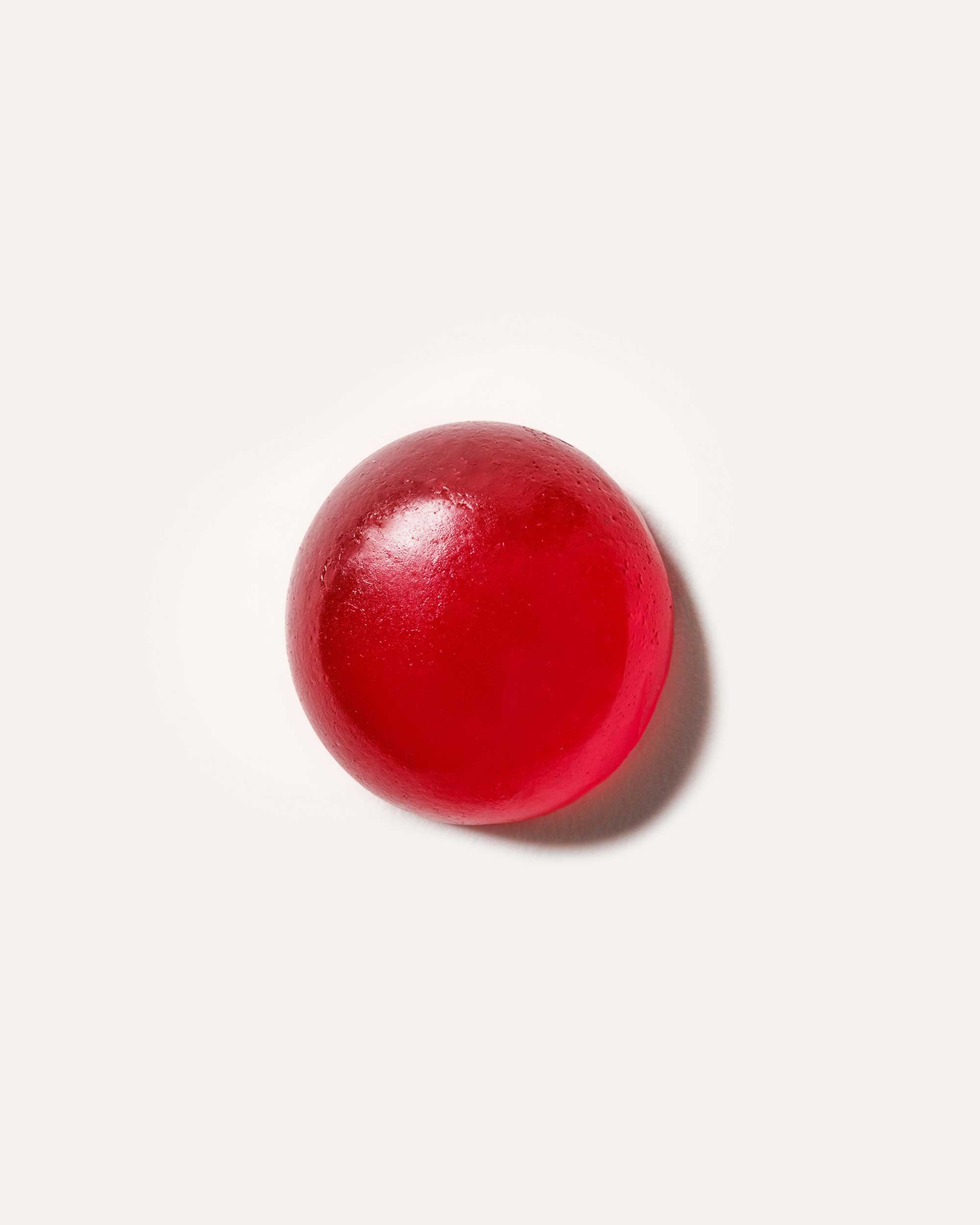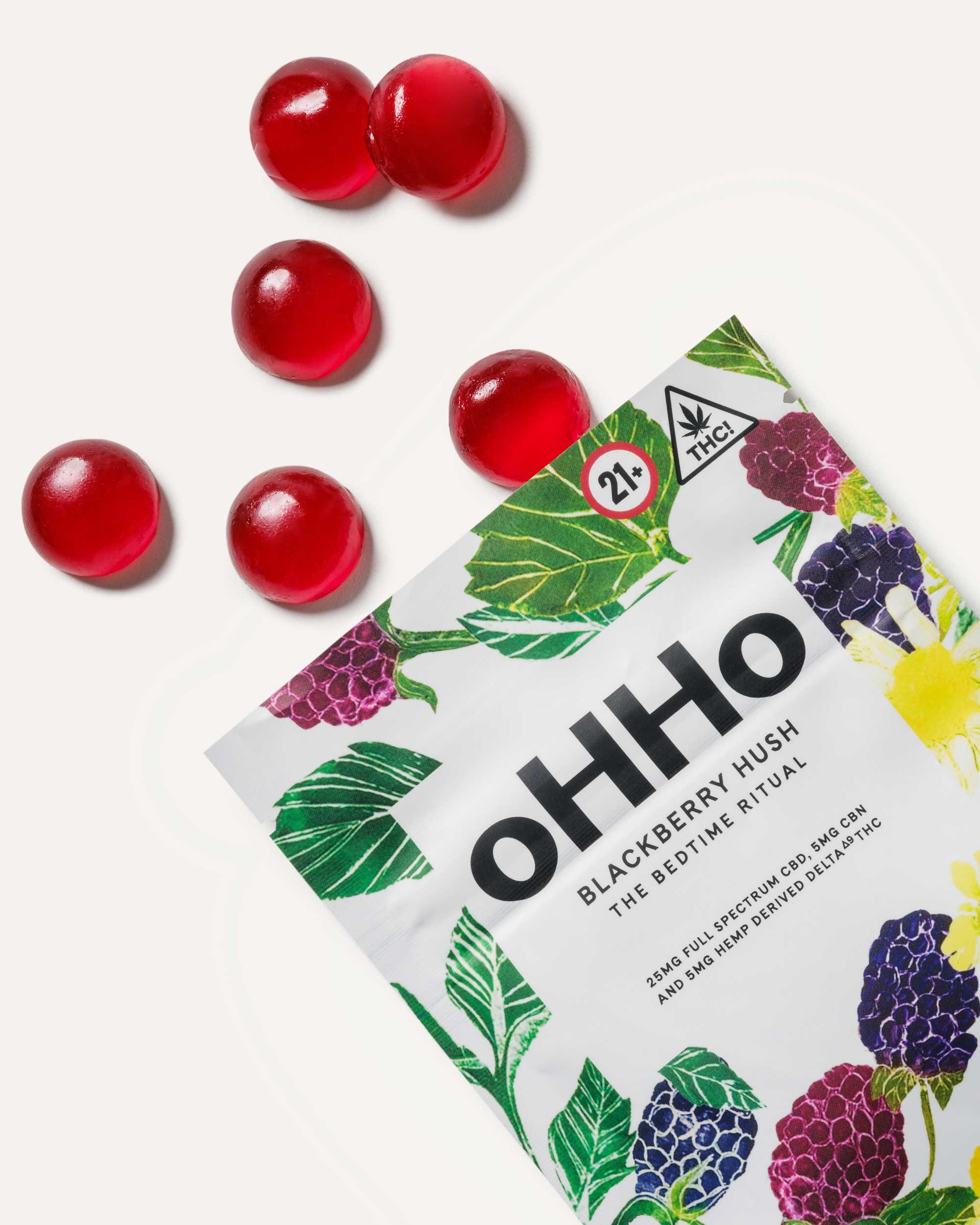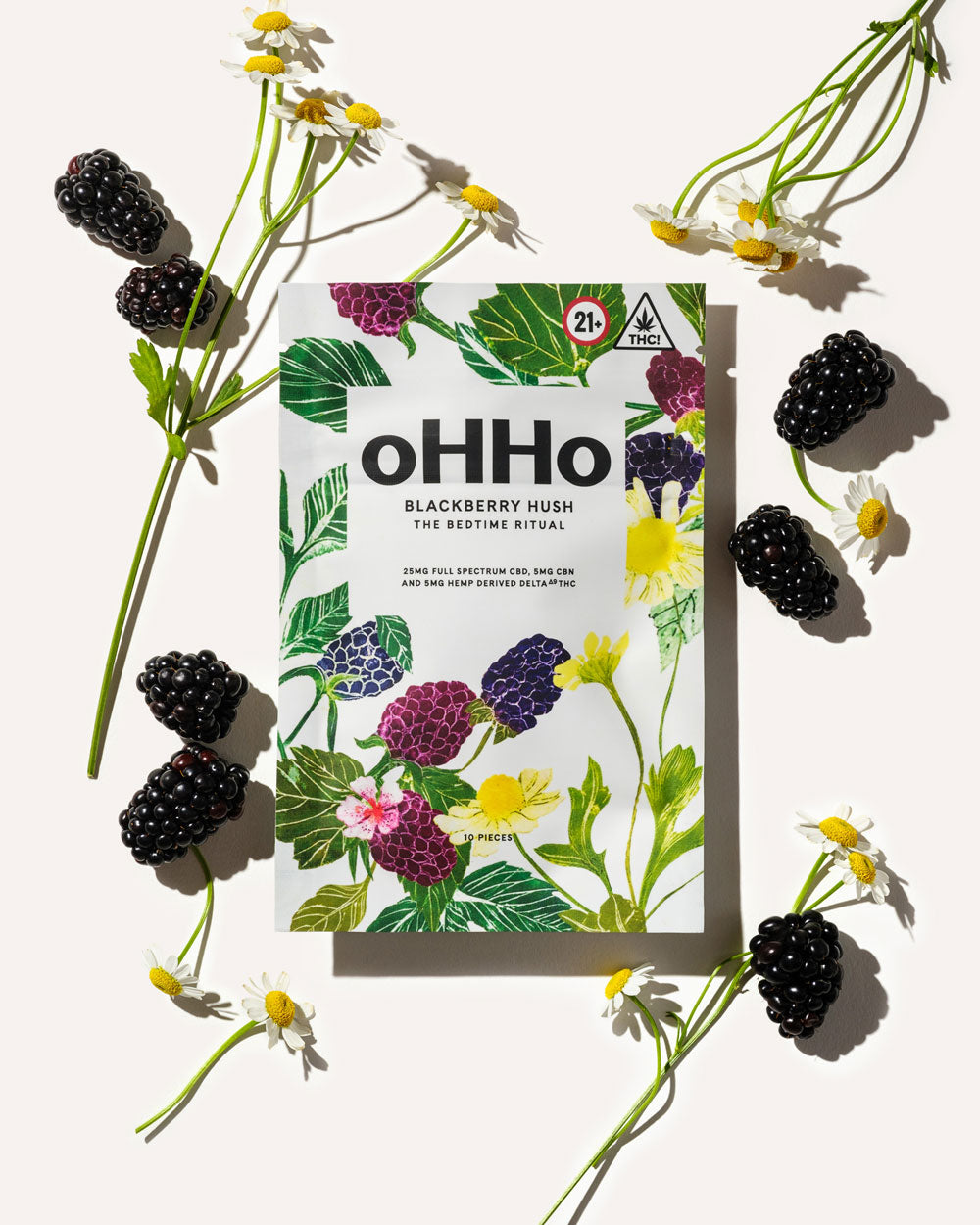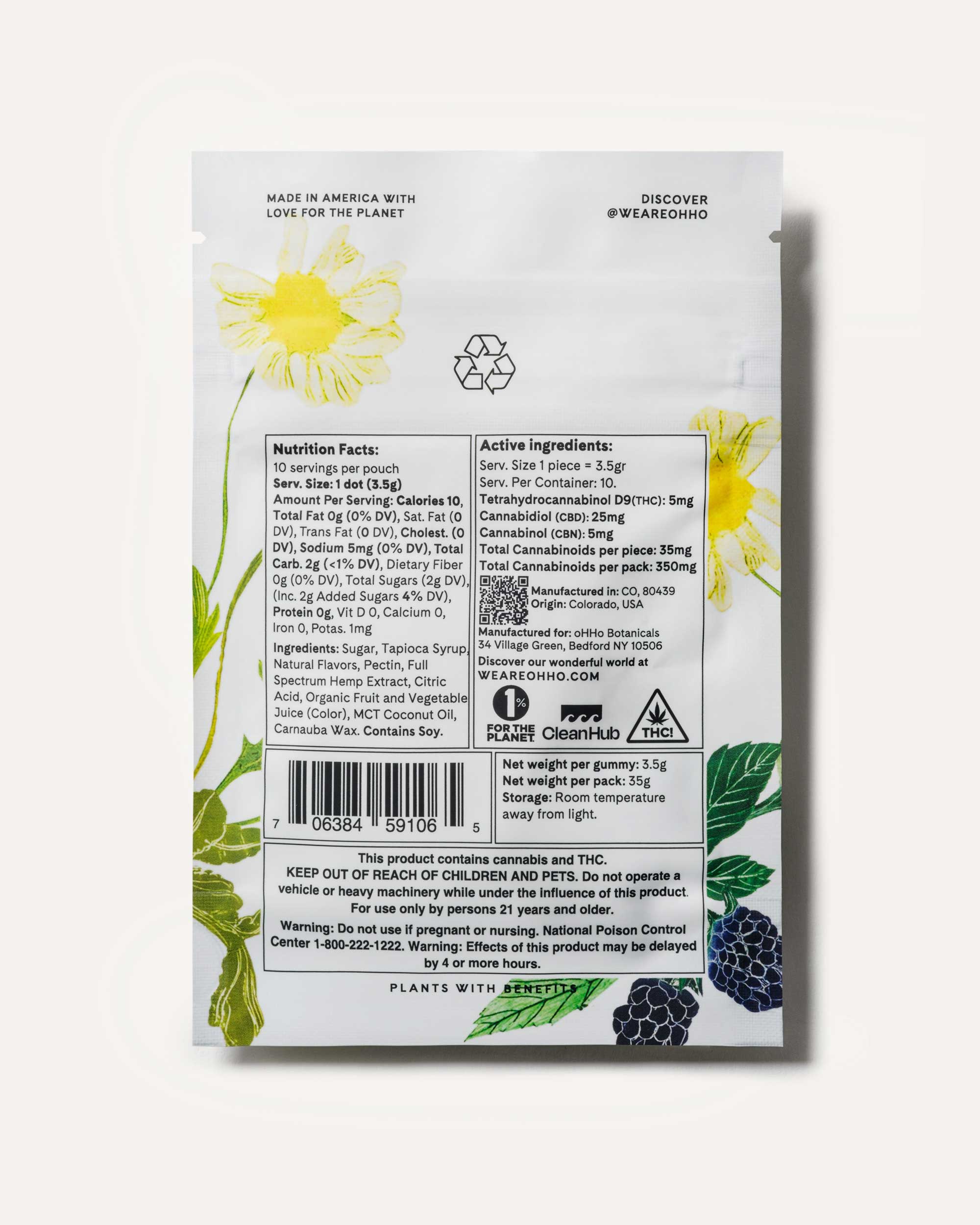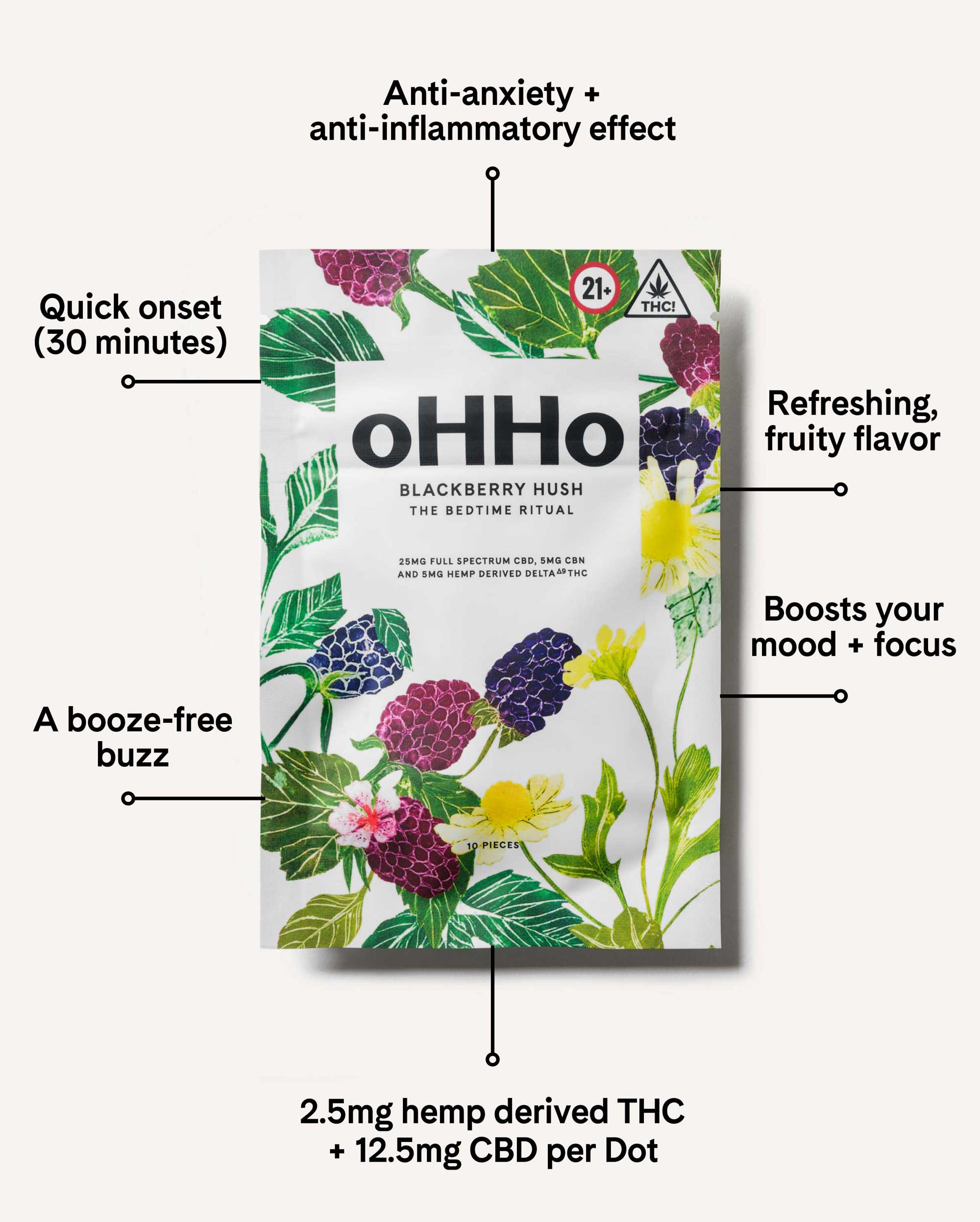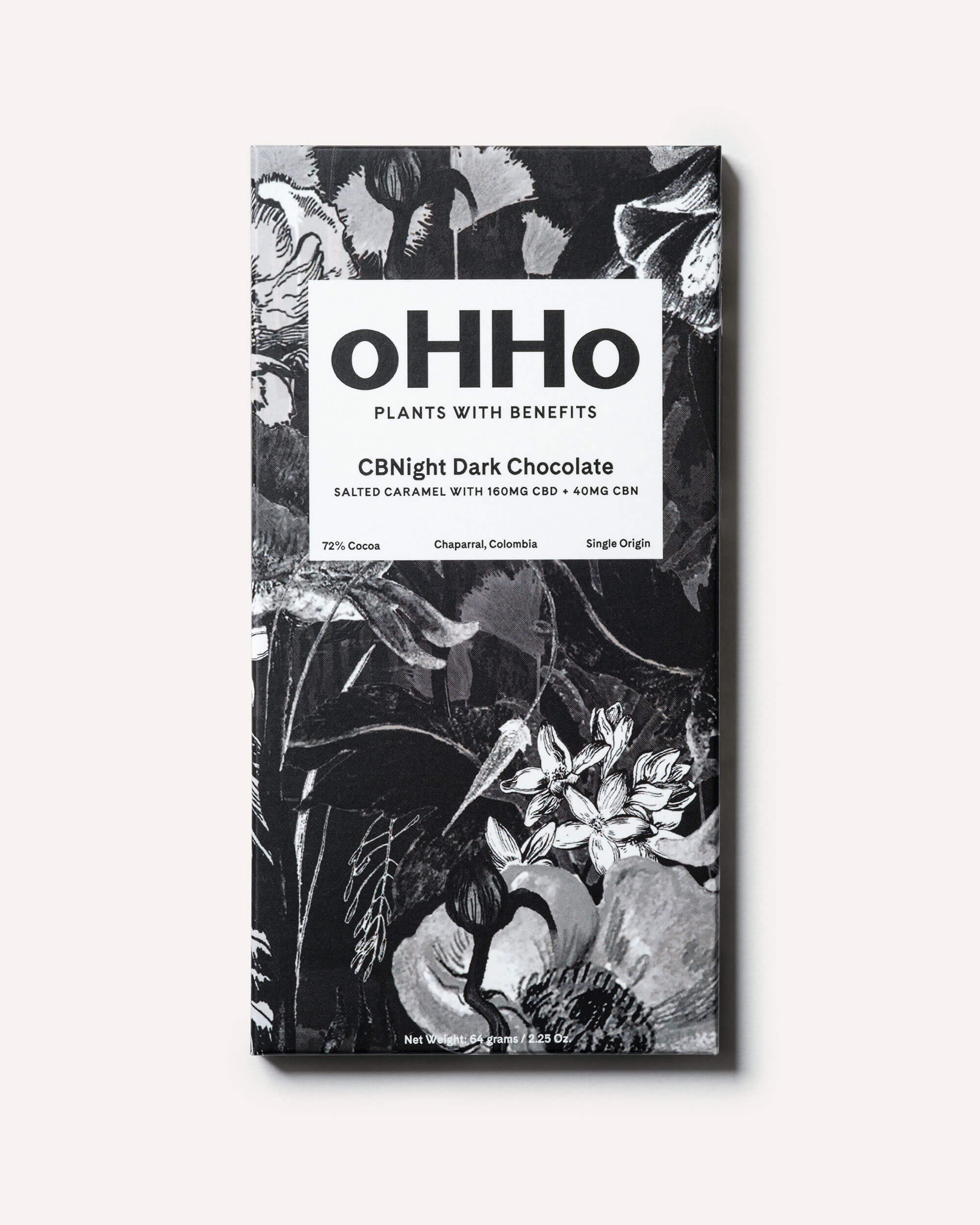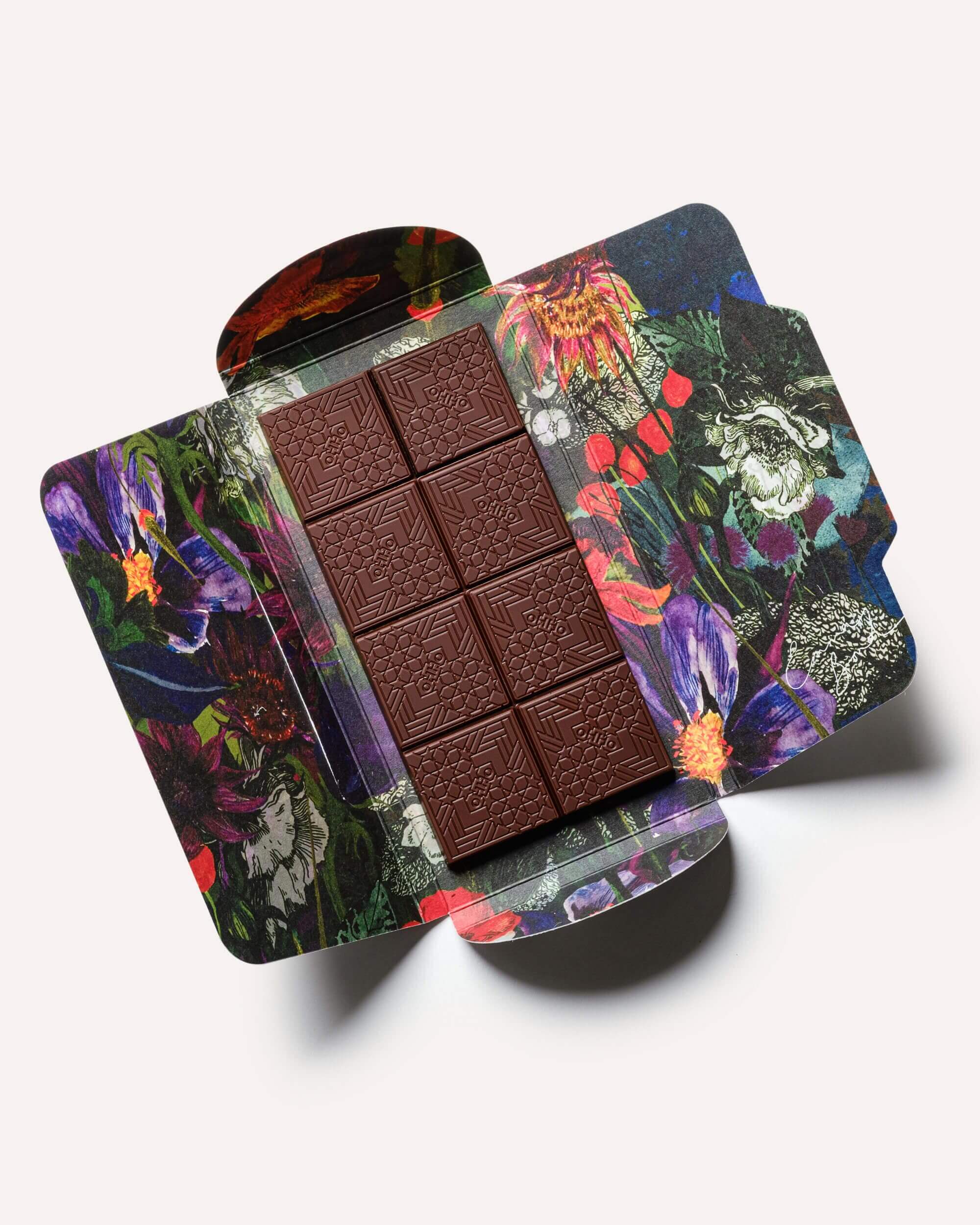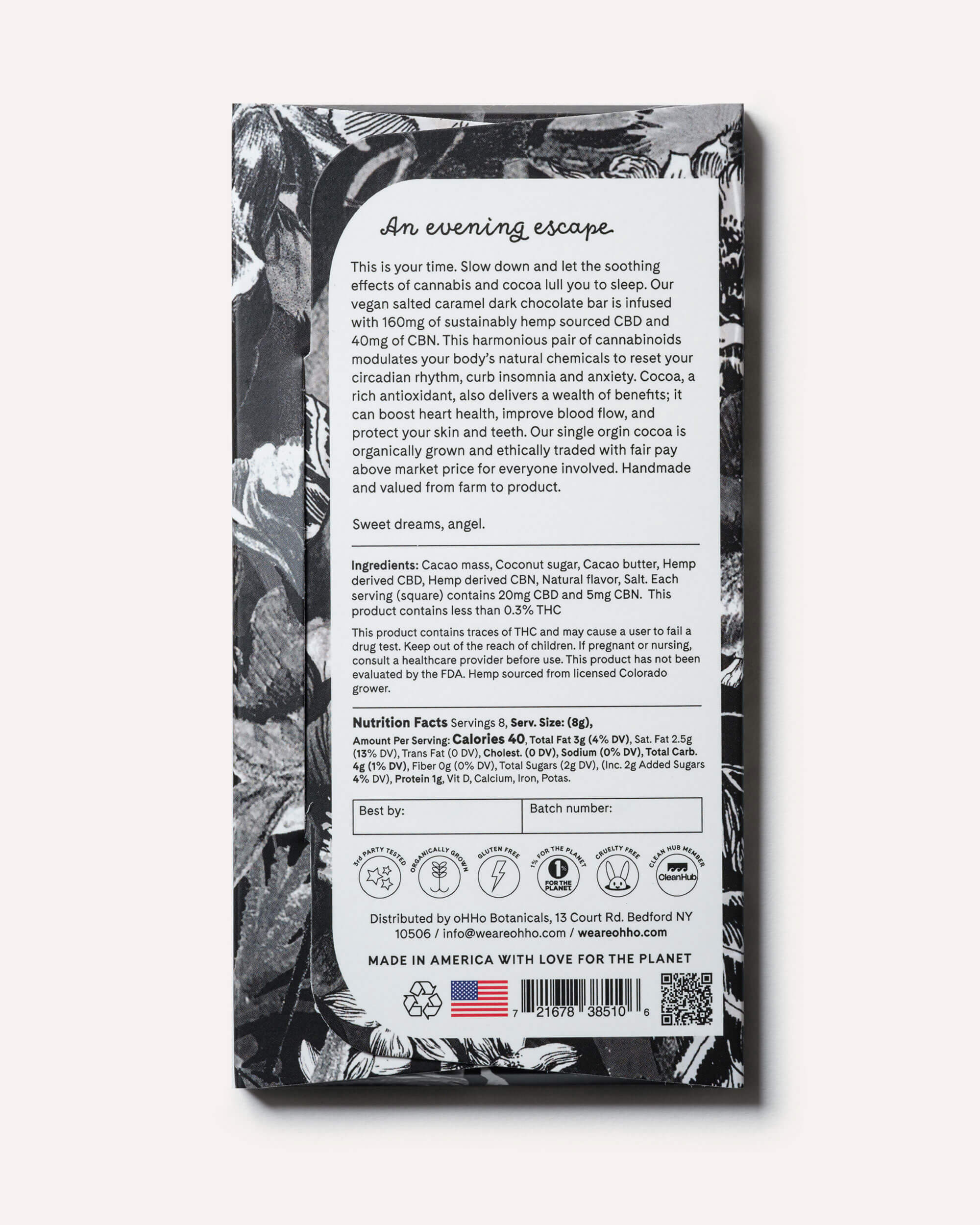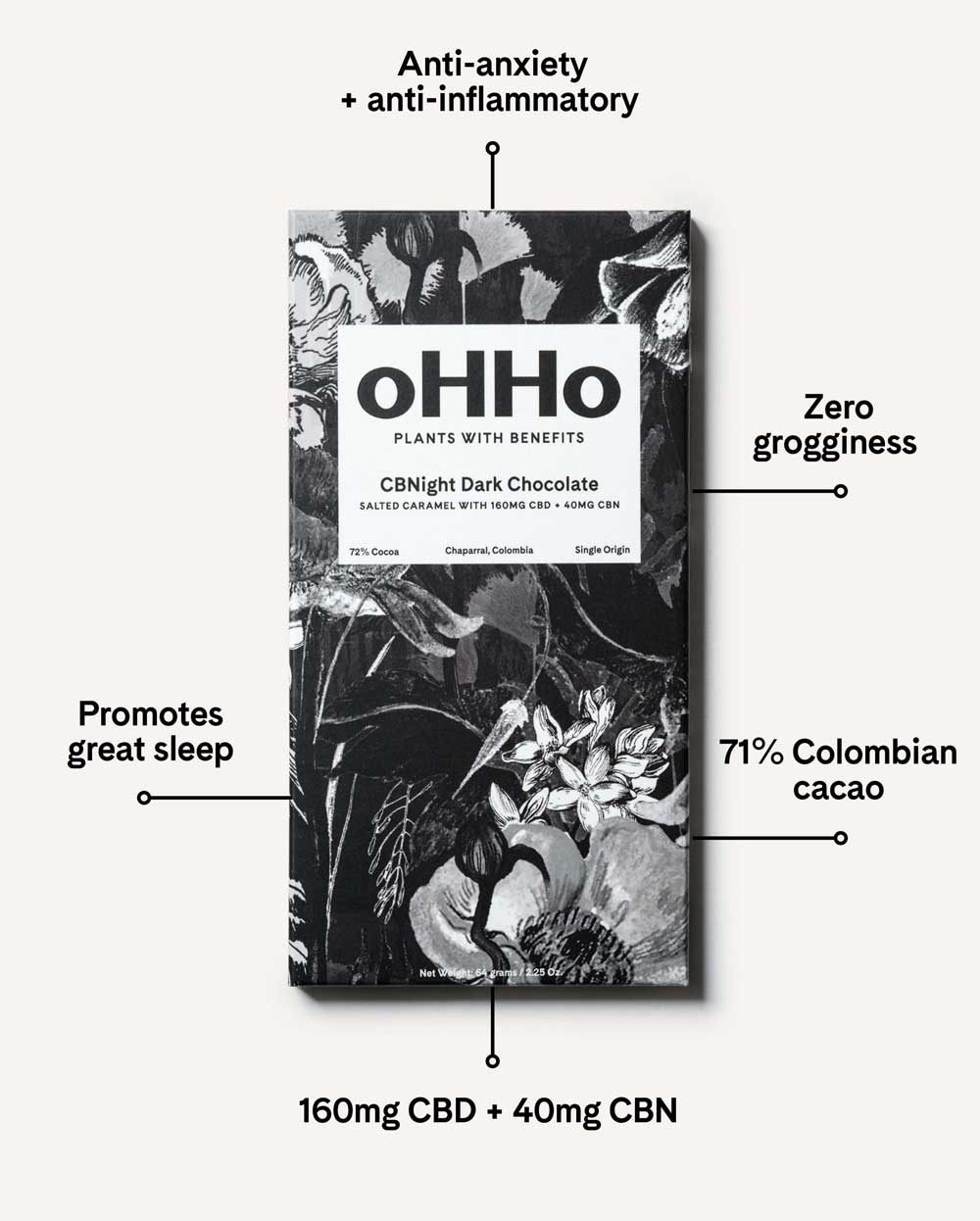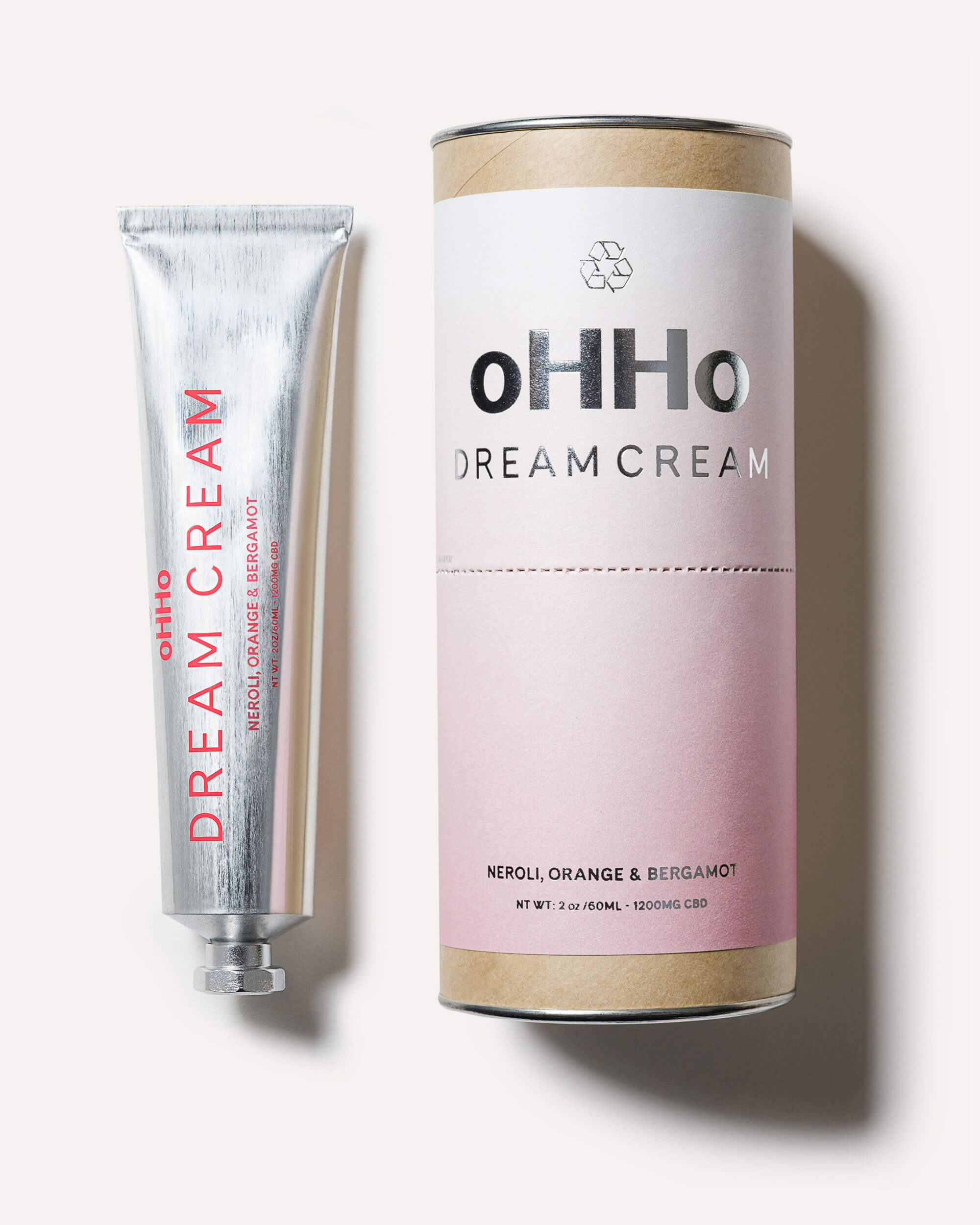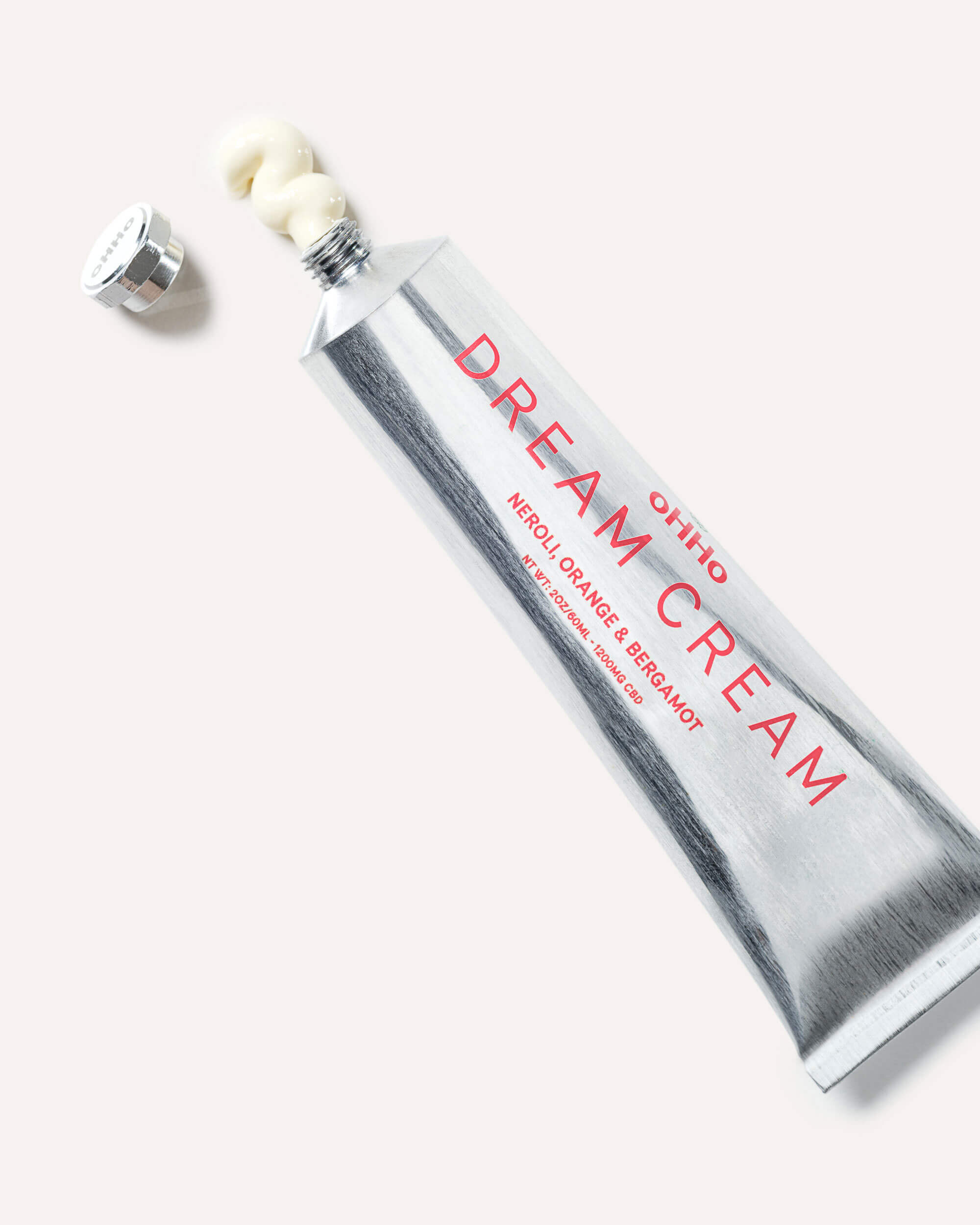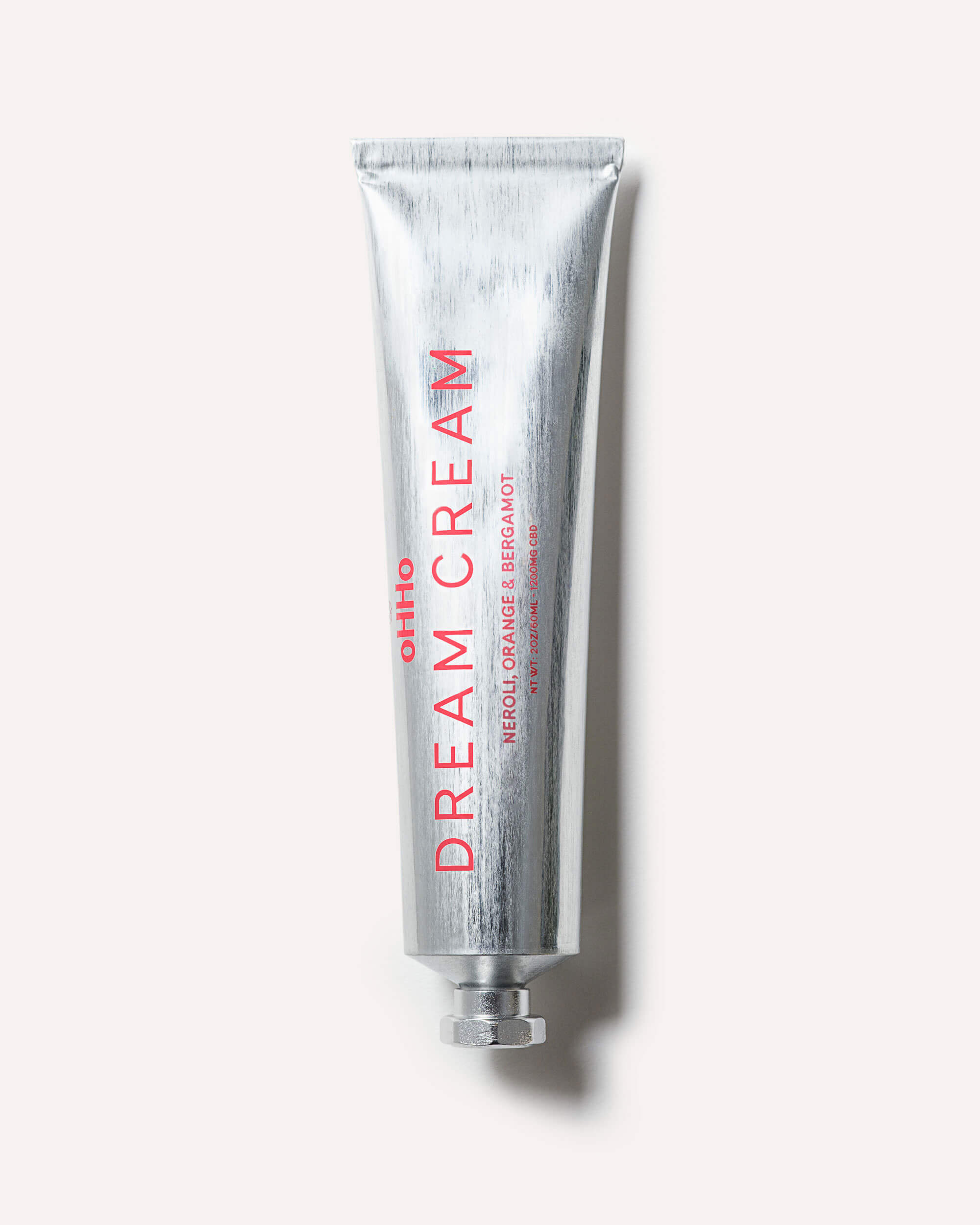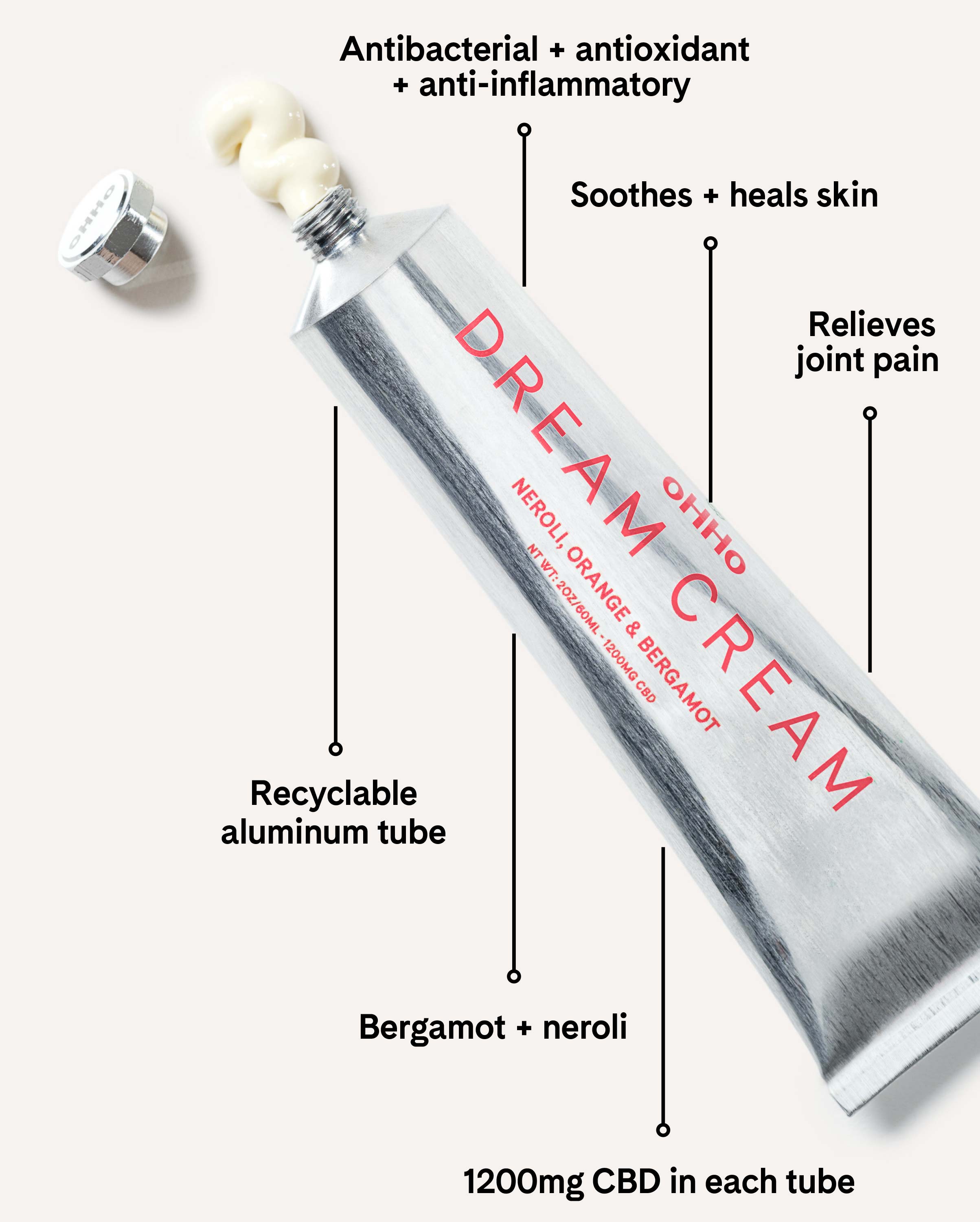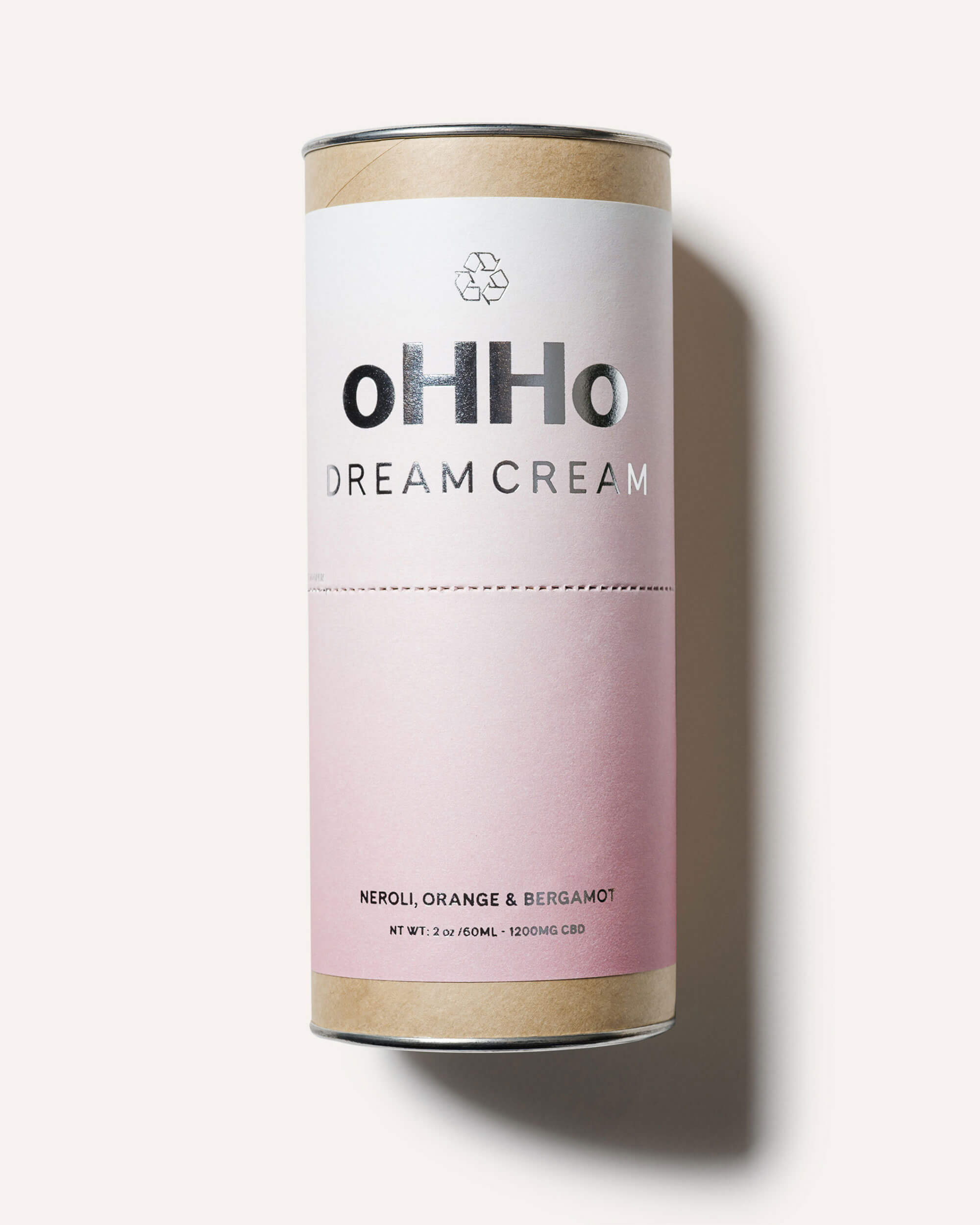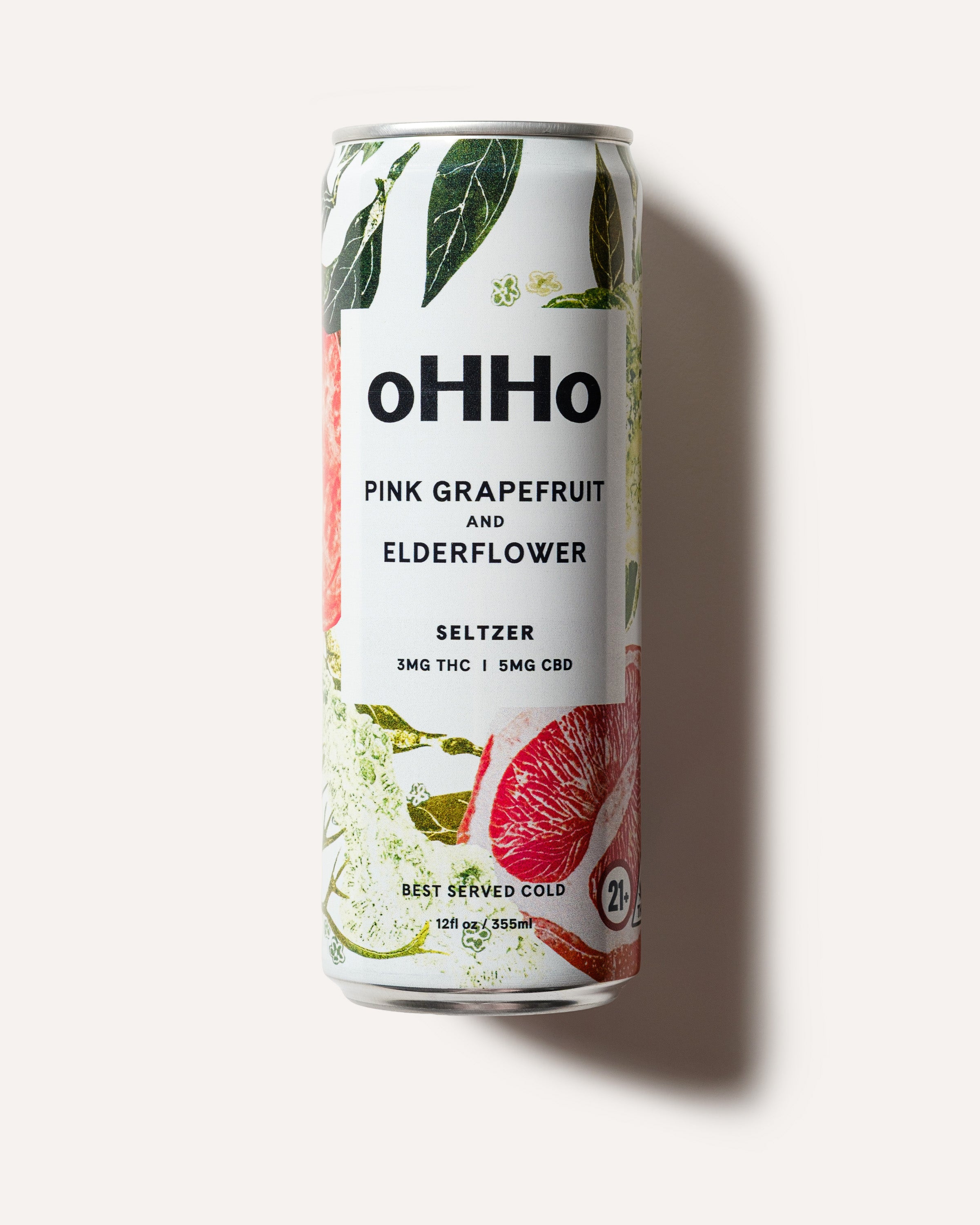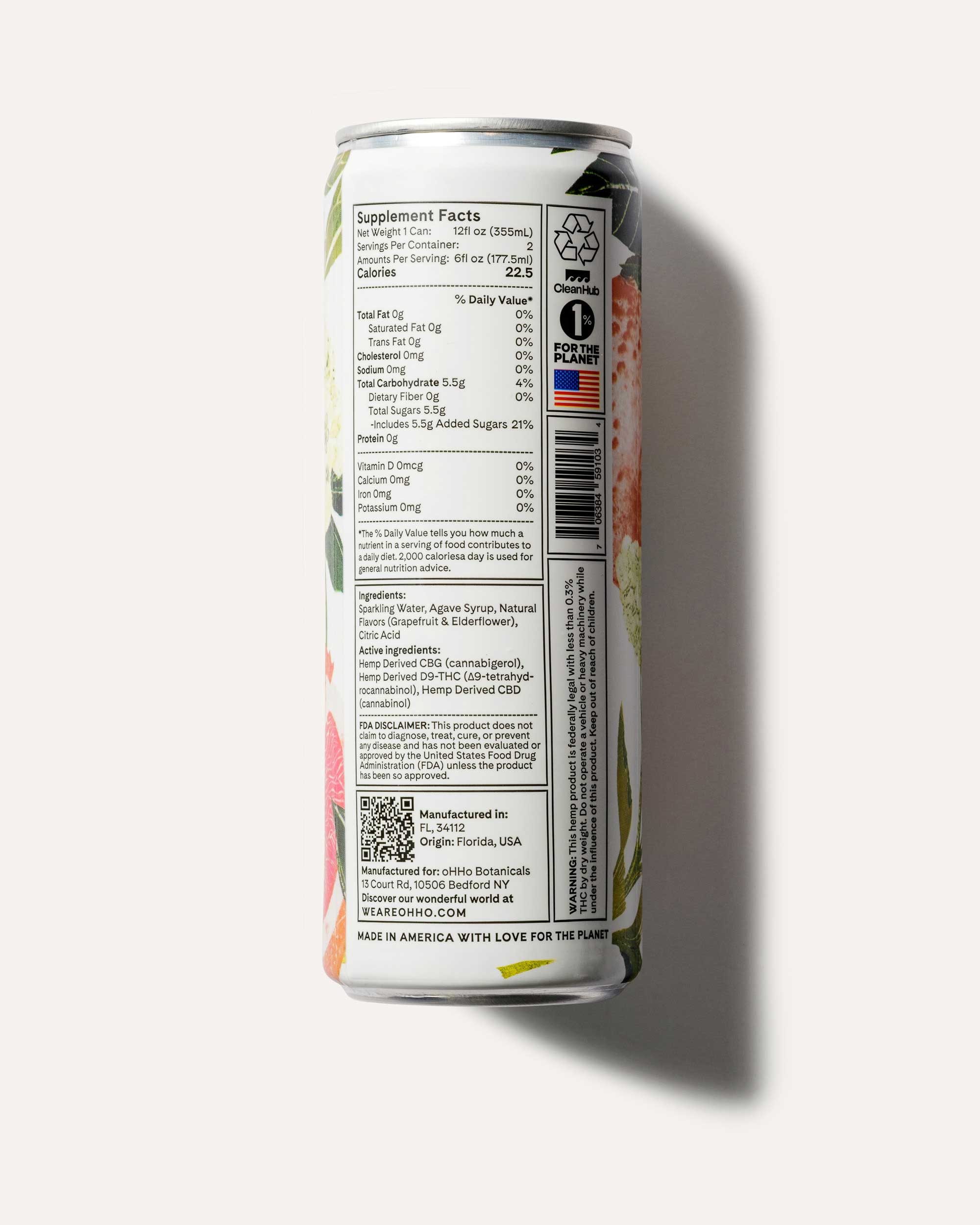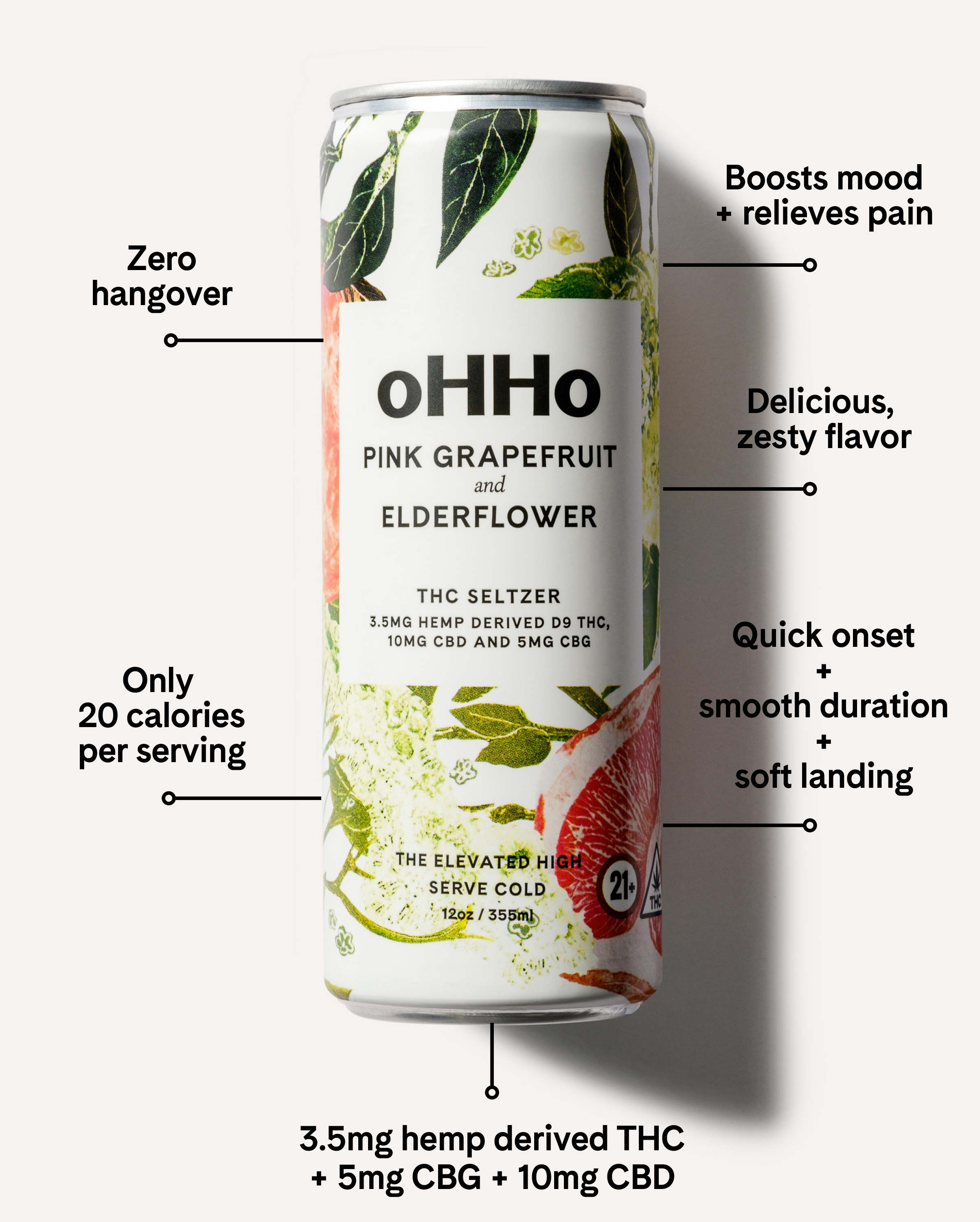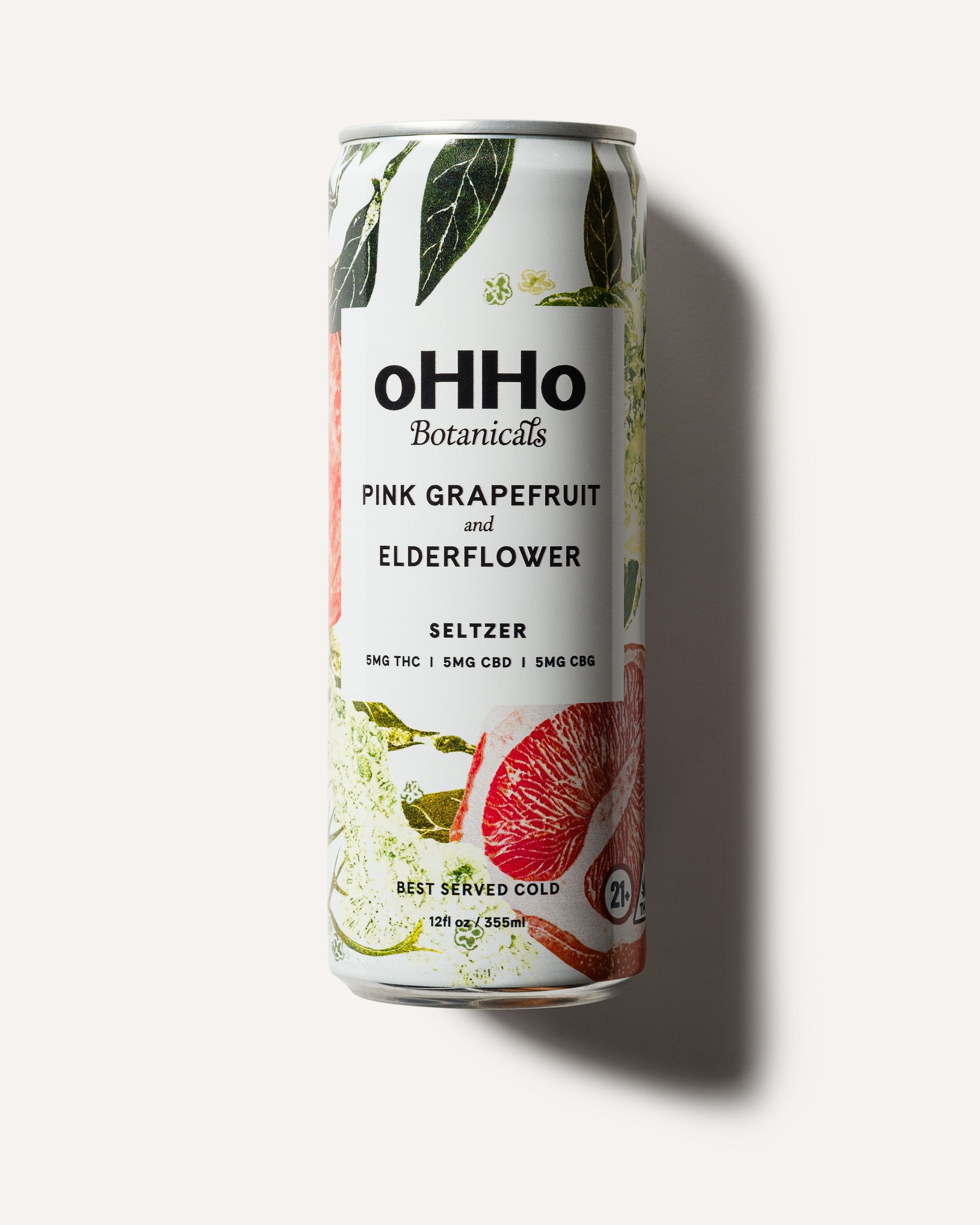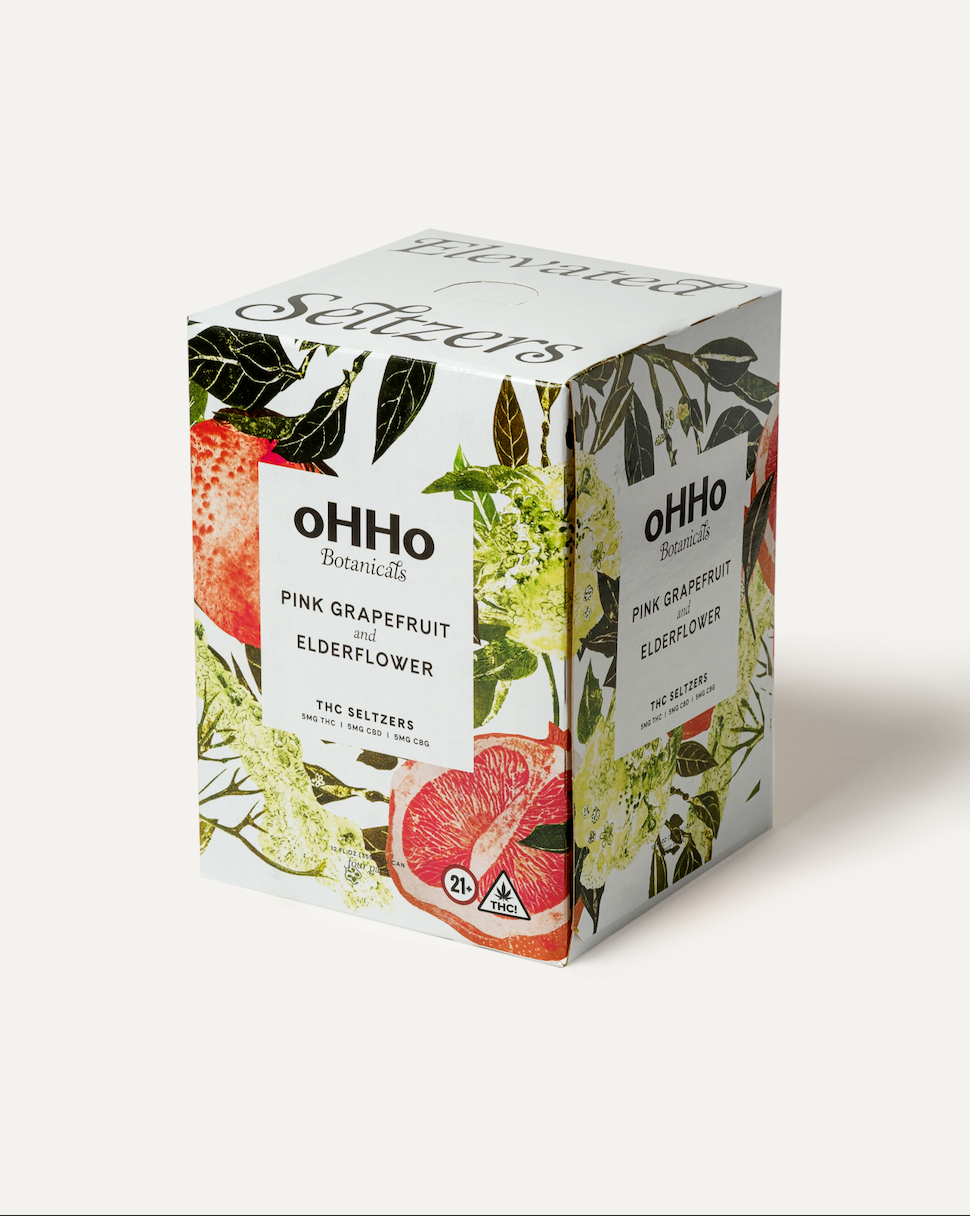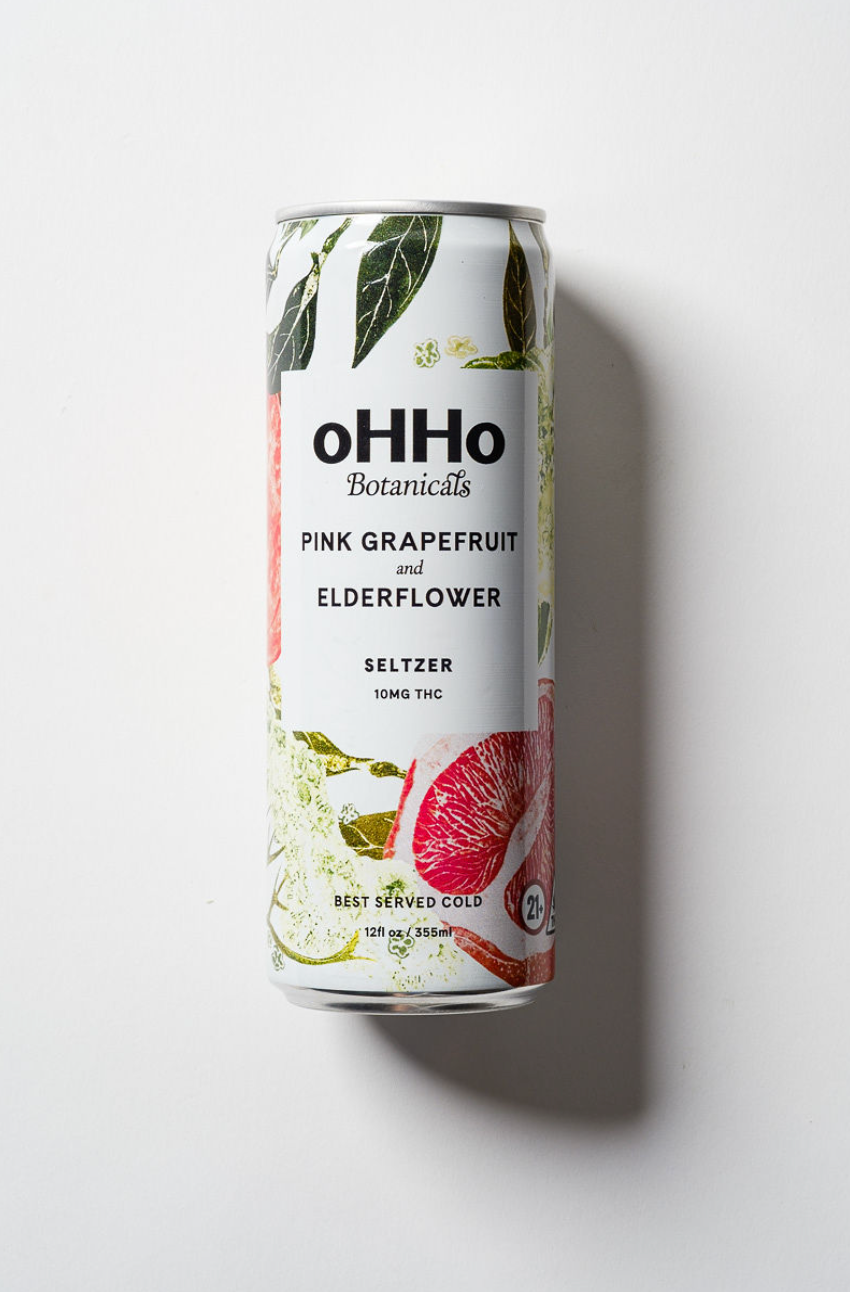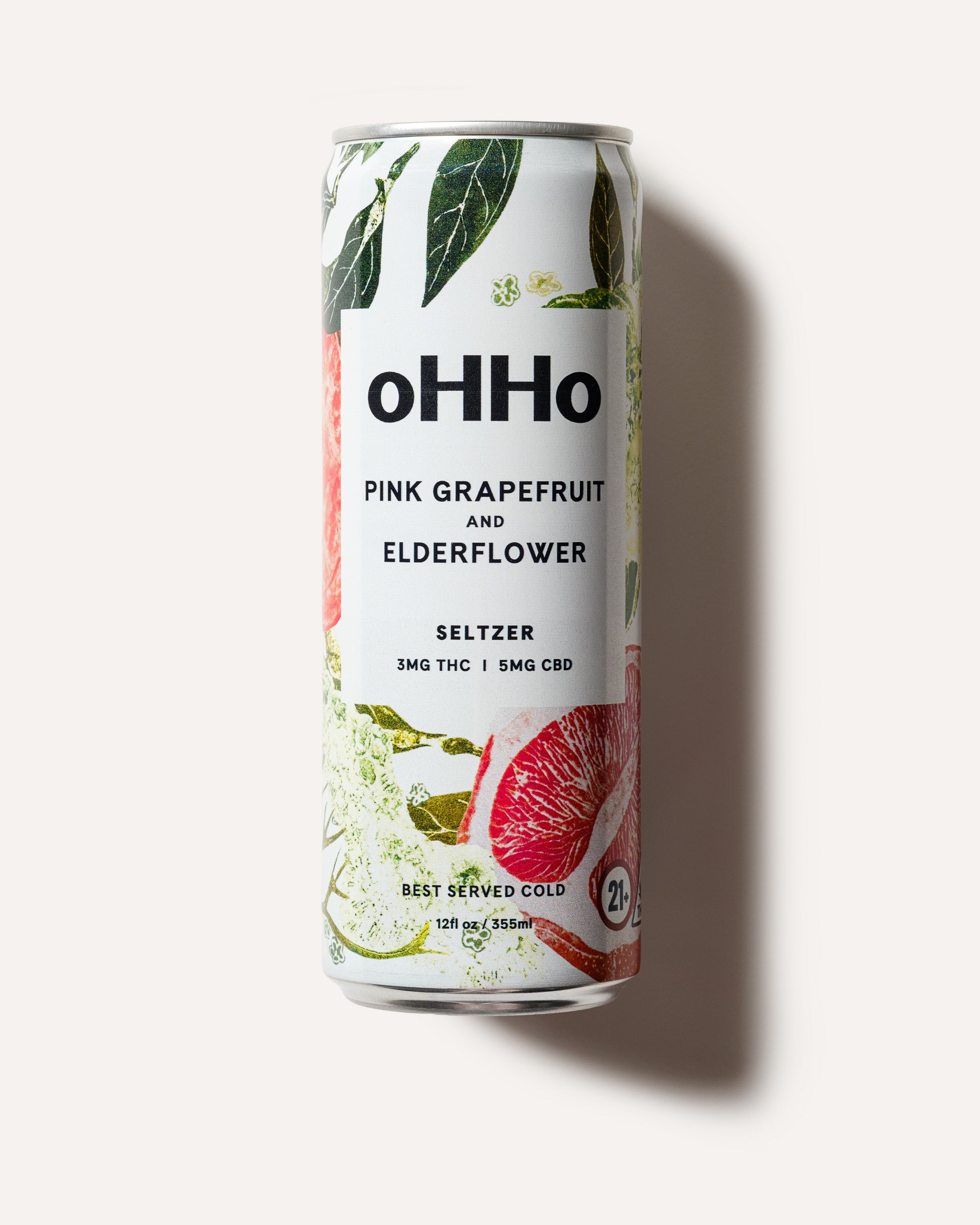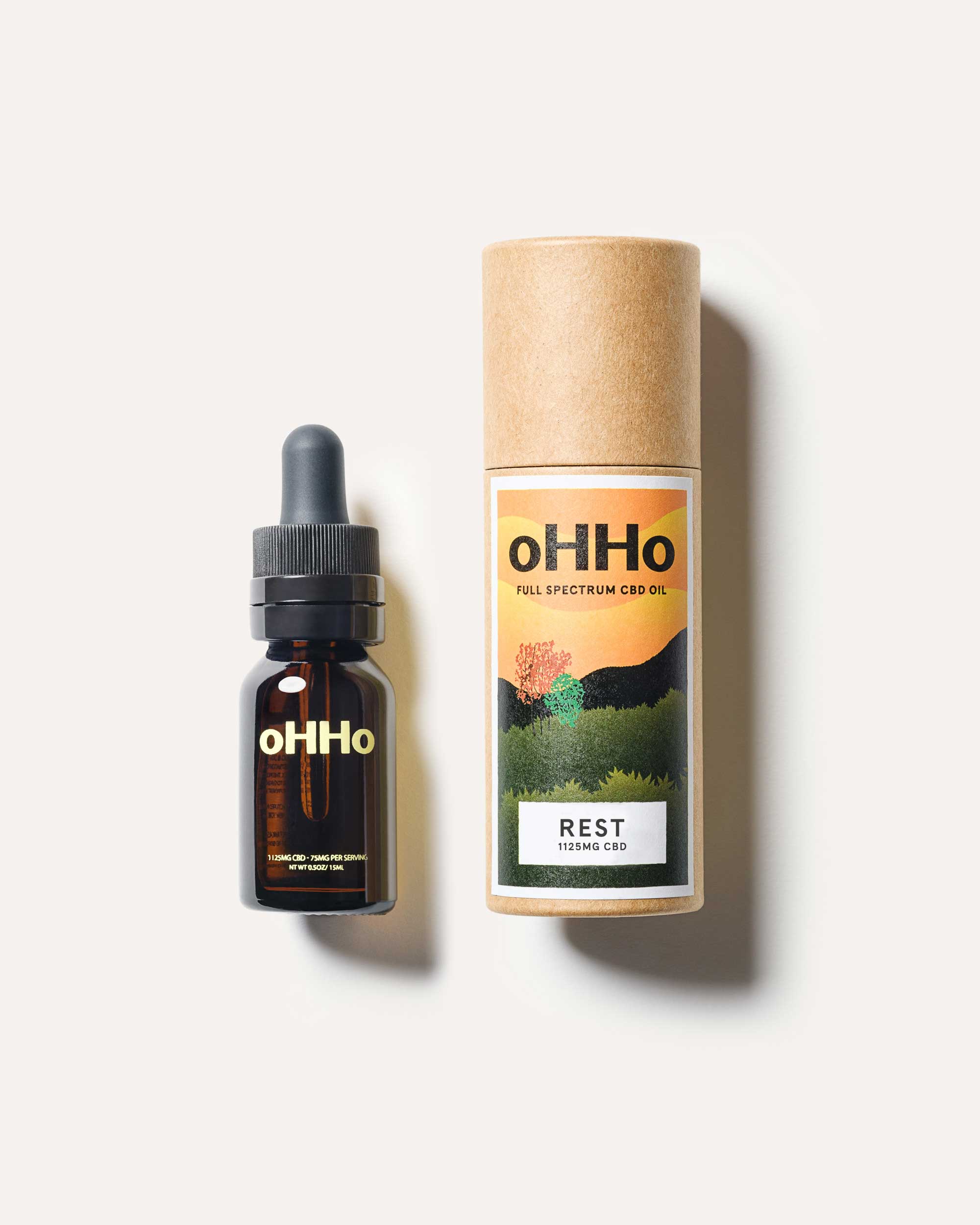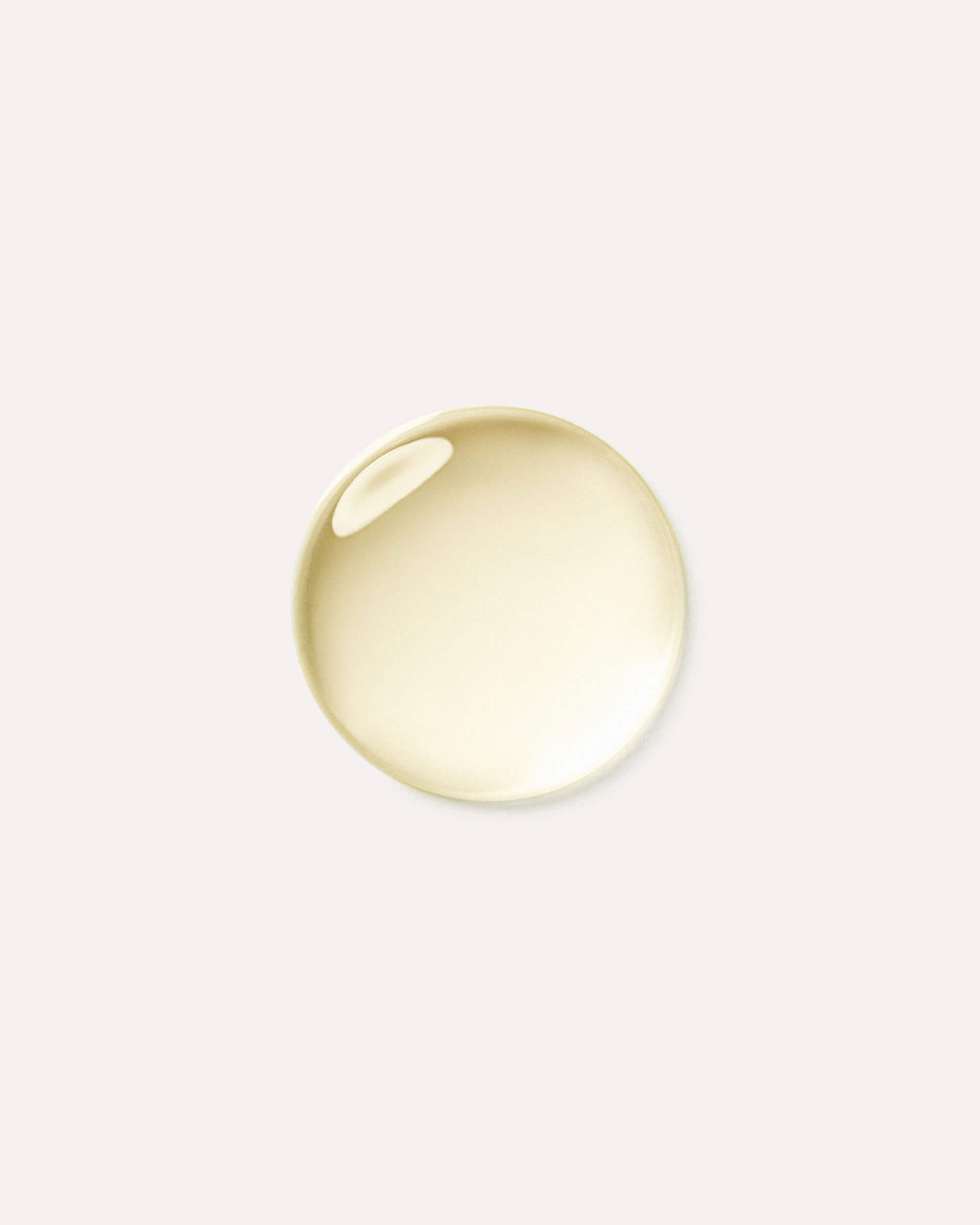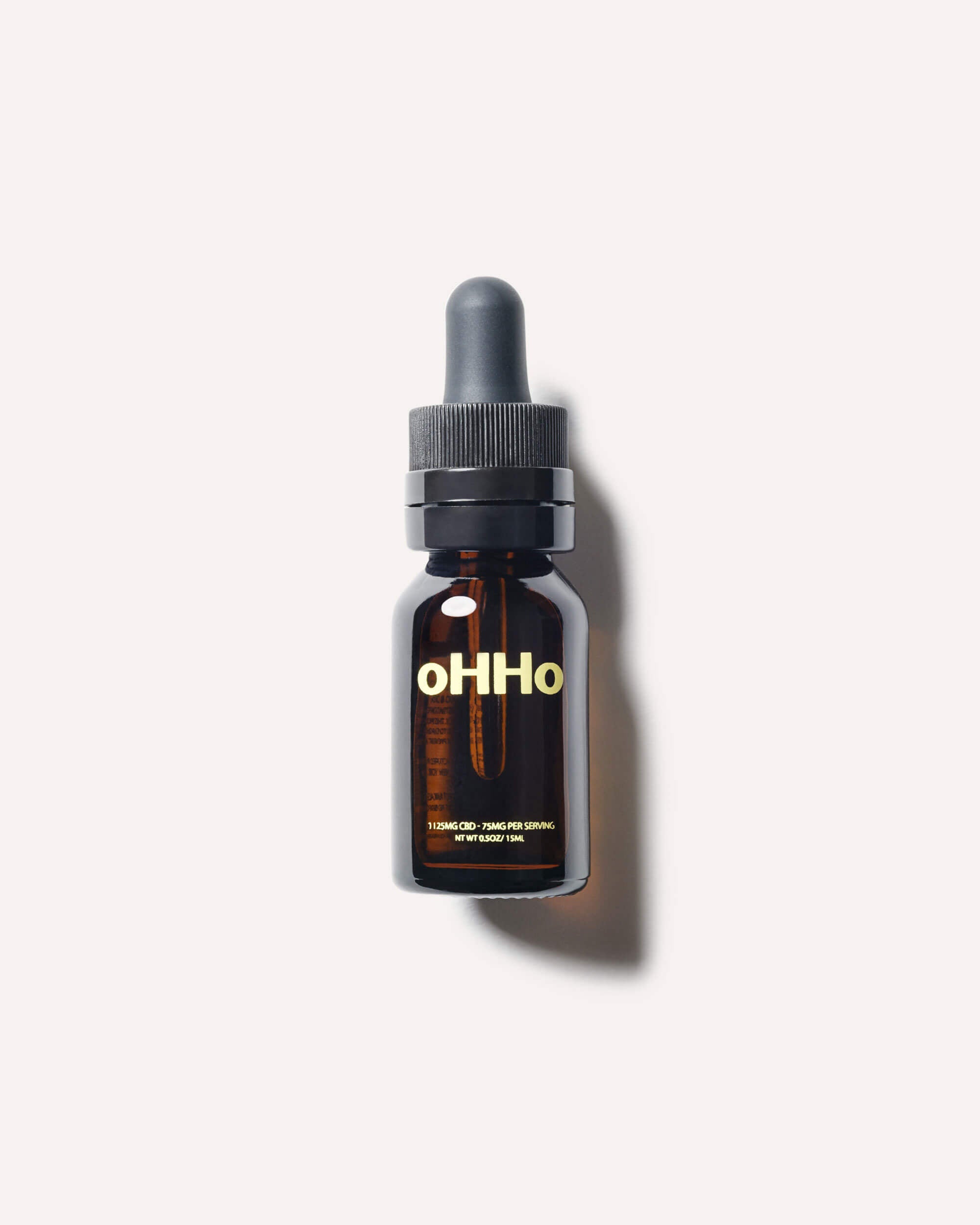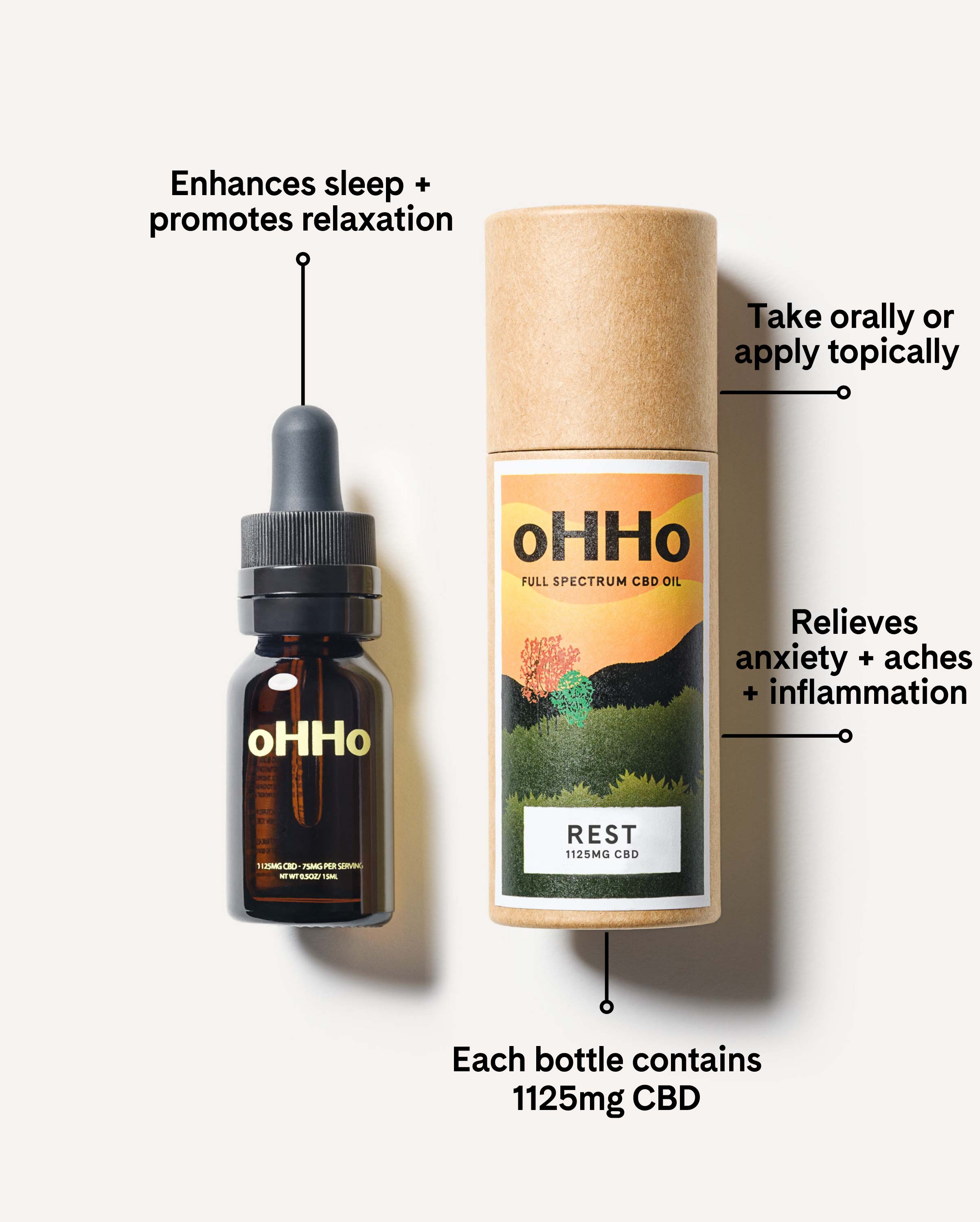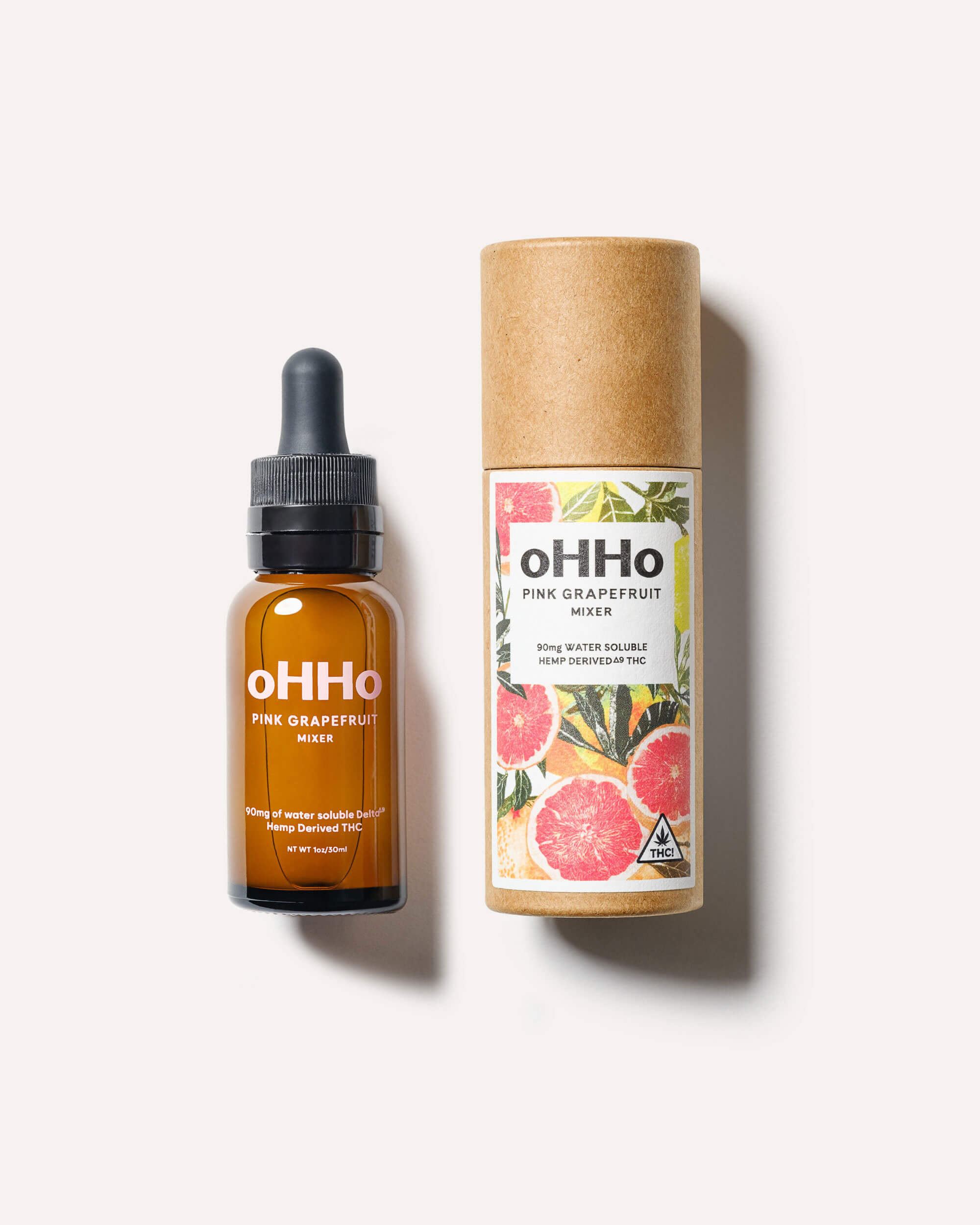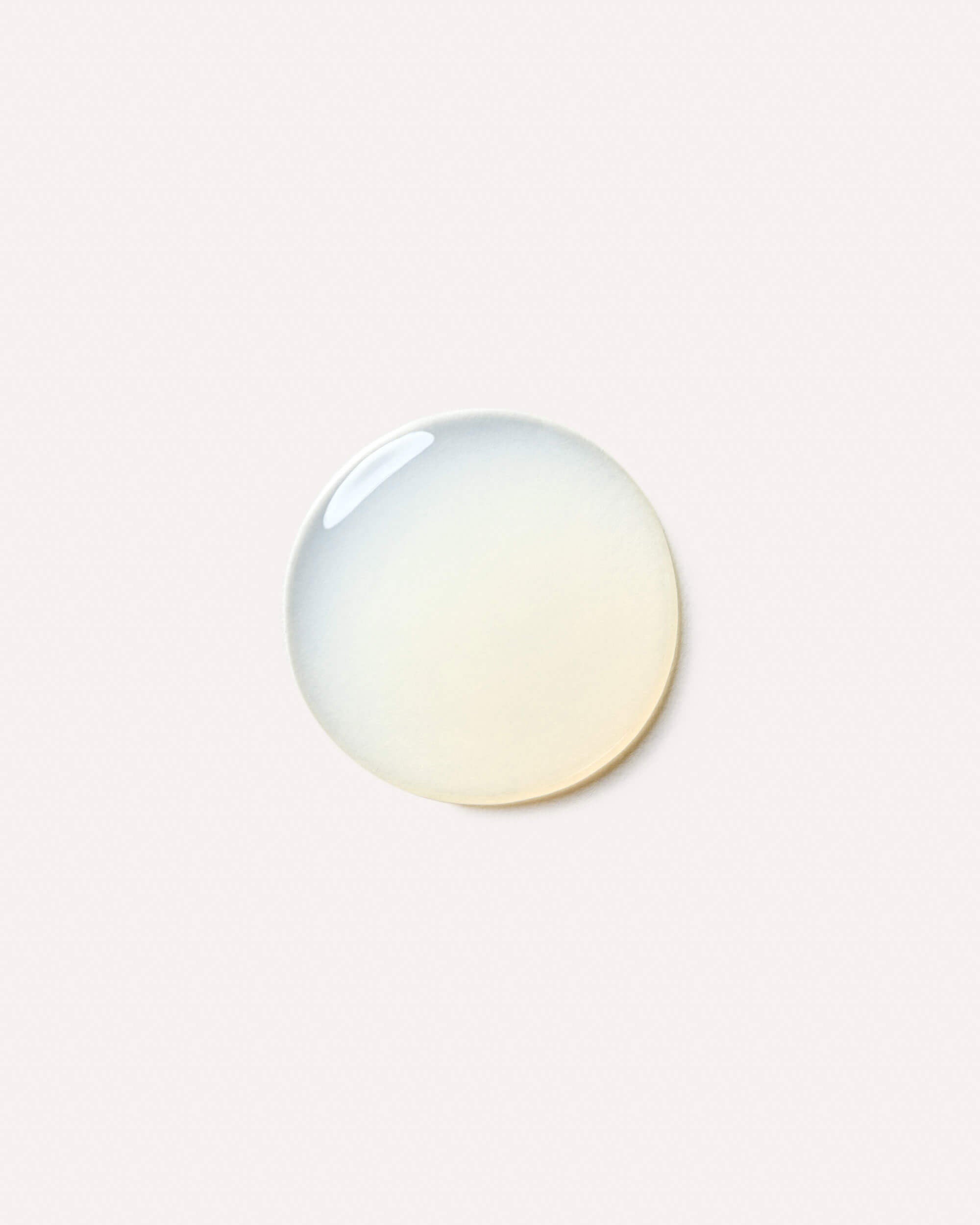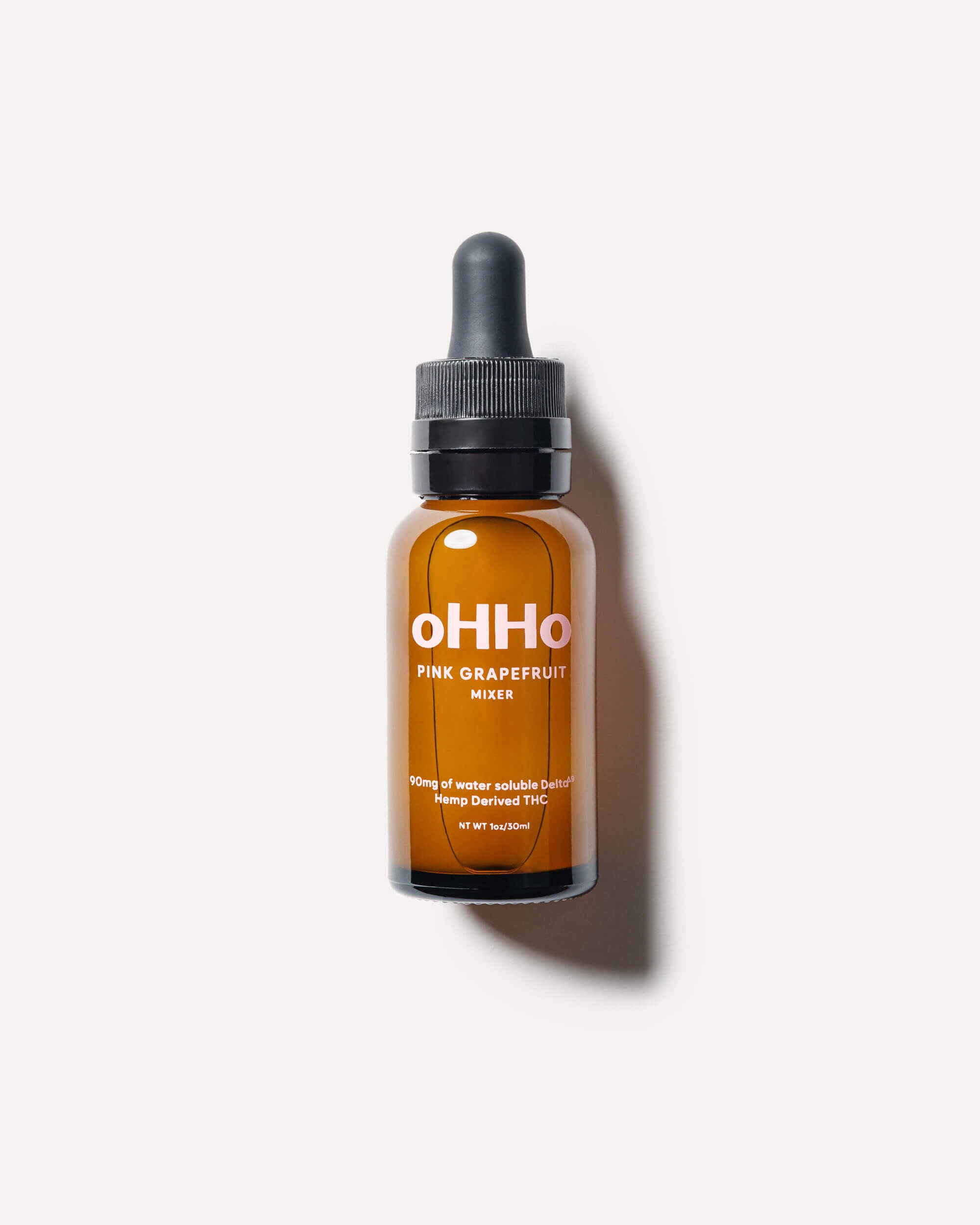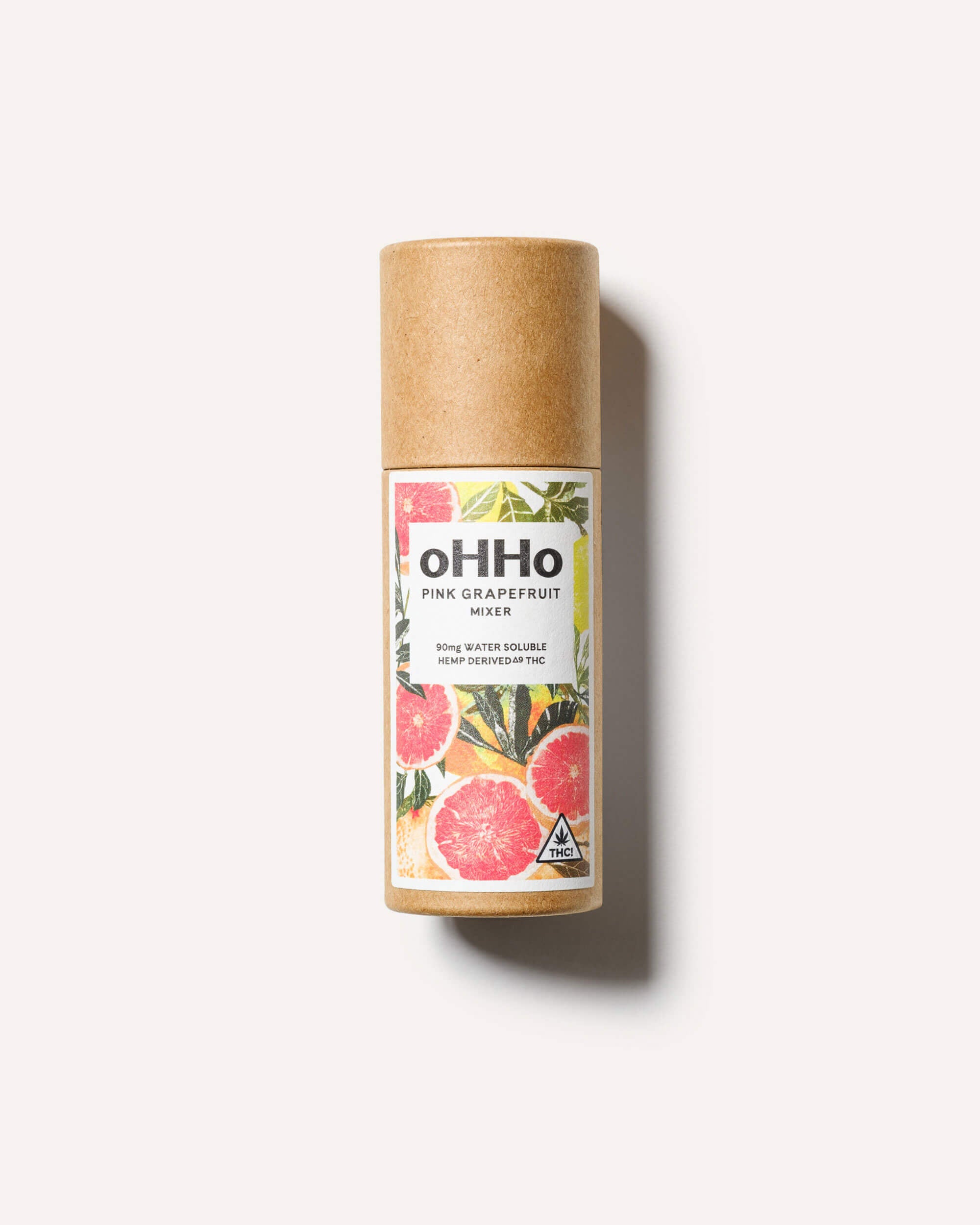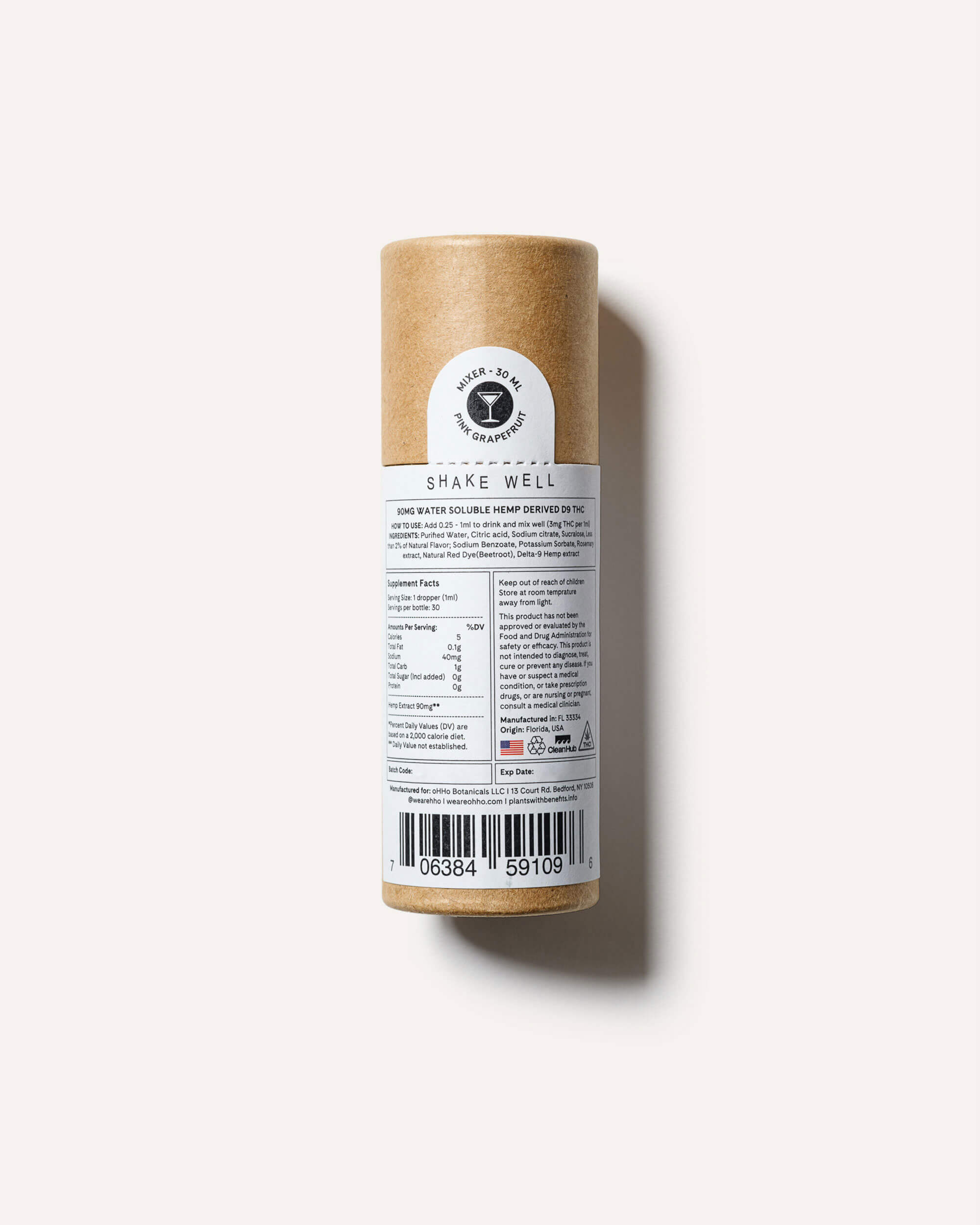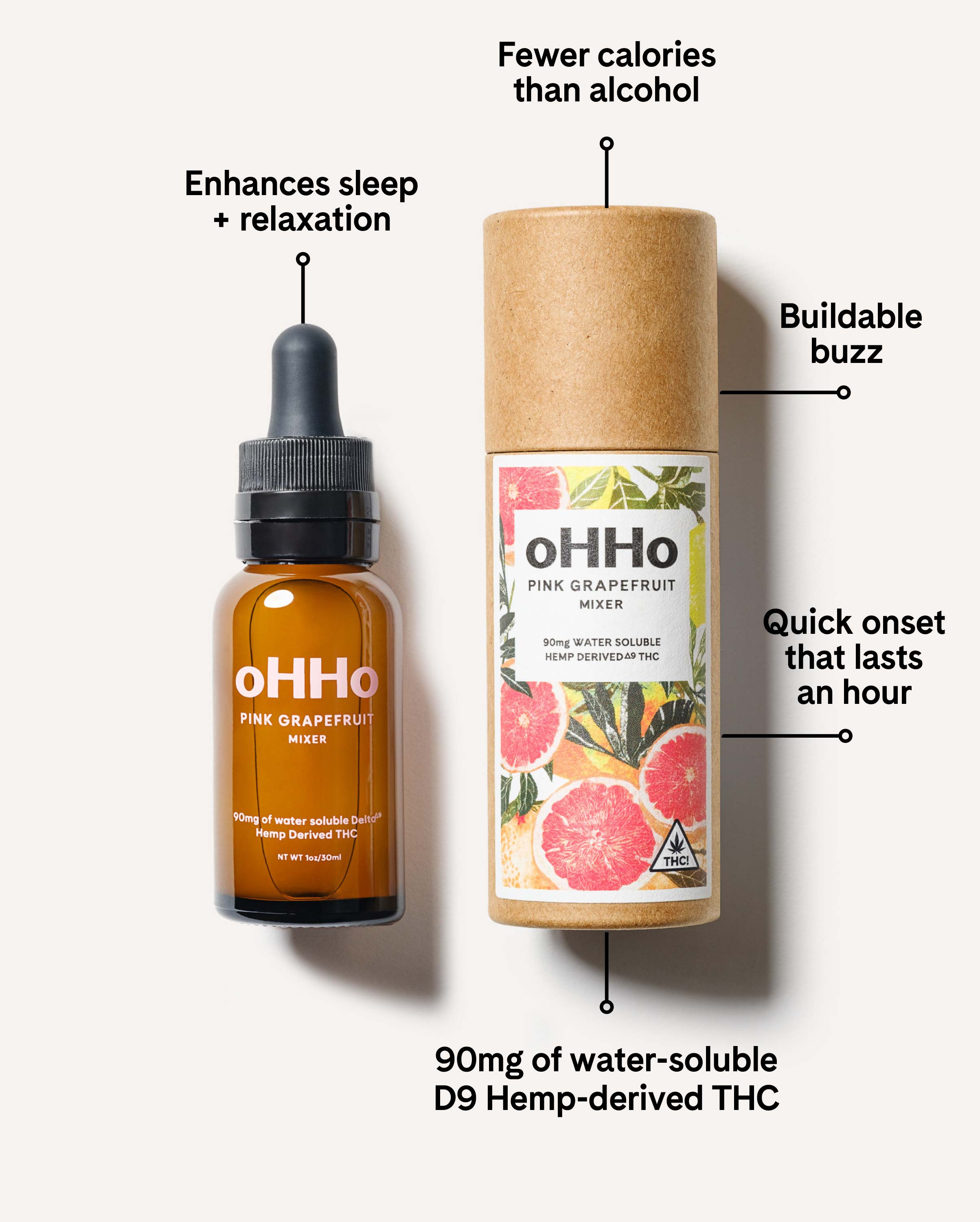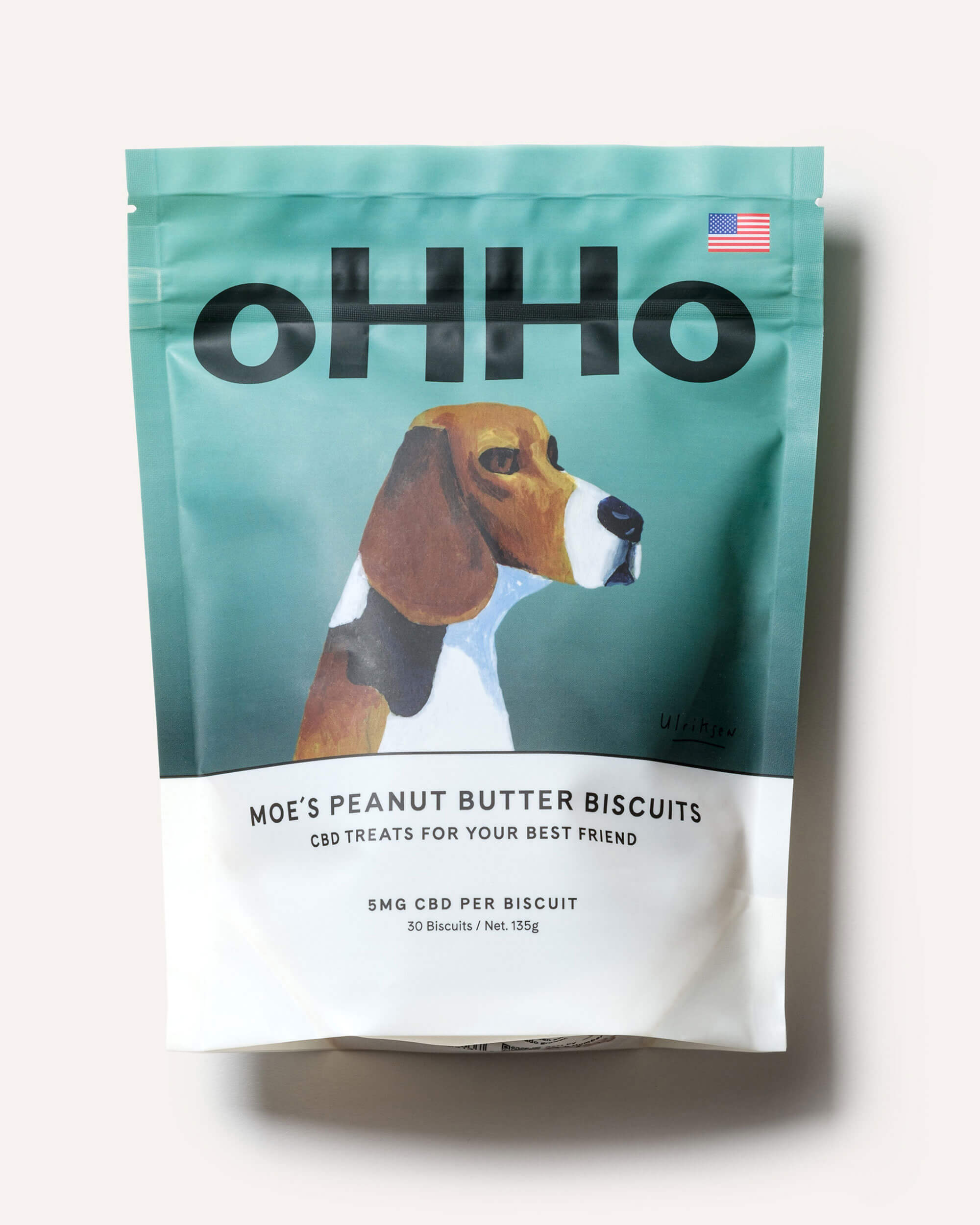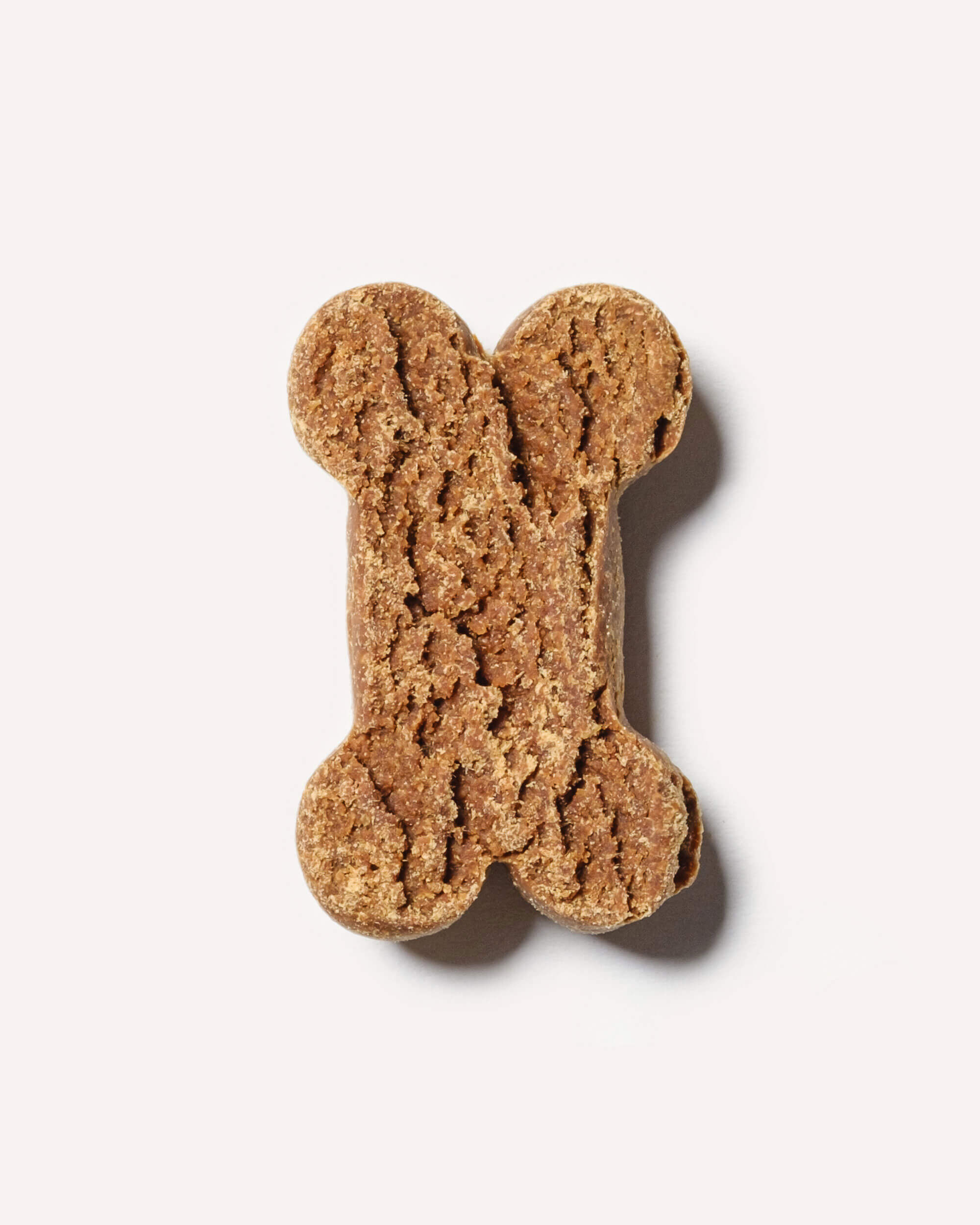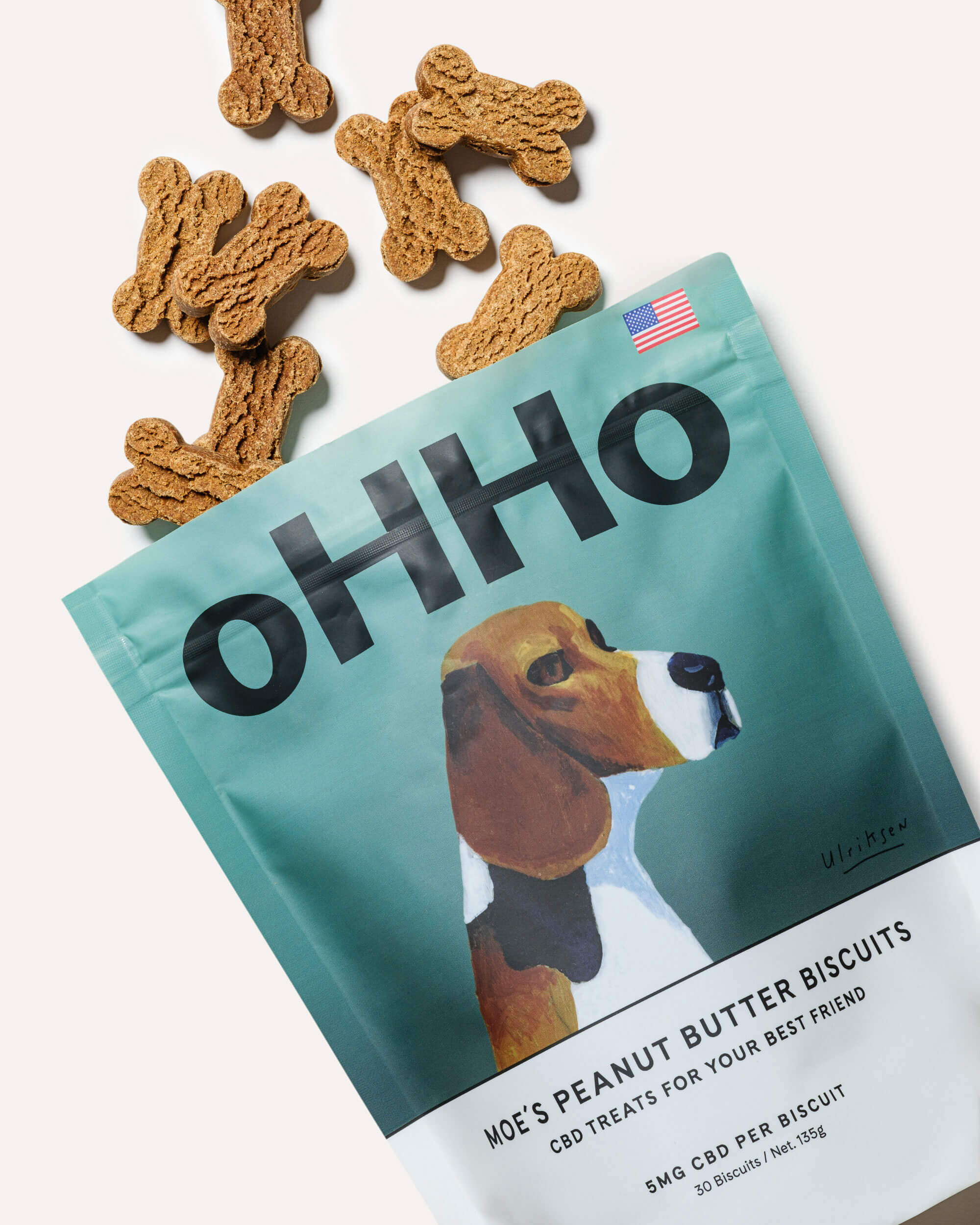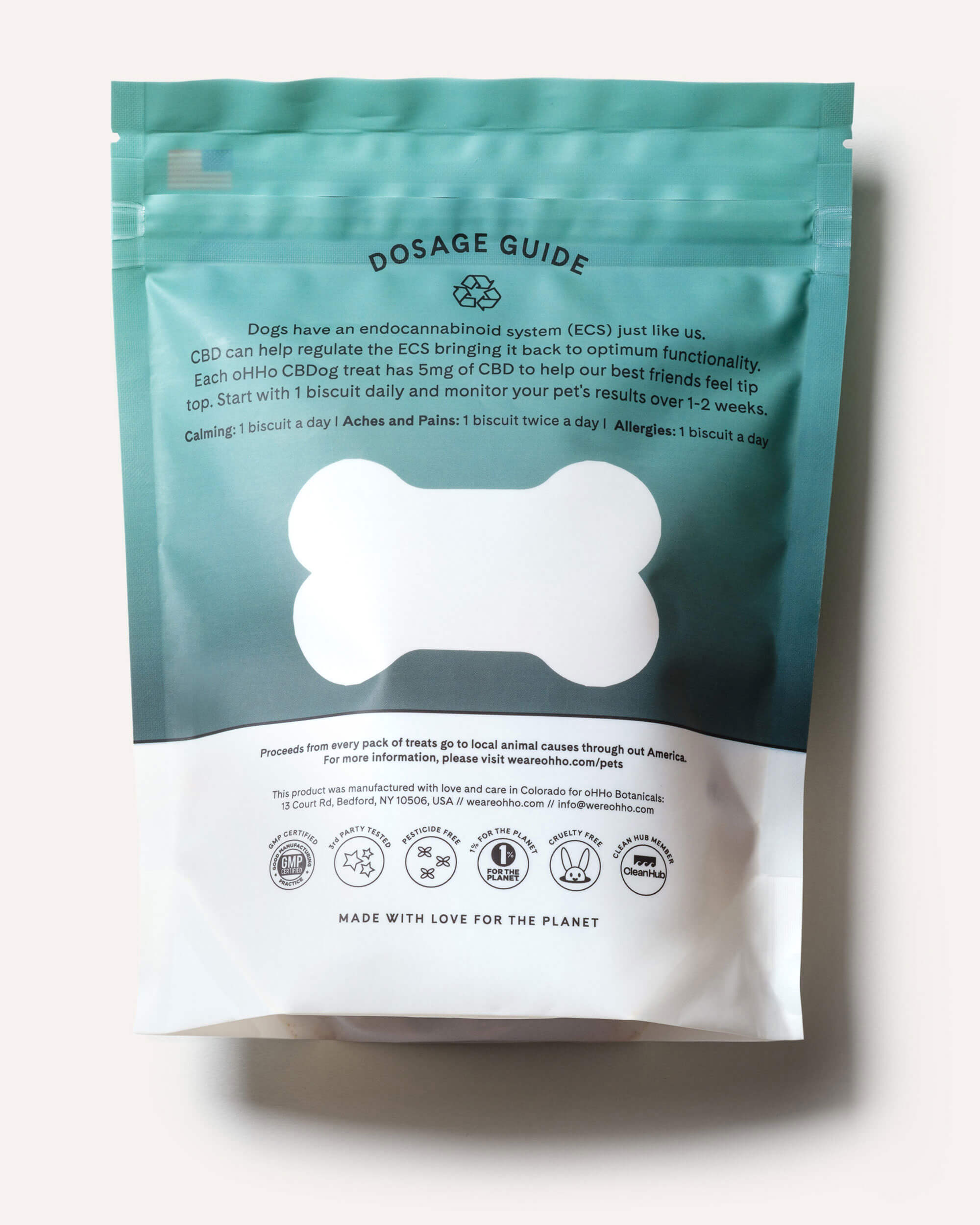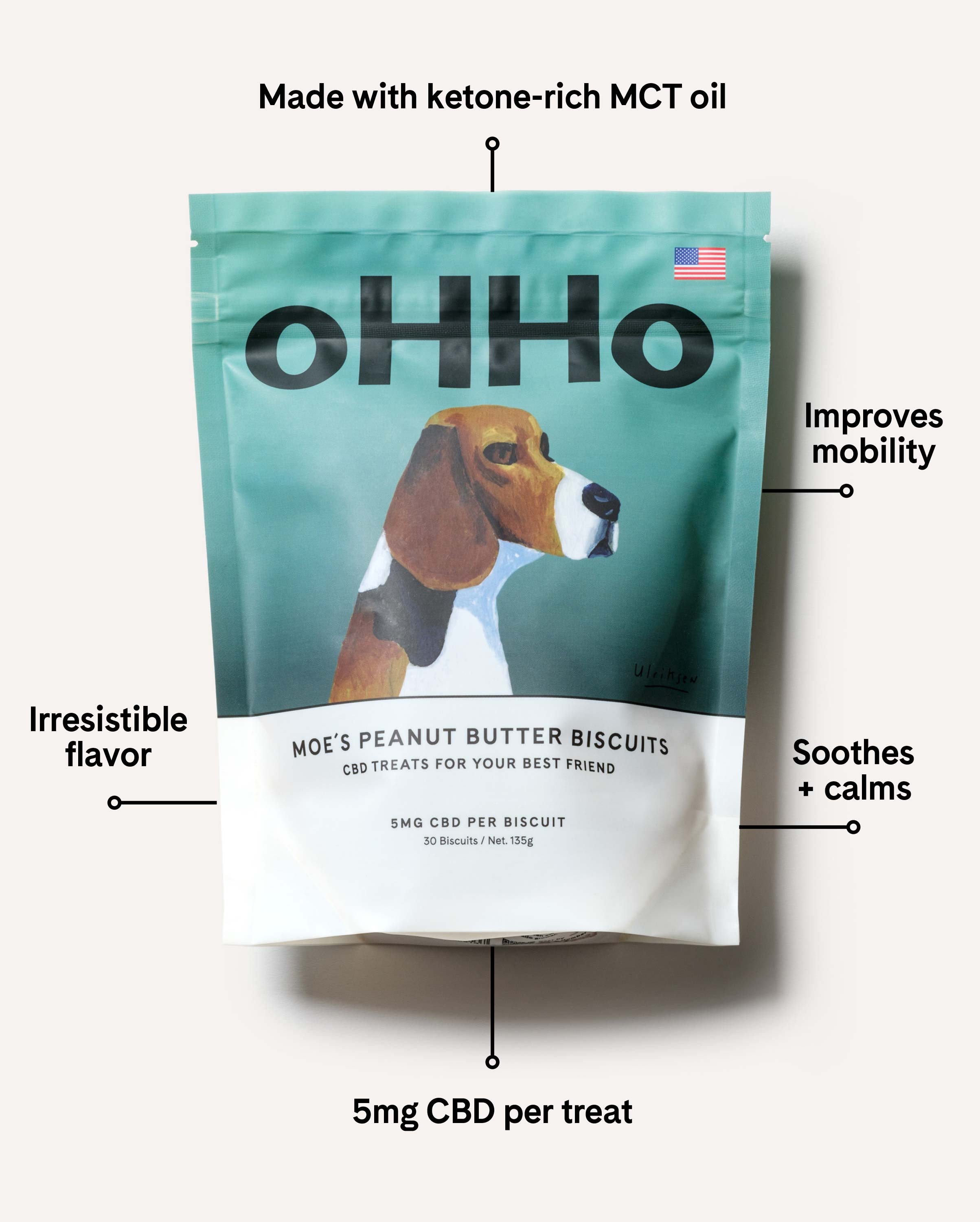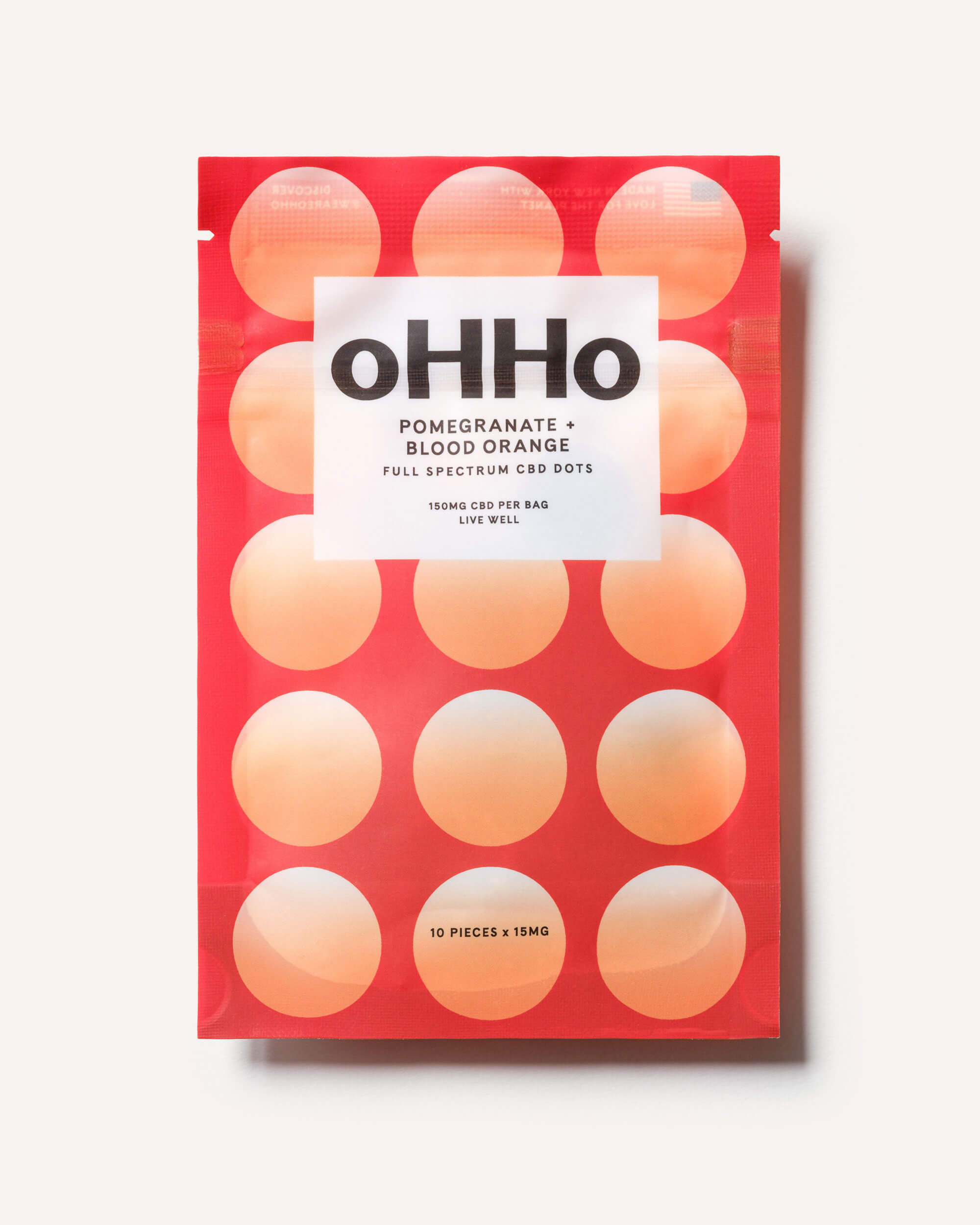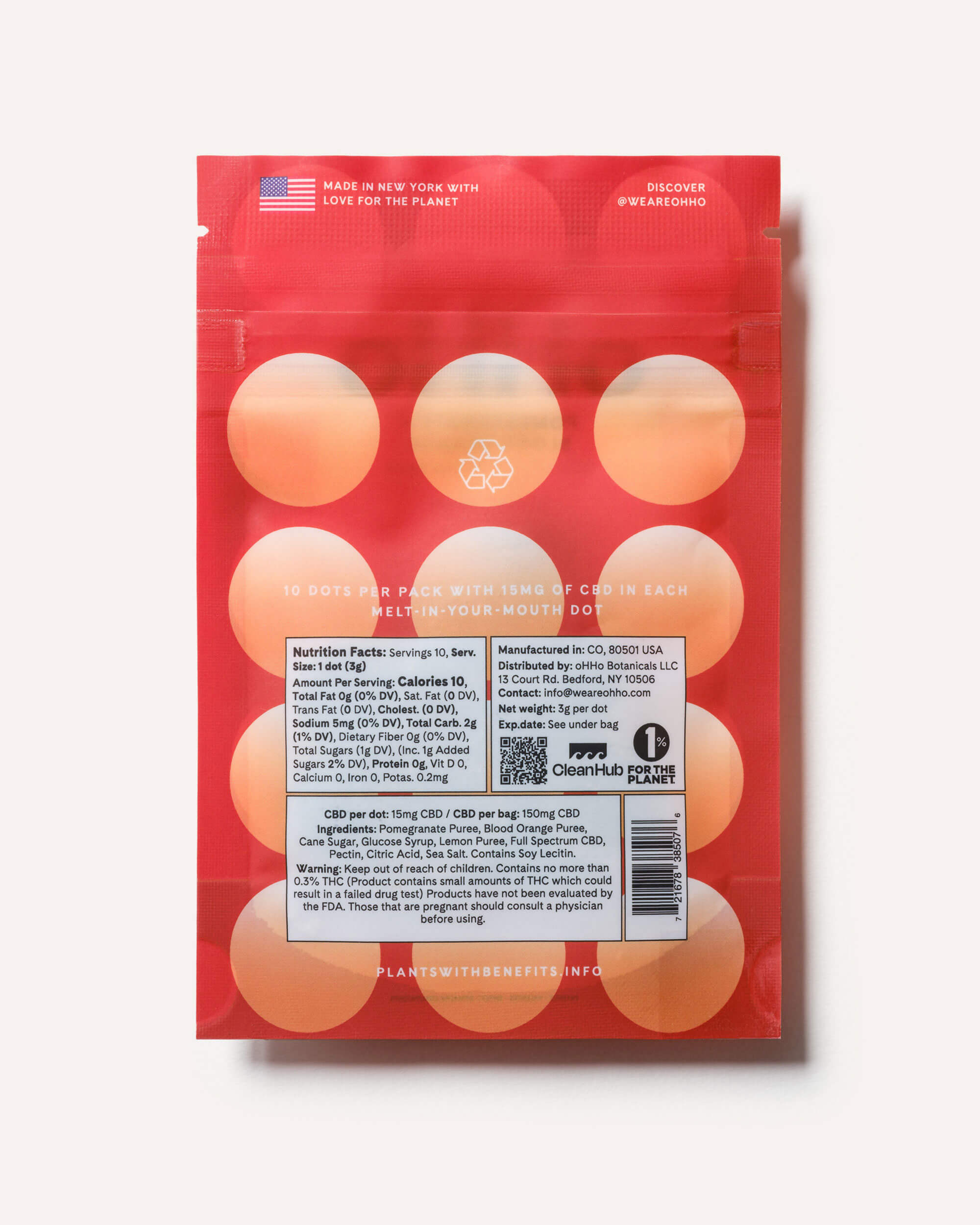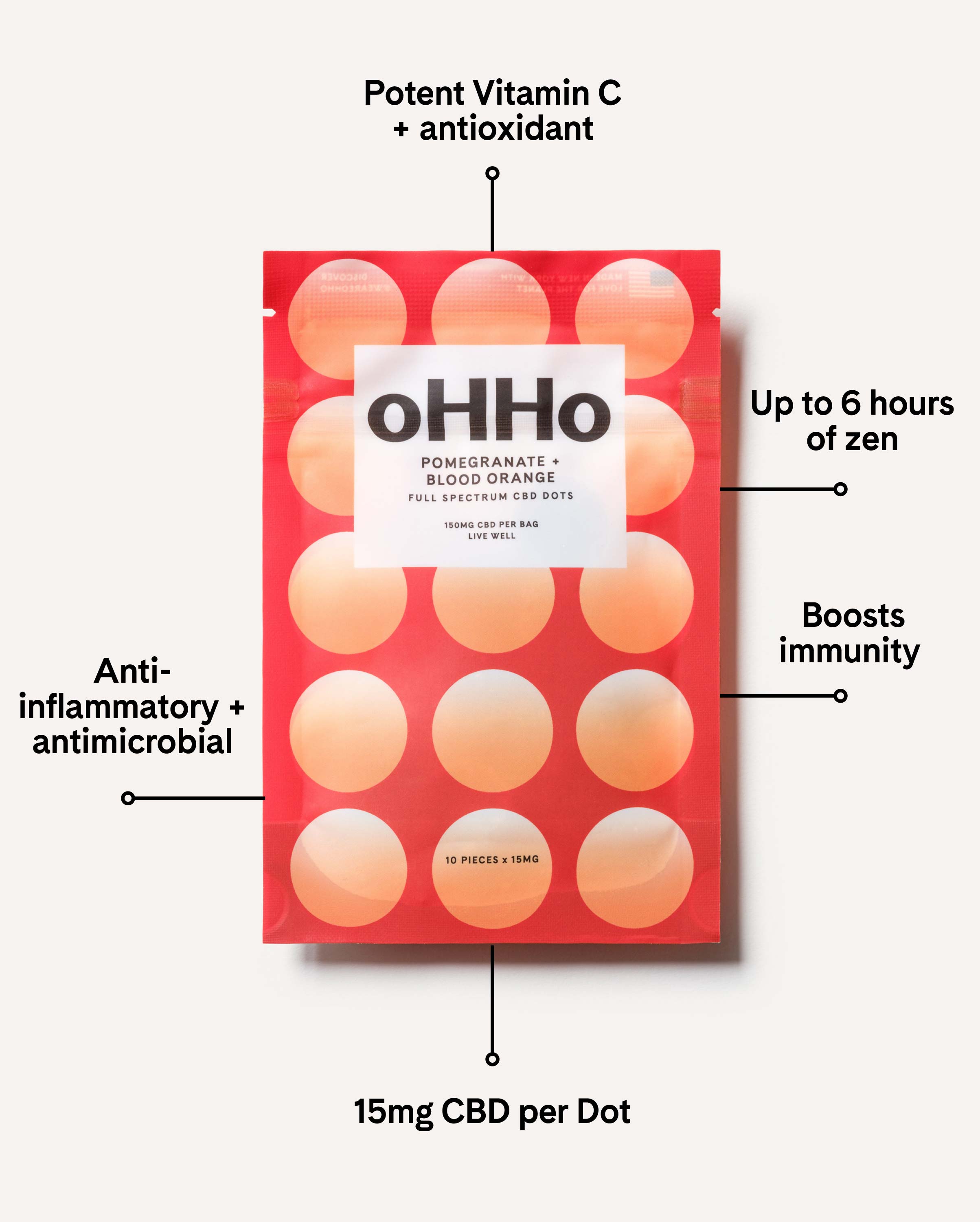The Biphasic Effects of Cannabis

Have you ever had an alcoholic drink and noticed how energized and chatty you become? And have you also noticed that if you continue to consume alcohol you become exhausted and quiet? This is because alcohol has a biphasic effect meaning ‘two phases’. A drug's low and high doses cause opposite effects.
Cannabinoids have this biphasic effect. THC is perhaps more noticeable in this respect. Low doses can make you feel relaxed and help you unwind, whereas higher doses can cause the heart to race and create feelings of anxiousness and paranoia.
This is particularly common in today's strains of cannabis which contain very high levels of THC with no other cannabinoid content. Cannabis that contains THC with CBD is less likely to cause this kind of effect as CBD provides anti-anxiety benefits and essentially puts a ceiling on how high you can get on THC.
Memory impairment associated with high levels of THC is commonly experienced yet evidence shows that at very low doses THC can slow down neurodegenerative diseases such as Alzheimer's Disease
Animal studies on THC have shown these biphasic effects with THC:
What is actually going on is the hippocampus processes chemicals entering the body. Different amounts of these chemicals have different interactions with key neurotransmitters in the brain as well as dopamine and serotonin receptors.
CBD is also biphasic although the effects are less noticeable than with THC. Although the science on humans is still theory, studies suggest that low doses of CBD are more stimulating and higher doses present a more relaxing or soporific effect. It is important to recognise these theories are not conclusive.
At oHHo we have always had the Start Low, Go Slow mantra. Starting at 0.25ml and gradually moving up to 0.5ml over 1 or 2 weeks shall help you find the CBD dose that works for you and helps you avoid the biphasic contrasts.
With THC, take 1, 2 or 3 puffs on a joint / 2.5mg of a gummy, wait 20 / 40 minutes to see whether you need more.
DISCOVER

